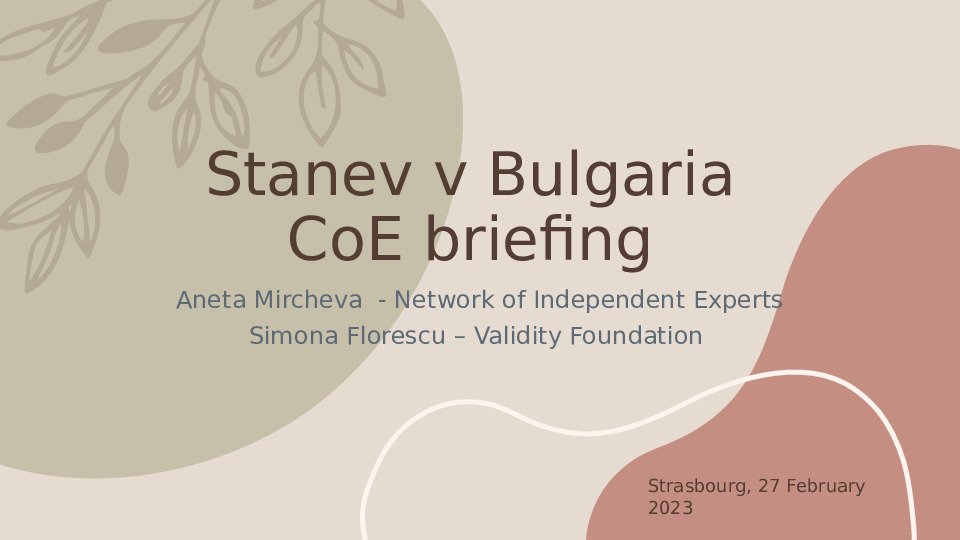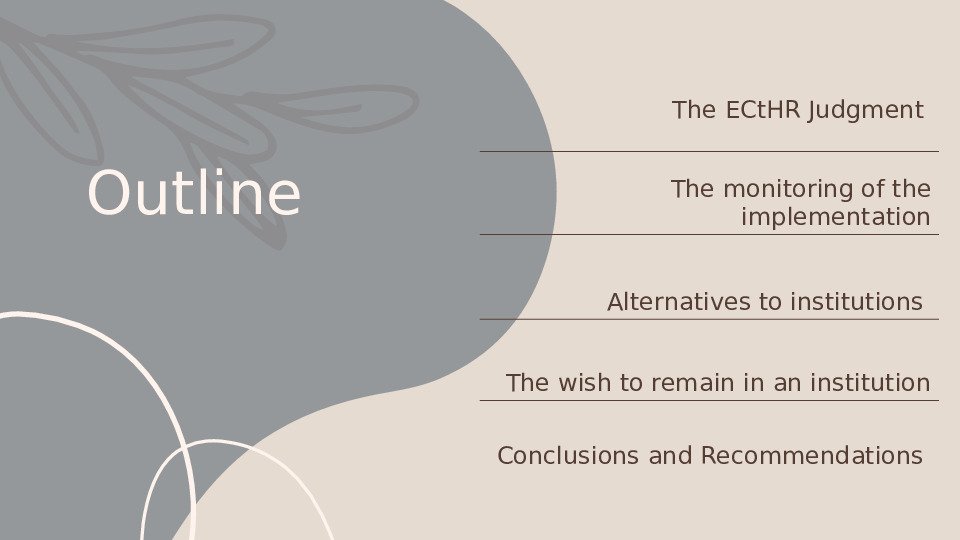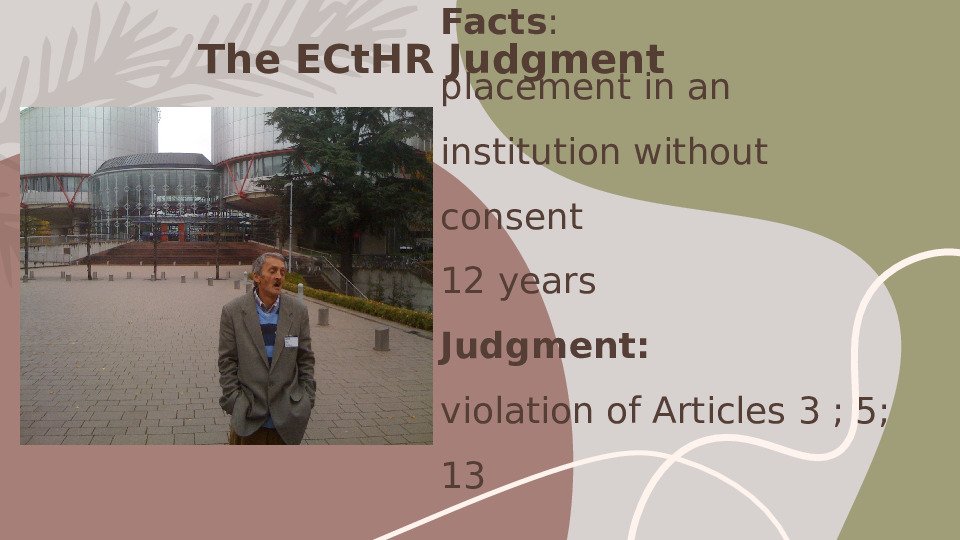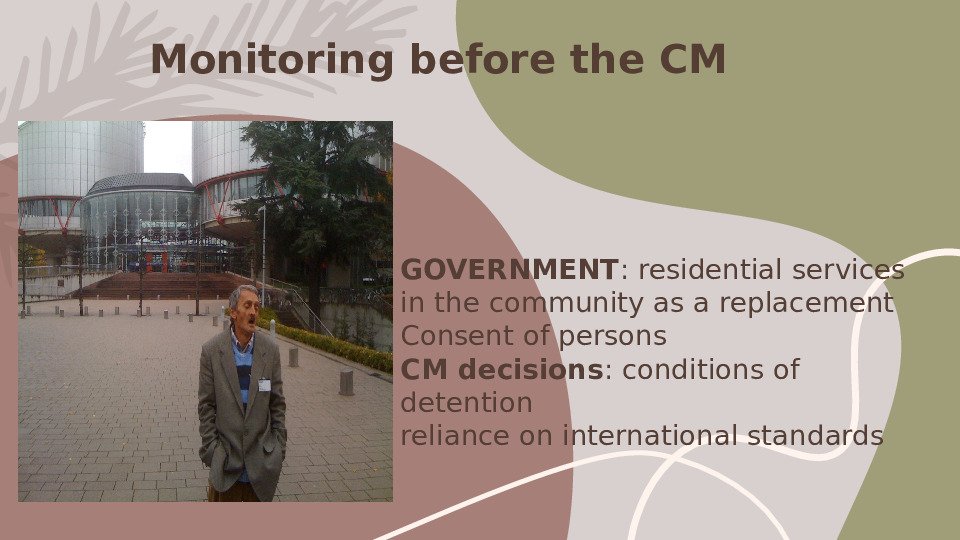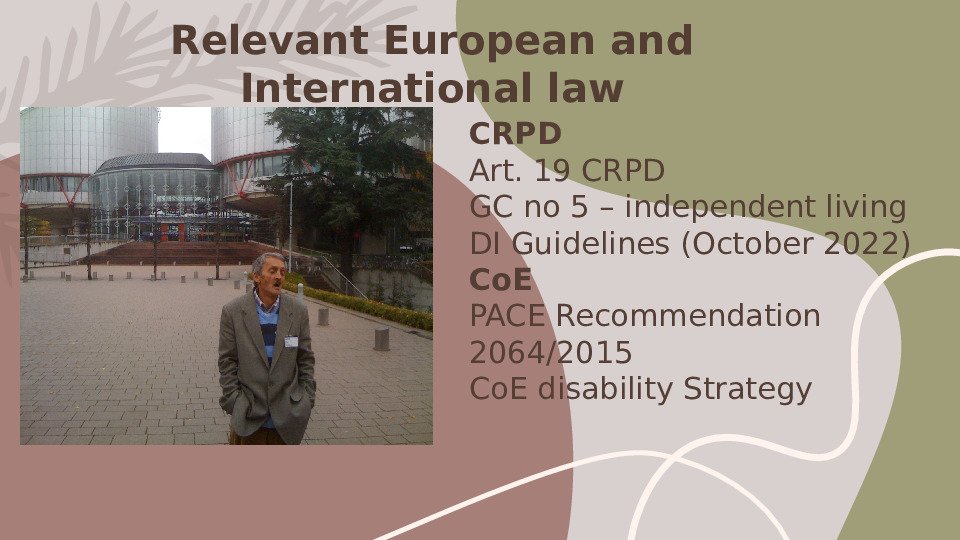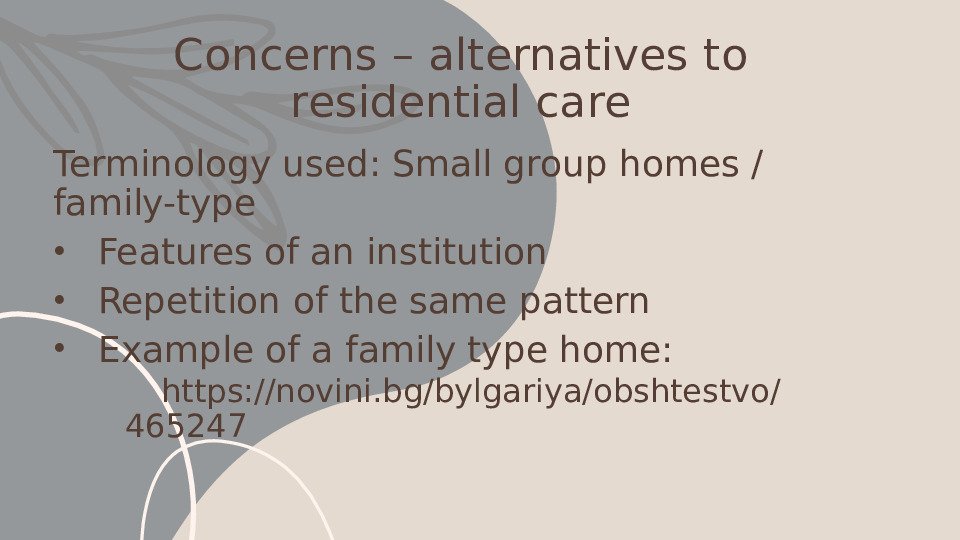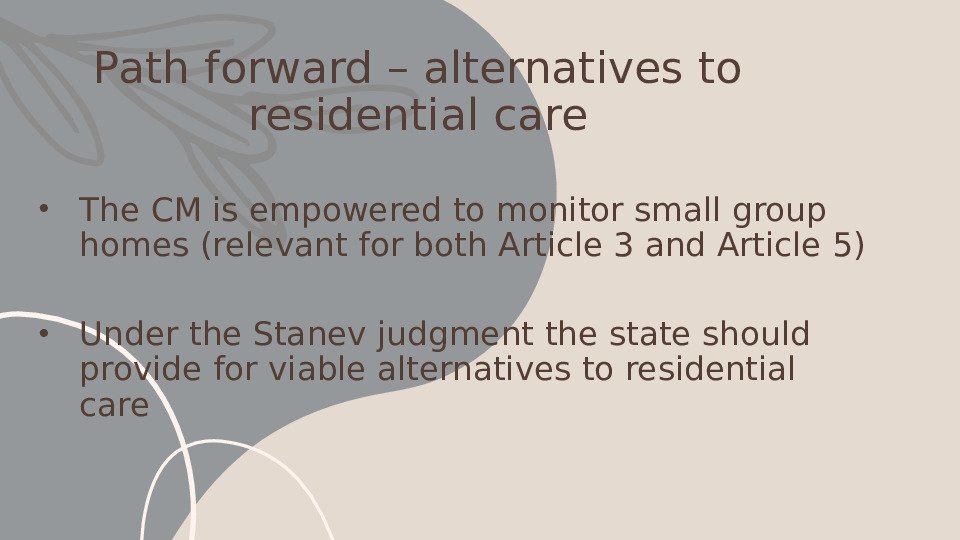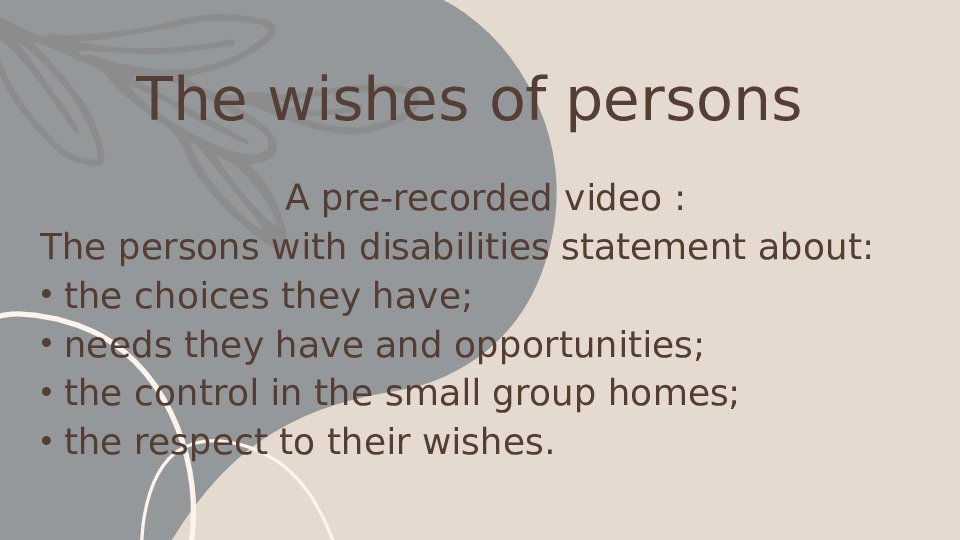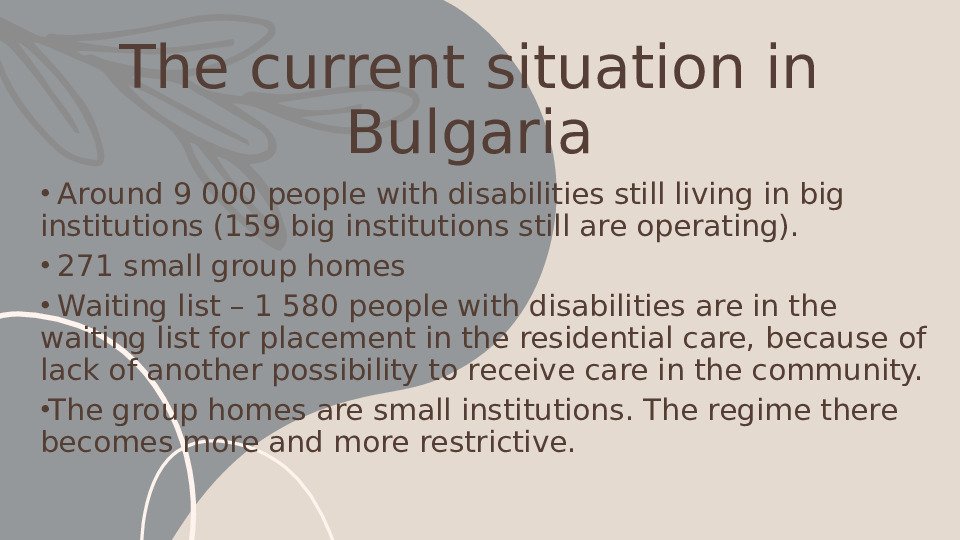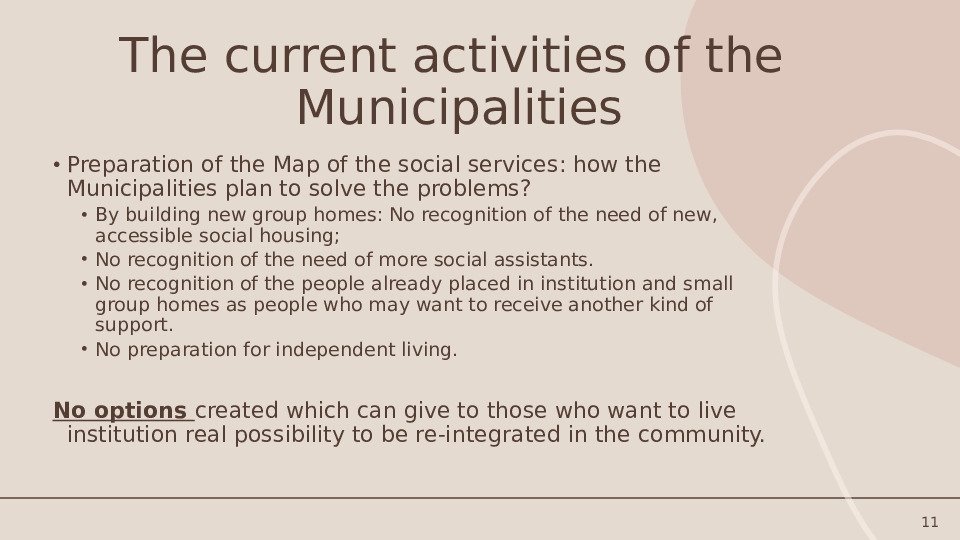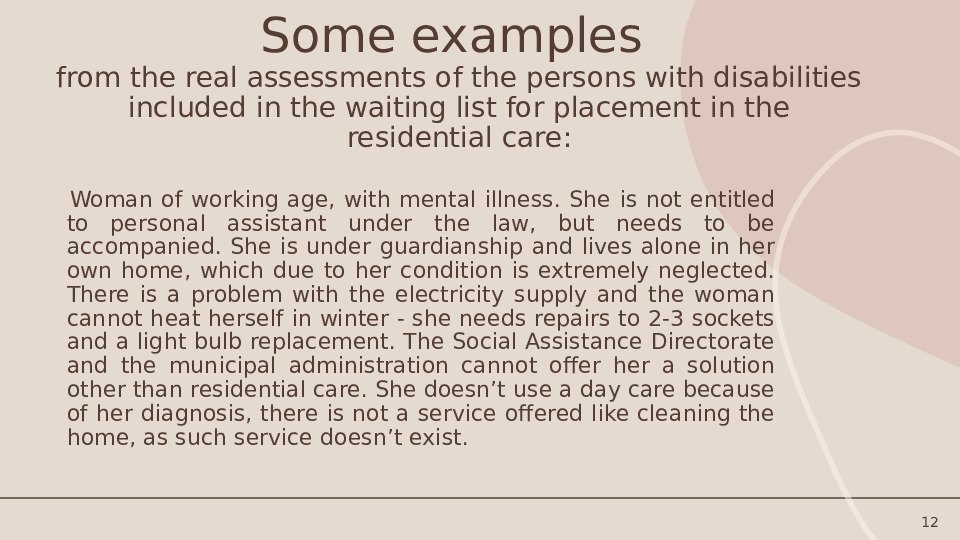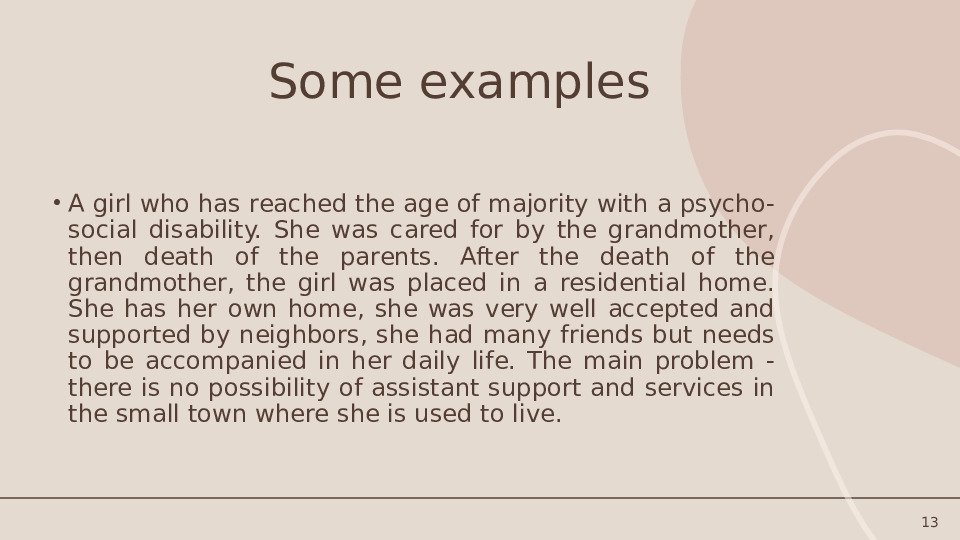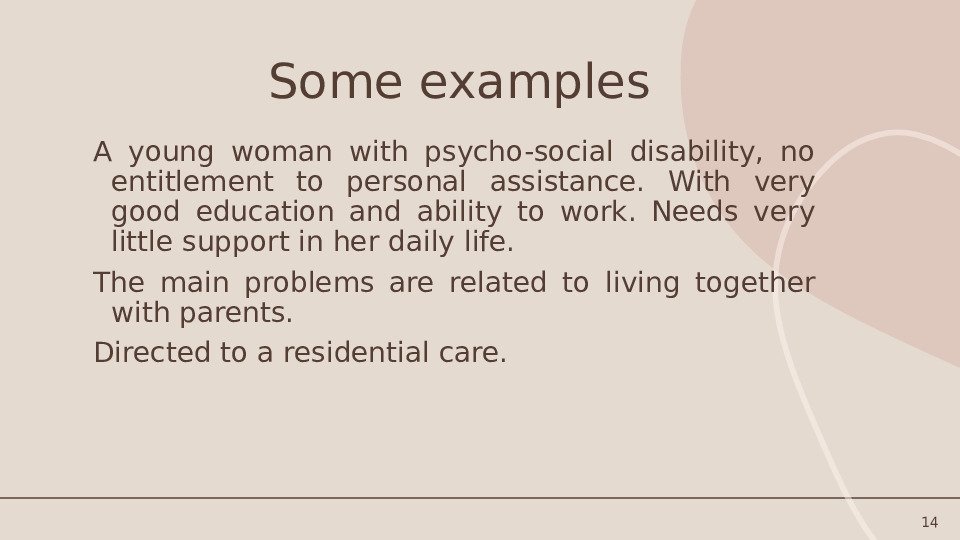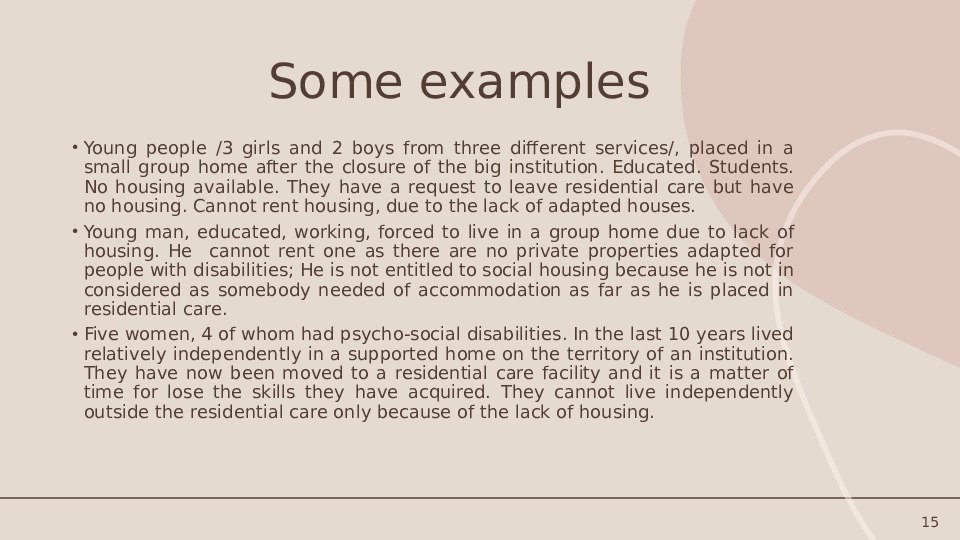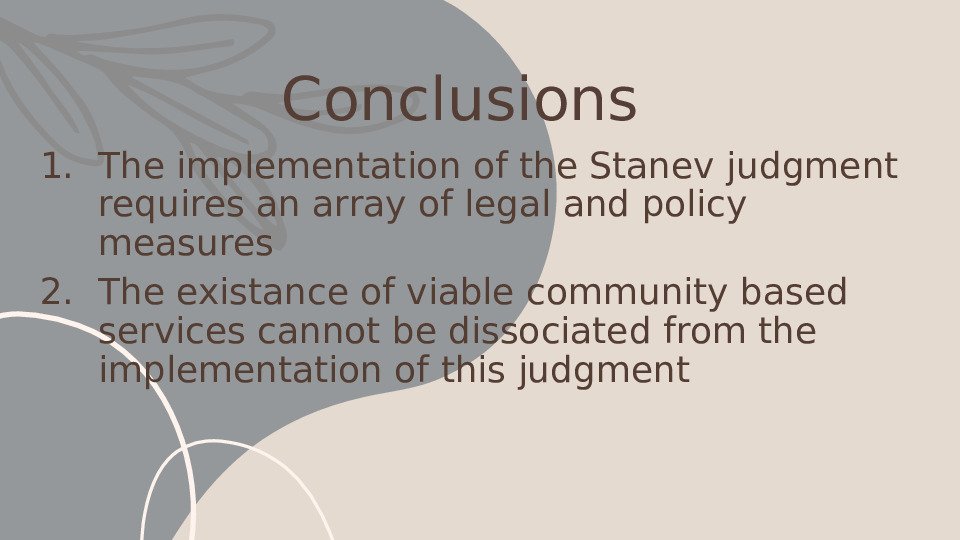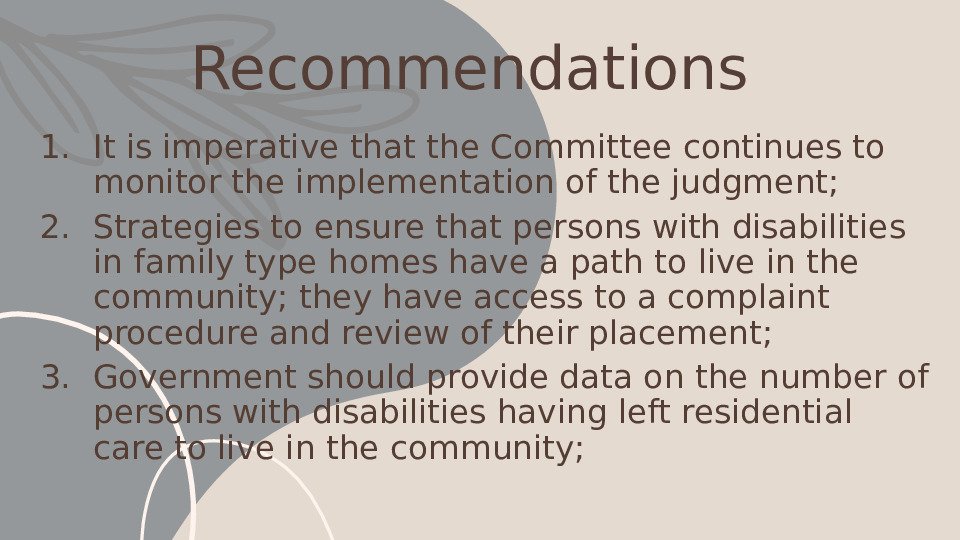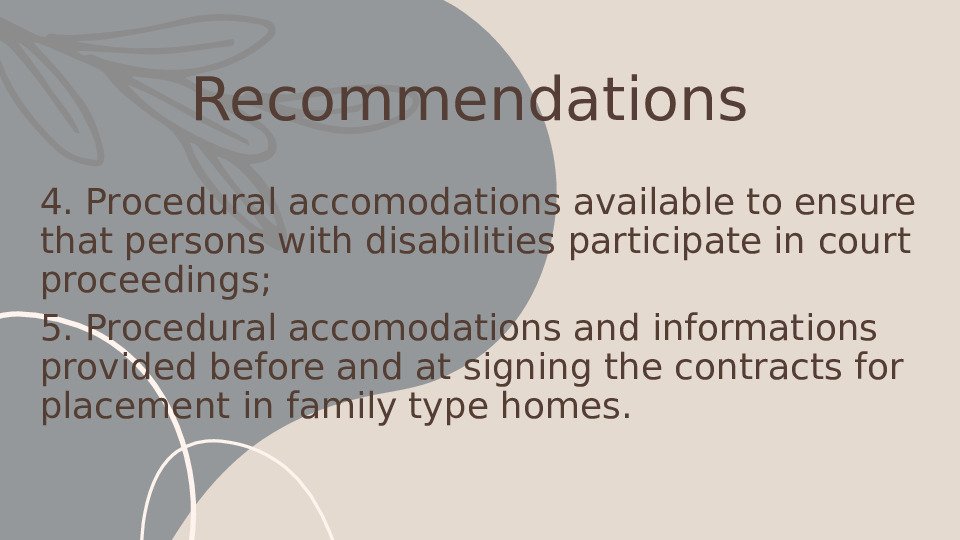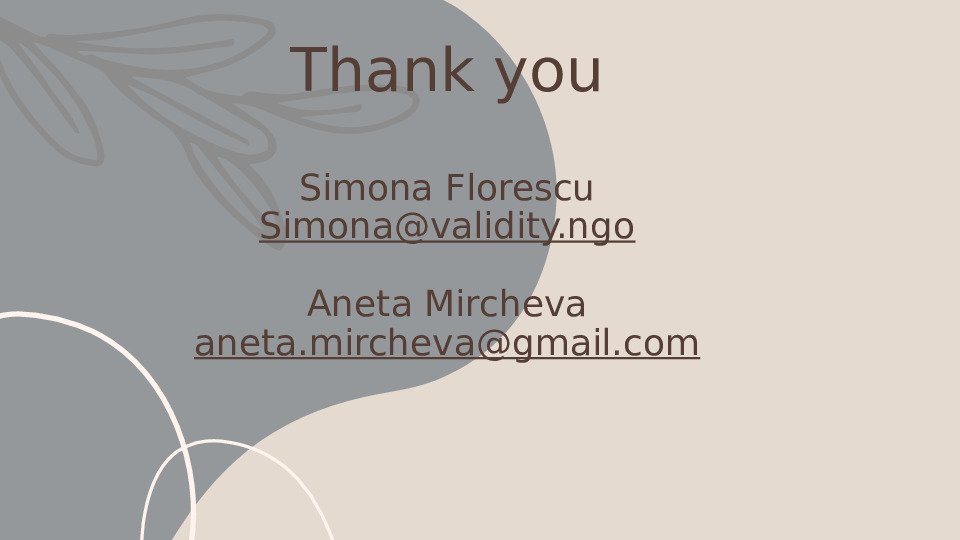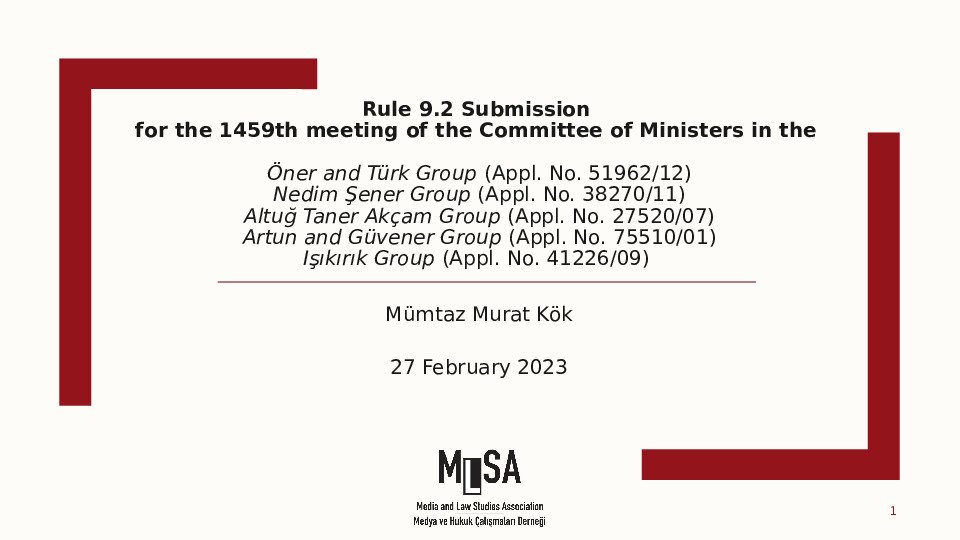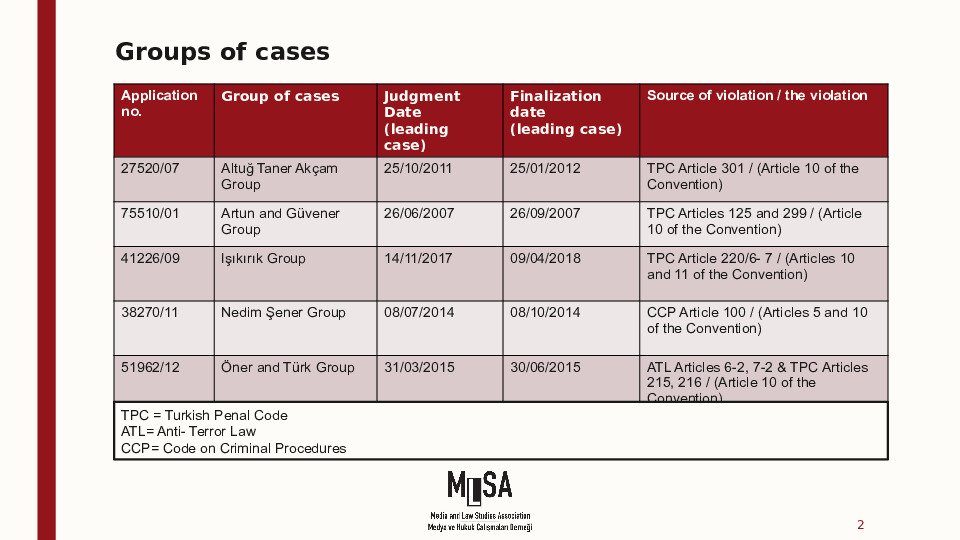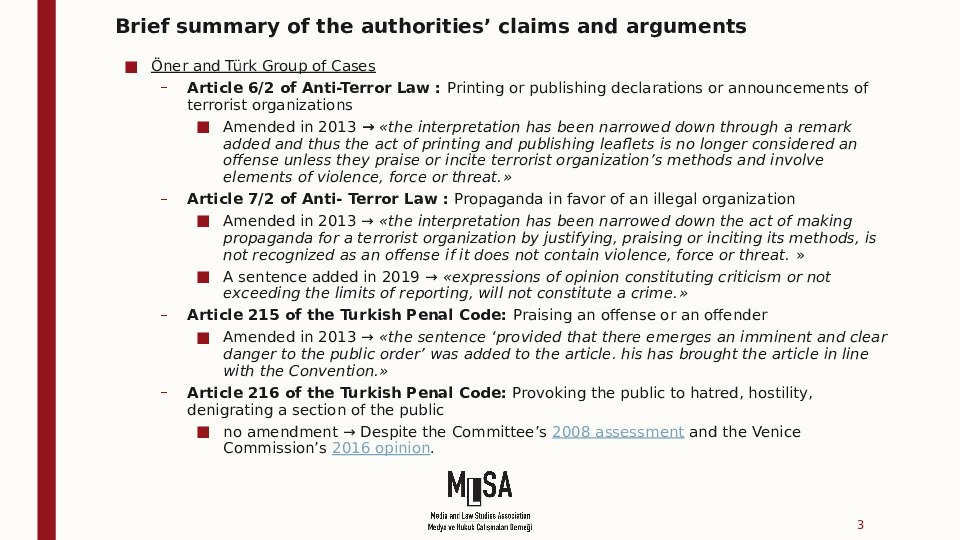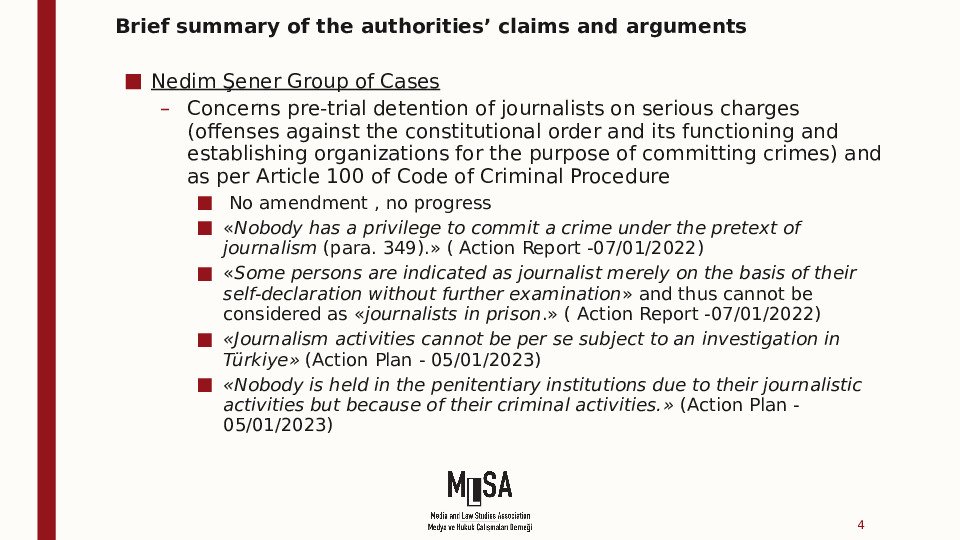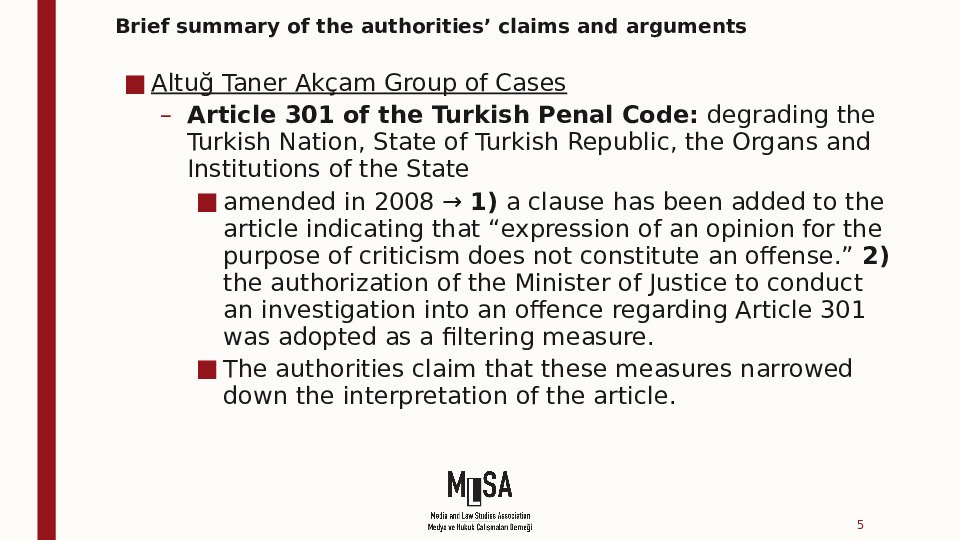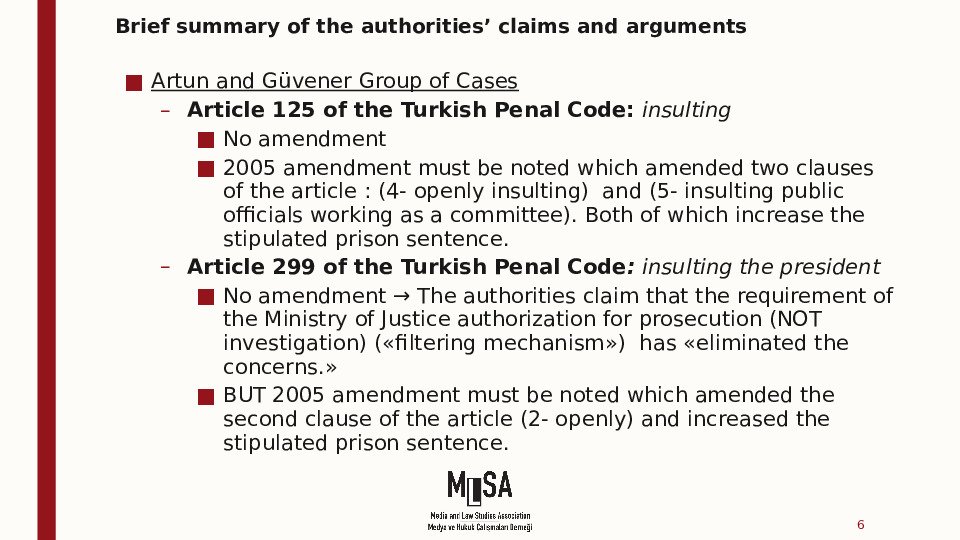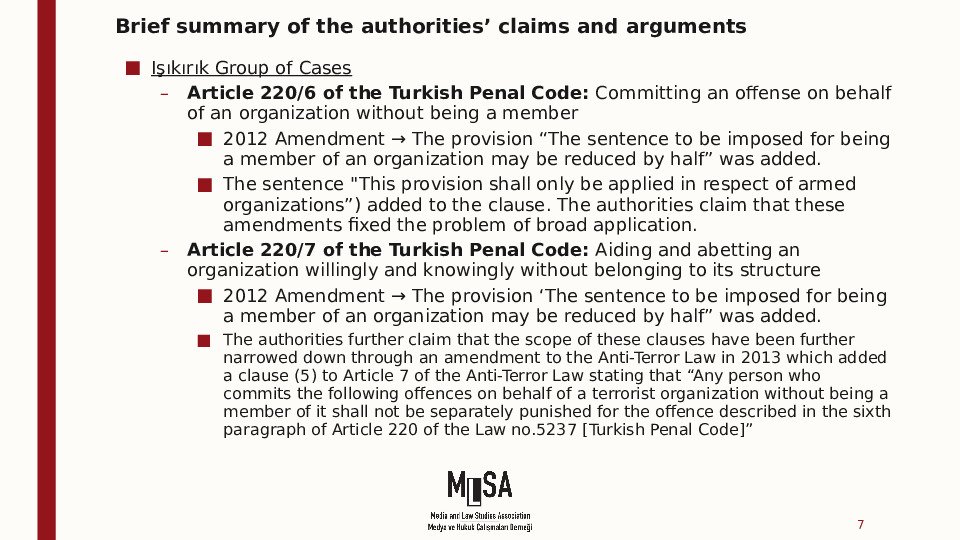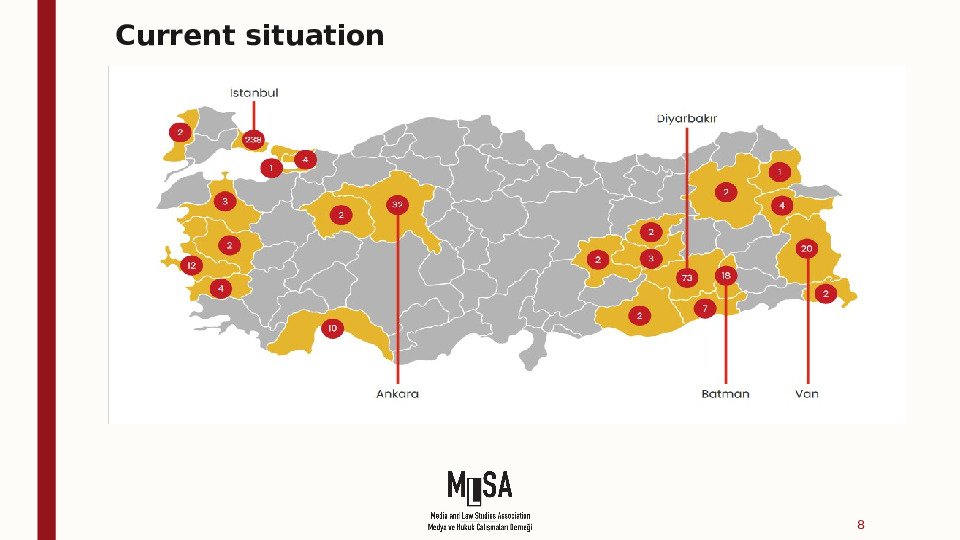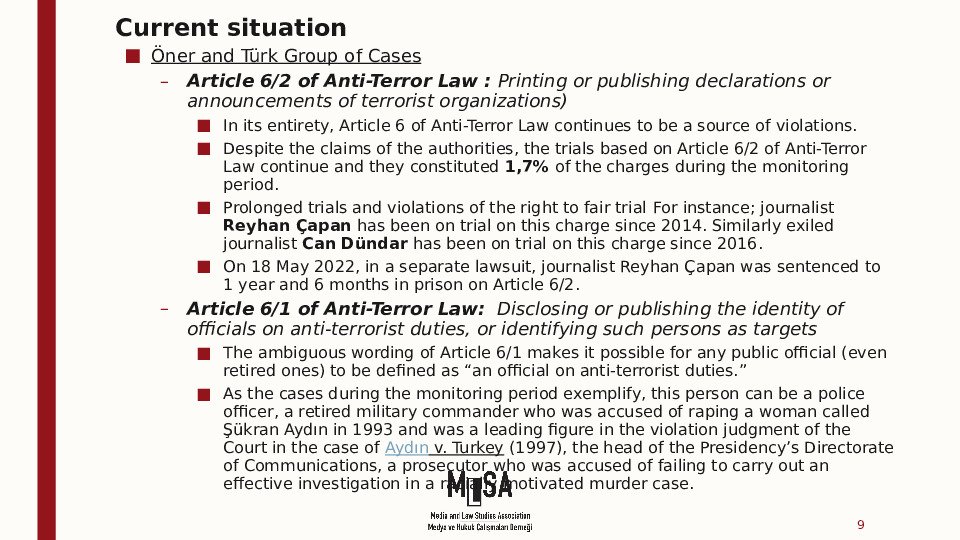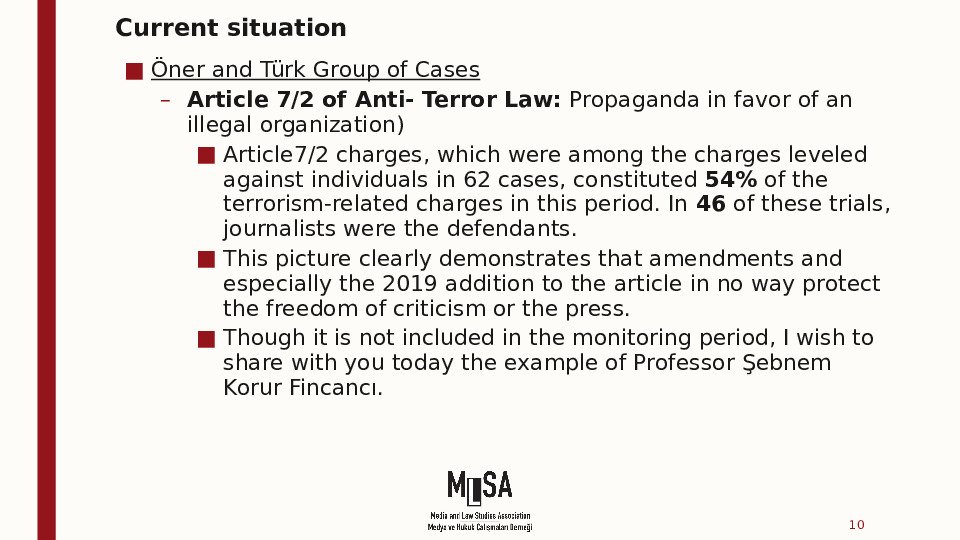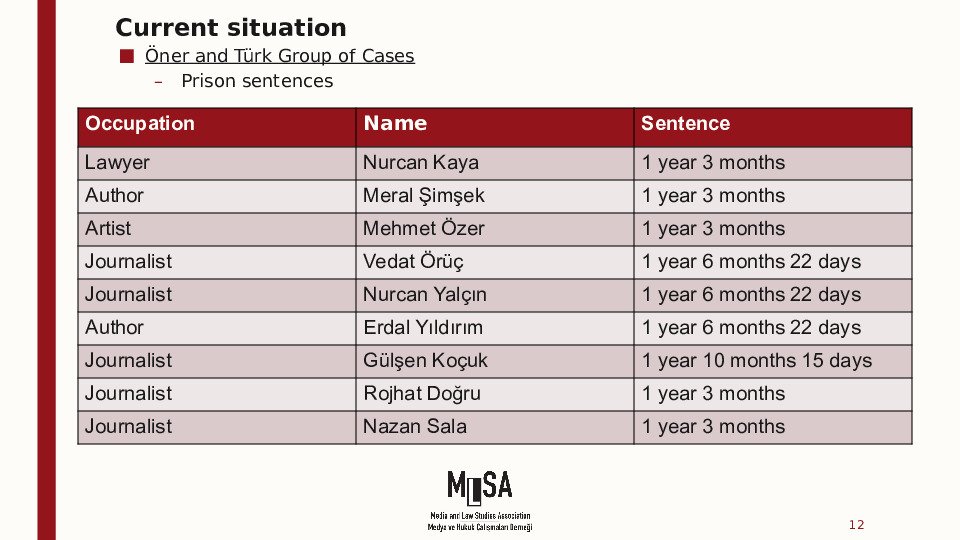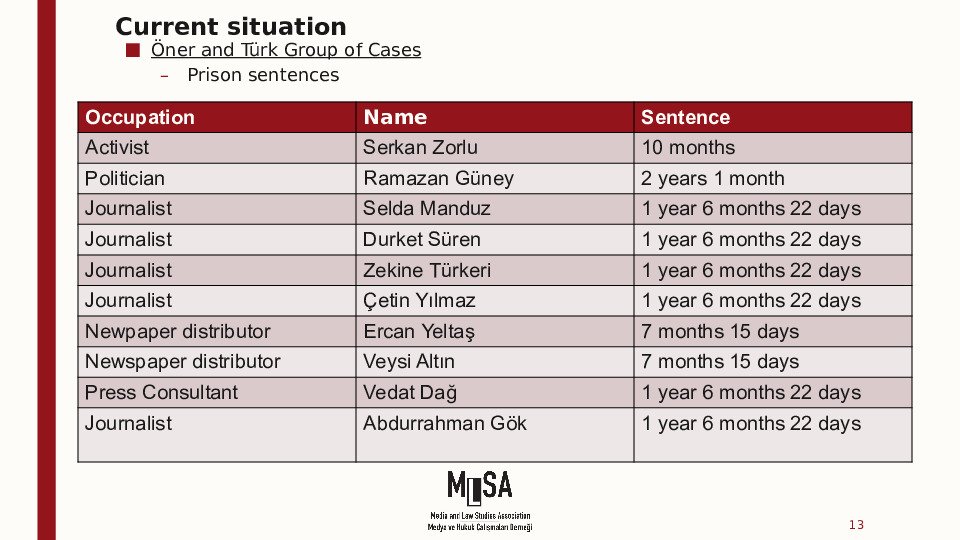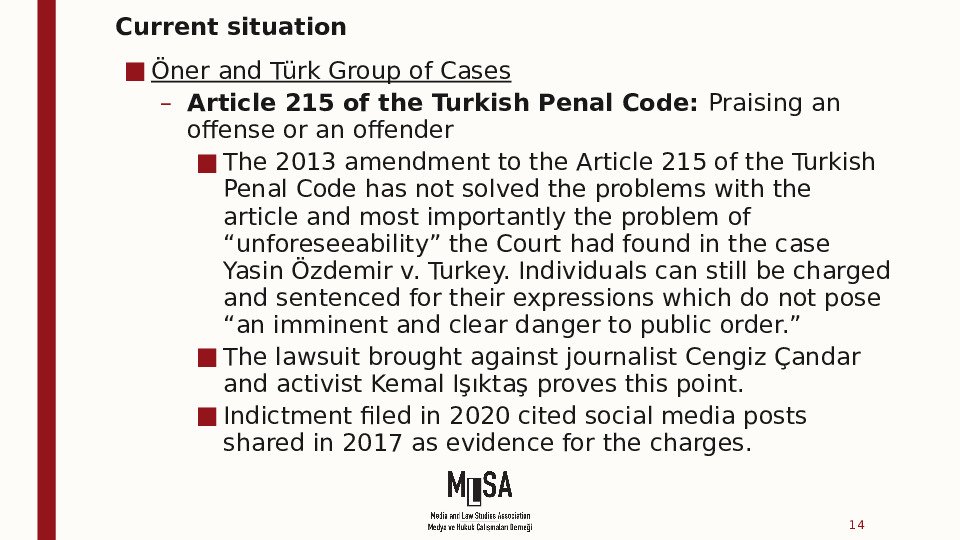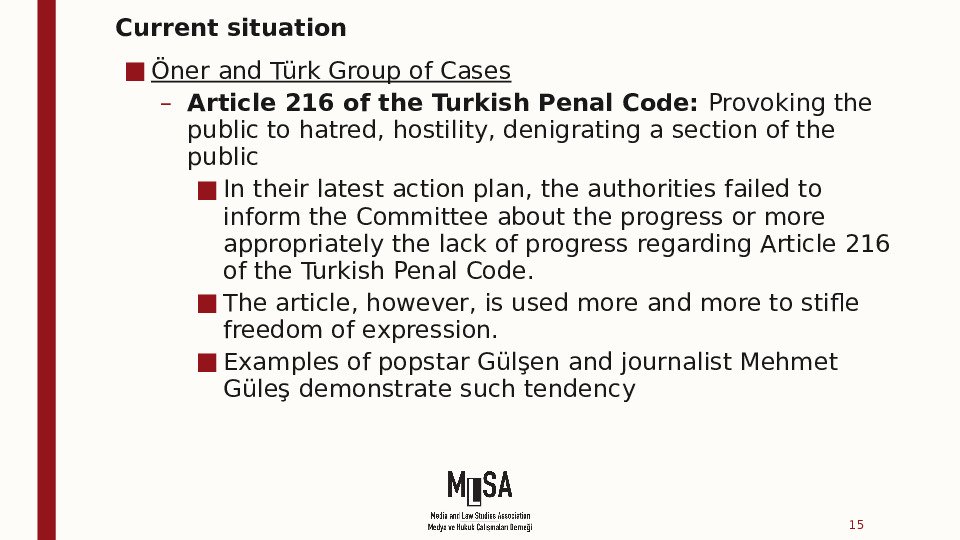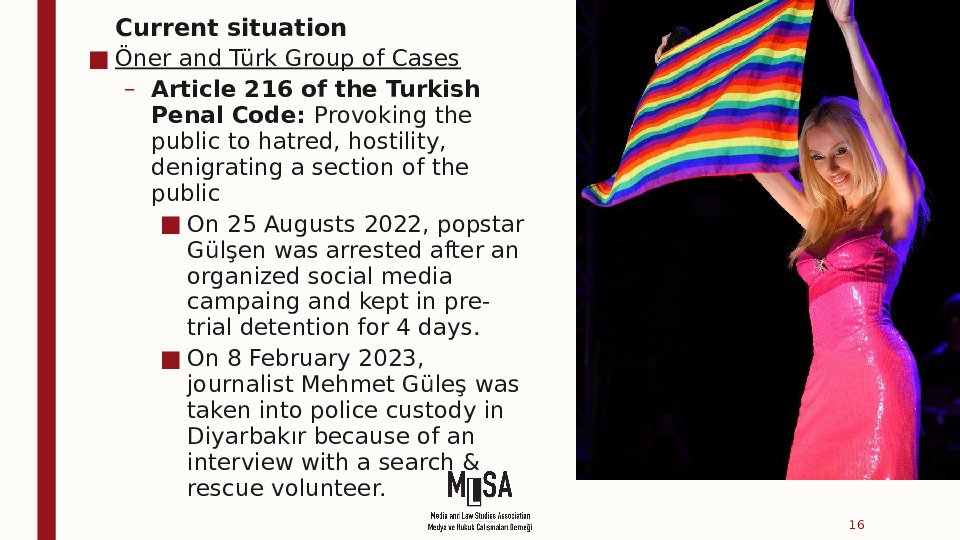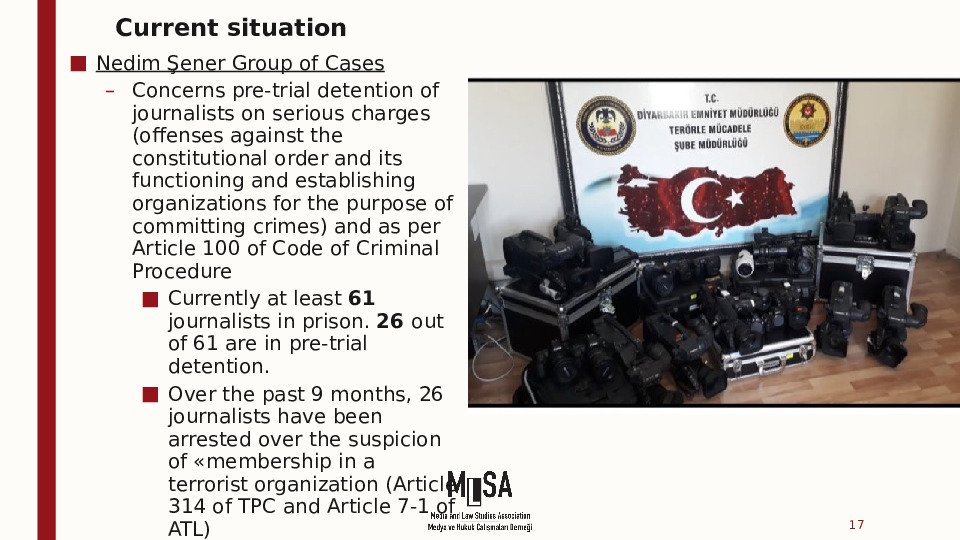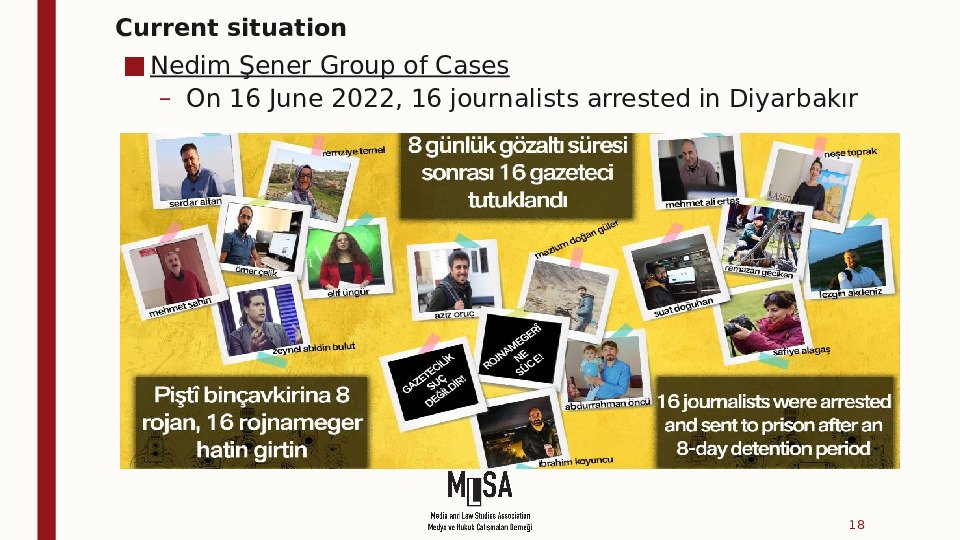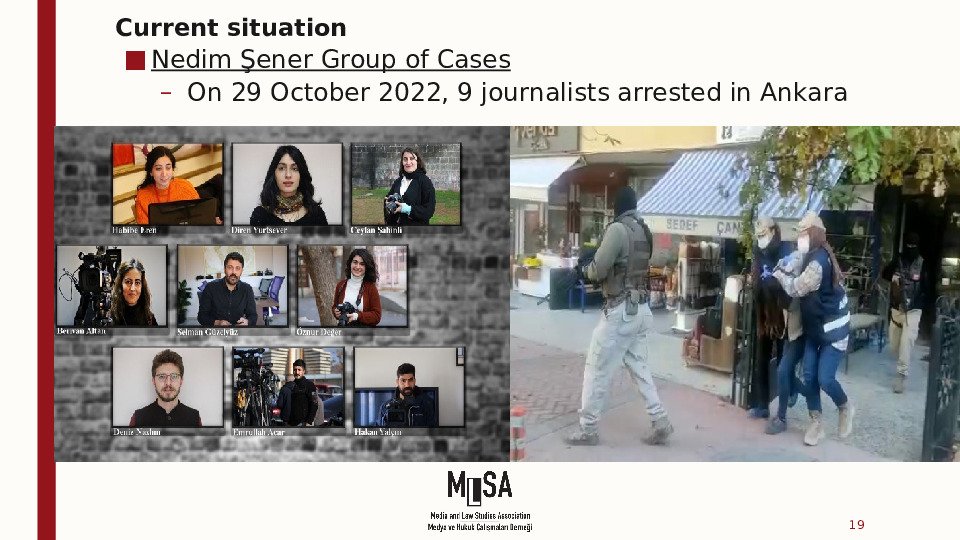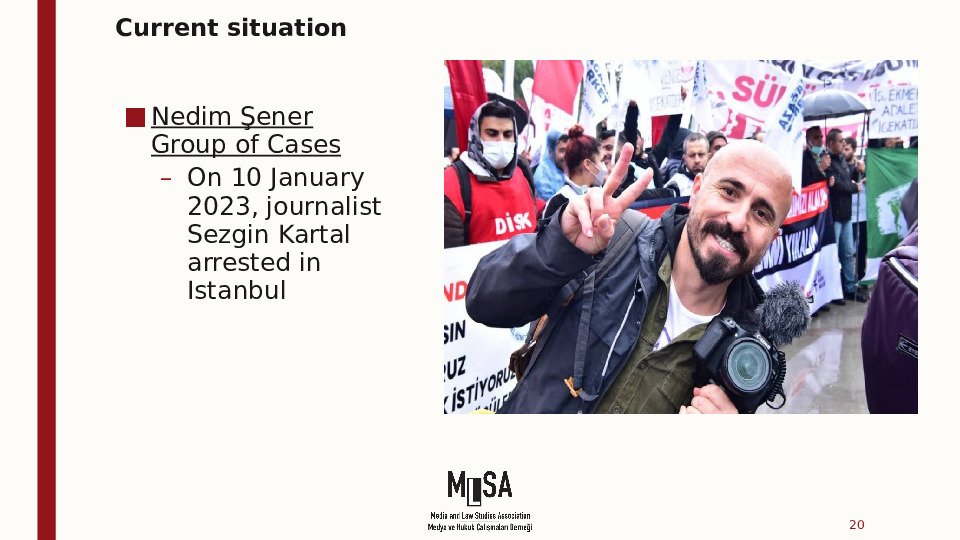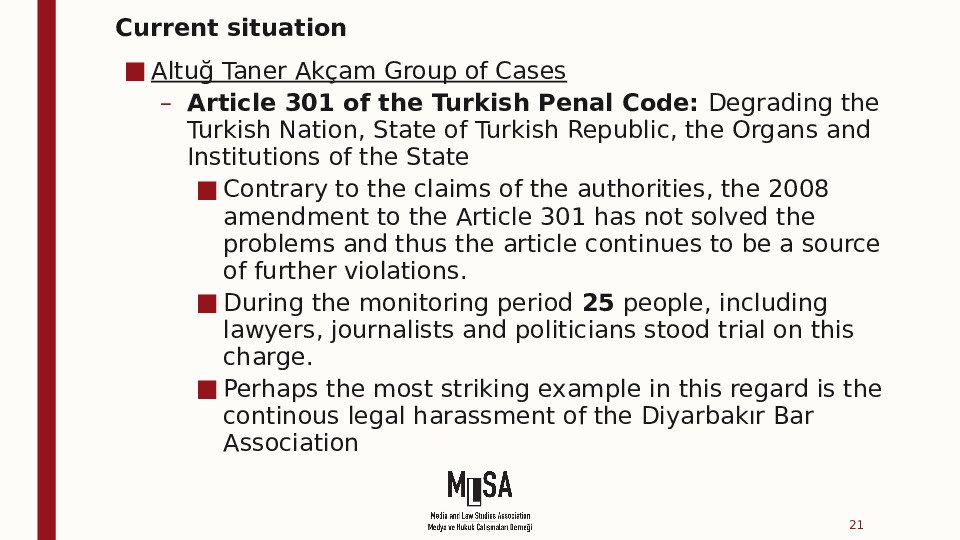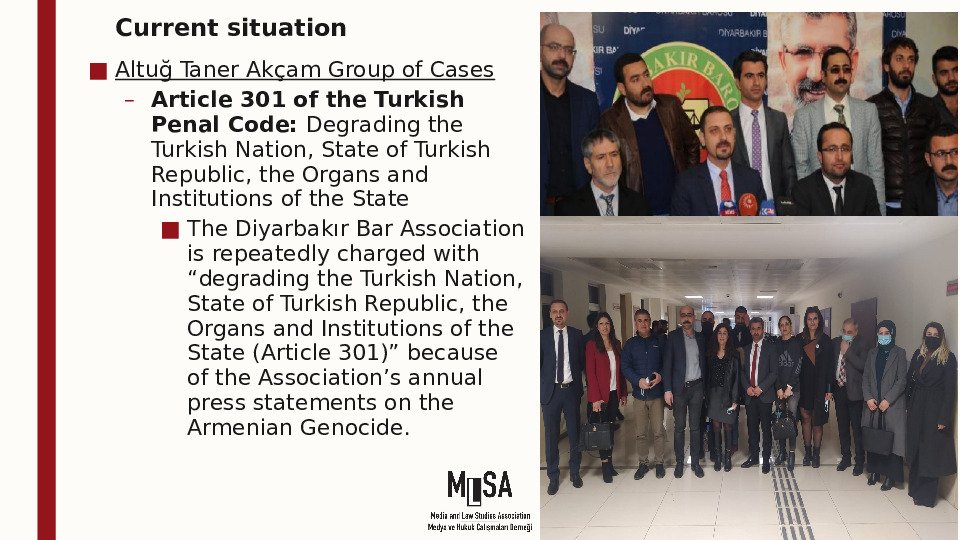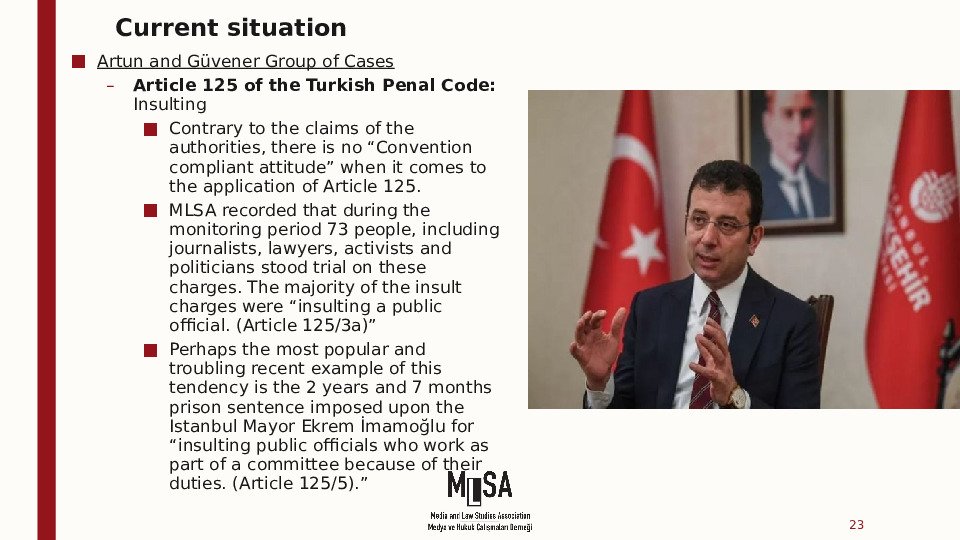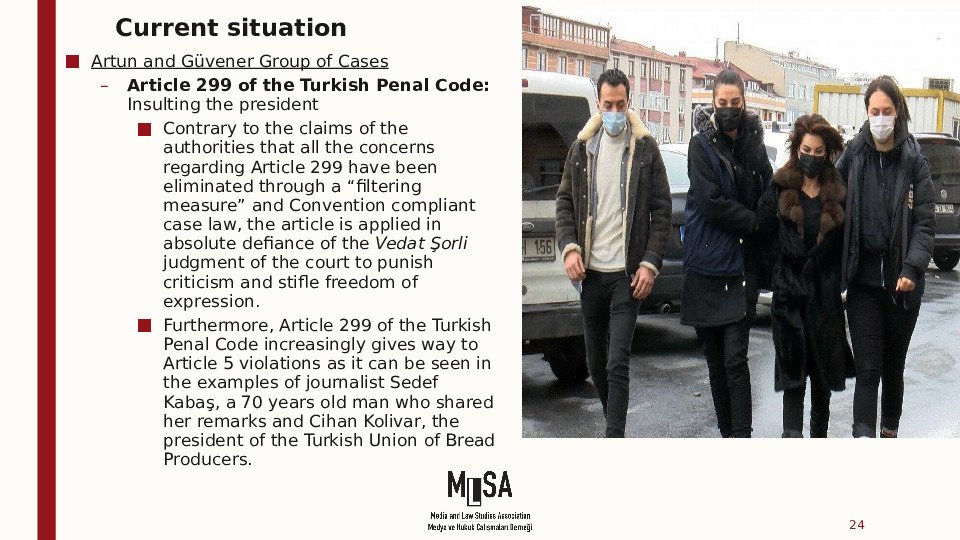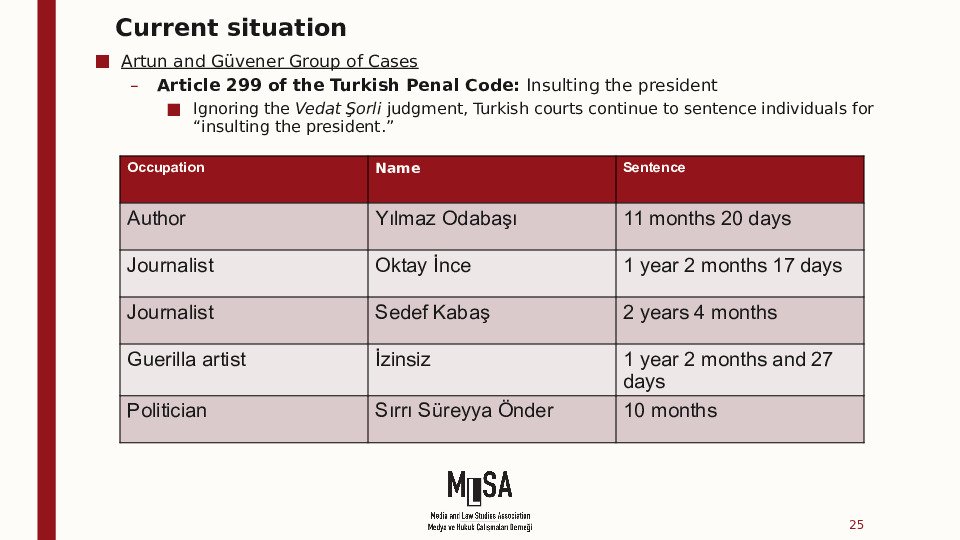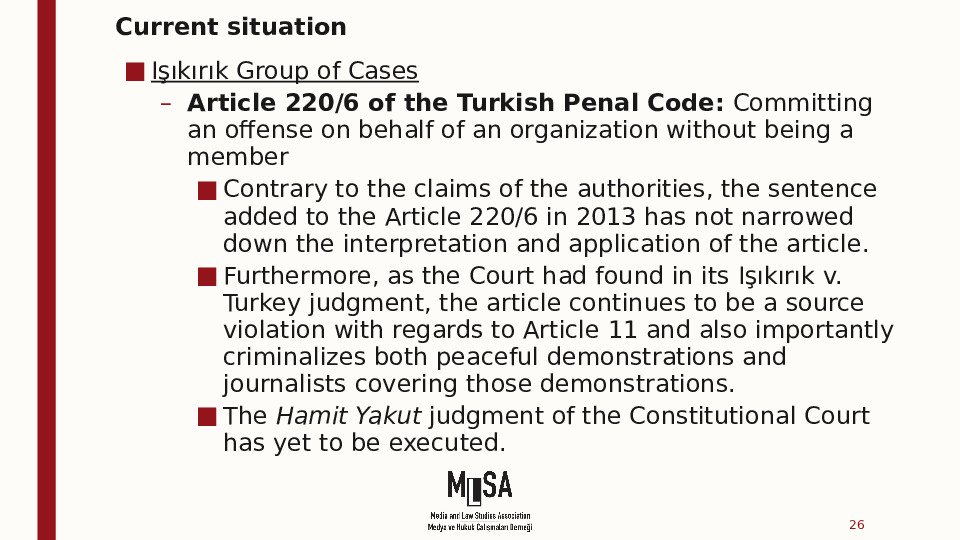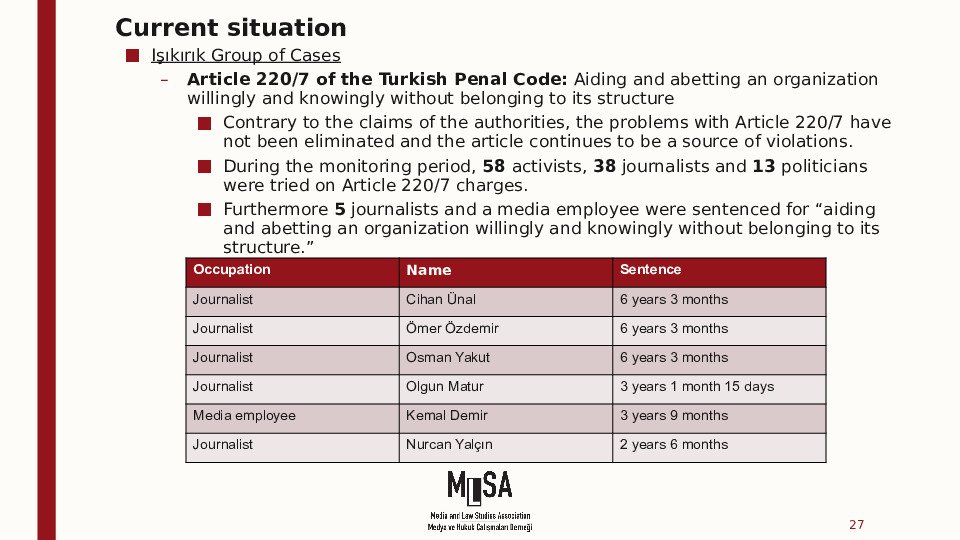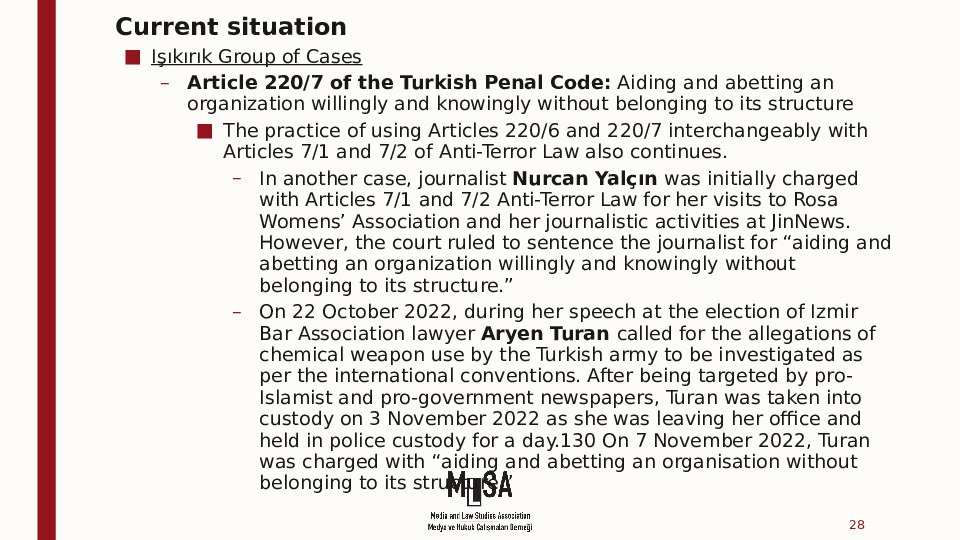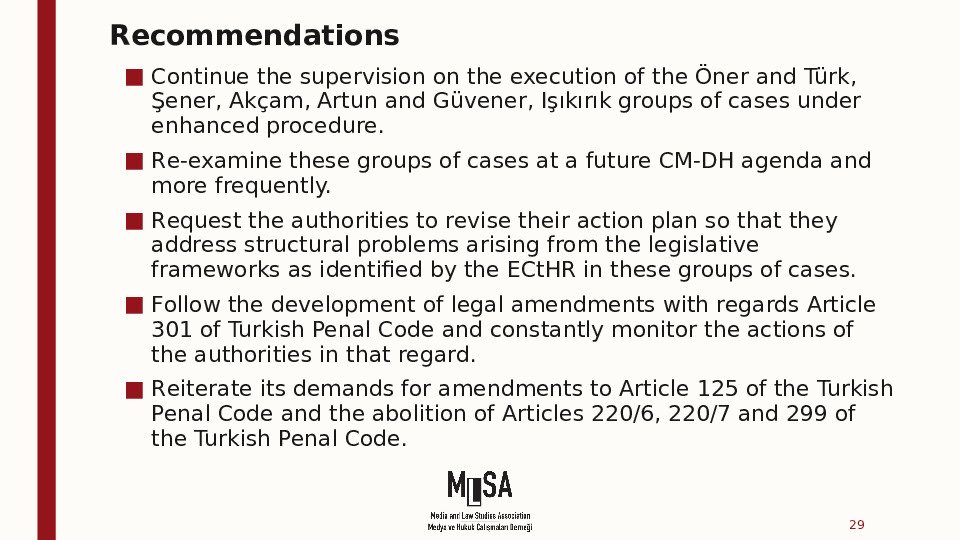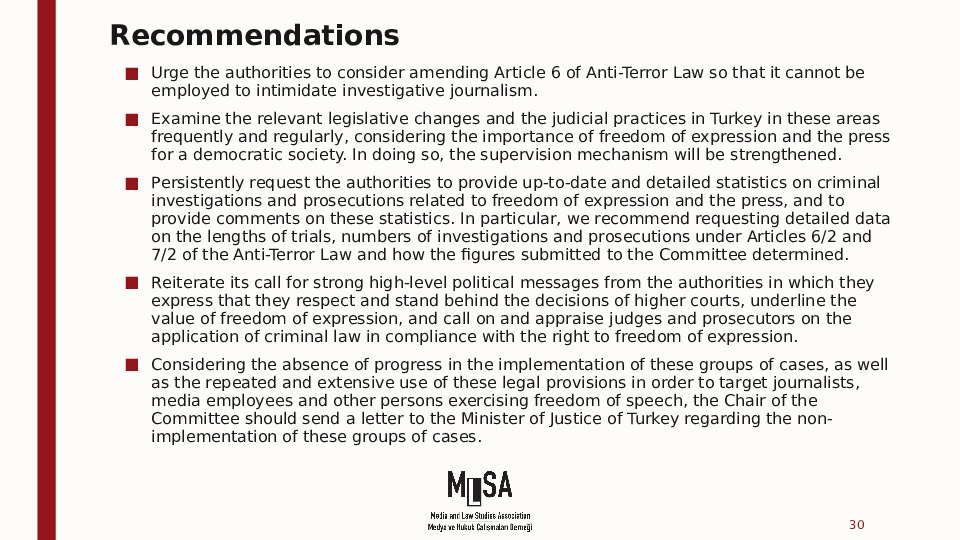Trapped between the ECHR and the UN CRPD: how both the non-implementation and the implementation of ECtHR judgments concerning mental disability risk prolonging an invisible human rights crisis
/by Ioana Iliescu, EIN Law and Advocacy Officer
Introduction
Leading judgments of the European Court of Human Rights (“the Court”) concerning psychiatry and mental health have proven to be one of the most challenging systemic human rights issues to address. Their implementation requires political will, national capacity, a high amount of financial and human resources, as well as overcoming stigma and achieving a paradigm shift at societal level.
Romania has thirteen leading judgments pending implementation before the Committee of Ministers which concern psychiatry and mental health, by far the most of all Council of Europe states on this thematic. In June 2023, the Committee of Ministers will examine six of these cases, which concern issues ranging from, inter alia, the need for an independent and effective system of legal protection for vulnerable adults, overcrowding and poor material conditions in psychiatric hospitals and the lack of safeguards for involuntary placement in psychiatric hospitals. The fact that the Committee of Ministers is taking a strong interest in these cases is highly welcome, especially at a time when the Parliamentary Assembly of the Council of Europe and the Council of Europe Development Bank have also been active in addressing underlying causes of coercive practices in mental health settings.
This blog post mainly addresses the issues pertaining to the Centre for Legal Resources on behalf of Valentin Câmpeanu v. Romania, Parascineti v. Romania and Cristian Teodorescu v. Romania judgments, but the approach proposed herein is relevant for alleviating issues in the other disability judgments as well.
There is a serious humanitarian problem with regard to the respect and protection of the rights of persons with mental disabilities living in institutional settings in Romania. This blog argues that the only effective way to address the problems identified in these judgments is through a human rights-based approach to disability, which includes the creation of proper community-based care services available for persons with disabilities, and de-institutionalization. This is required by the UN Convention on the Rights of Persons with Disabilities (UN CRPD). However, in previous instances concerning similar issues, the Committee of Ministers has encouraged the creation of “medical residential centers” and the direction of a ‘deinstitutionalization’ strategy in Bulgaria which is faulty. The latter has been highly criticized for being contrary to the UN CRPD, as it moves people from large institutions to smaller buildings. This approach is both unnecessary and harmful. The Committee of Ministers should take into account the human-rights based approach prescribed by the UN CRPD in such cases, in order to ensure the development of effective long-term solutions to these systemic problems.
A serious, invisible humanitarian issue: persons with disabilities in mental health institutions
Persons with mental disabilities living in institutional settings in Romania do not have sufficient access to justice to lodge numerous (or even few) applications before the Court, although the human rights violations they face are systematic, wide-ranging, and affect approx. 30 000 people in Romania[i]. They are subjected to ill-treatment, medical neglect, and abuse; they live in overcrowded, poor material conditions of detention. They are placed in institutions by their legal guardians or the state, with whom they are often in a conflict of interest or have never met. When they are voluntarily committed, it is mainly due to a lack of alternative options in the community. Even if they want to leave mental health institutions, they are pressured and manipulated to remain. They are unable or afraid to complain, as they are fully dependent on the staff and management of the institutions where they are placed. Nils Muiznieks, former Council of Europe Commissioner for Human Rights, in his 2014 address to the PACE Committee on Equality and Non-Discrimination explained: „Many who could otherwise function in the community without a great deal of support have become unable or afraid to leave these institutions, because they have known nothing else” and this pattern “cultivates a feeling of helplessness; (…) erodes one’s confidence in one’s ability to make choices; (…) deprive(s) people of life experiences and skills needed to build up autonomy and identity”.
When supervising and implementing these judgments, consideration must be given to this vicious circle which defines life in mental health institutions[ii], and the web of underlying shortcomings which help cause it.
The need for a human-rights based approach to disability: community-based living and treatment alternatives as prerequisites to effective long-term solutions
A major underlying factor causing pressure on the psychiatric and social care system in Romania, leading to these violations, is the lack of alternative community-based mental health and social care services for persons with mental disabilities, including the lack of alternative living options. When such services and alternatives are unavailable, the only resort becomes placement in psychiatric hospitals and social care homes. However, according to the Court’s rulings, the deprivation of liberty of persons with mental disabilities is unlawful when compulsory confinement is not warranted (Stanev v. Bulgaria [GC], 2012, § 145). This is also problematic under other instruments of the Council of Europe and contrary to the standards of the UN Convention on the Rights of Persons with Disabilities. Compulsory psychiatric confinement (both de facto and de jure) cannot be warranted when it is caused by a lack of community services and alternatives. The overabundance of placement measures, due to lack of alternatives, leads to pressure on the mental health system, overloading it and giving way to violations.
Several practices, some of which have already been identified in previous CM-DH notes in the Cristian Teodorescu v. Romania case, contribute to the perpetuation of unlawful deprivation of liberty in psychiatric hospitals and the ‘system overload’: voluntary patients are de facto involuntarily detained, without the necessary legal safeguards; patients who do not require psychiatric treatment but do not have families or suitable accommodation in social care facilities remain under involuntary placements; persons with intellectual disabilities are subjected to involuntary placements in forensic psychiatric confinement (as a security measure), despite the fact there is no case for recovery from intellectual disabilities. Such practices could be avoided if effective community-based alternatives existed.
Furthermore, the overcrowding caused by excessive unnecessary placements, and insufficient staffing, taken together, diminish the capacity of psychiatric hospitals to abide by the legal provisions and respect legal safeguards concerning placements and periodic, timely reviews.
With regard to the new legal framework suited to the specific needs of people with mental disabilities[iii], which pertains to the implementation of the Centre for Legal Resources on behalf of Valentin Câmpeanu v. Romania judgment, alternative, community-based mental health and social care services are essential to ensure the effectiveness of this reform. The Romanian government, in their latest communication, discussed the new legislation on supporting the de-institutionalization process for adults with disabilities; the implementation of this law is key in ensuring the efficiency of the legal framework which is meant to provide a tailor-made responses for the independent representation of persons with disabilities. In addition, the judiciary gives weight to the living situation and independent life skills of persons with mental disabilities when assessing requests to vacate guardianship and determine protection measures.
Photo by Matthieu Rochette on Unsplash
Addressing the overcrowding and living conditions of detention in psychiatric hospitals, overcoming the deficiencies in the care of persons with mental disabilities in institutions, ensuring the efficiency of the reform on representation for persons with mental disabilities and putting an end to the practice of unlawful involuntary placements: these are all directly dependent on the creation of effective alternative community-based mental health and social care services, including living alternatives. Without these, the same paternalistic approach, the same prejudices, stigma and mentality, and the same human rights violations will continue to occur.
Concerns about the Committee of Ministers’ previous approach in disability cases validating trans-institutionalization
The Committee of Ministers is not legally bound to apply other human rights instruments which grant higher protection than the European Convention of Human Rights. This had led to a discrepancy between the standards of the UN CRPD and the jurisprudence of the Committee of Ministers in two Bulgarian judgments concerning psychiatry and mental health, which are pending implementation. For example, in Nencheva and others v. Bulgaria, the Committee “invited the authorities to finalise without delay the creation of 20 new medical residential centres”, while in Stanev v. Bulgaria, the Committee referred to measures adopted by the authorities, which “go in the right direction”.
This type of approach on the part of the Committee of Ministers may be seen as encouraging measures which help perpetuate institutionalization. The building of 20 new residential centers means that these institutions will be occupied for years by generations of children with mental disabilities, who will remain at-risk in institutional settings, rather than living in family-type settings as is their right.
As regards Bulgaria’s deinstitutionalization strategy, civil society, the UN and the Council of Europe itself have raised continuous concerns about the way Bulgaria is carrying out its’ deinstitutionalization strategy, by investing in the building of small institutions, and essentially moving residents from large buildings to smaller buildings. This tokenistic approach keeps people in institutions, unseen in society, and ensures that the same patterns continue, as the new institutions are built. Despite these concerns, the Committee of Ministers has stated the measures taken by Bulgaria “go in the right direction”, which, in the light of these criticisms, may raise objections from other human rights actors.
Positive developments in the Committee of Ministers’ jurisprudence in disability cases
On the positive side, in the Stanev v. Bulgaria case, in March 2023, the Committee did question the effectiveness of building new family type-homes in remote locations, where qualified staff and services are hard to come by. However, while the importance of location and qualified staff is undeniable, the creation of small new institutions remains a measure that violates the UN CRPD because it perpetuates institutionalization, even when these two key factors are addressed.
Another important positive development in the Stanev case, was that, in March 2023, the Committee also noted the importance of availability of social services when establishing new facilities in communities.
Photo by Christian GAFENESCH on Unsplash
The scope of implementation of the key Romanian leading cases on psychiatry and mental health is not identical with the Bulgarian ones[iv]. This means that it is unlikely that the Committee of Ministers would comment on how Romania is conducting its’ deinstitutionalization strategy, but it should still address the importance of proper deinstitutionalization and alternative community-based treatment and social services. In any case, the lessons learned above remain relevant in both national contexts.
Conclusion
There is a gap between the standards of the UN CRPD and the standards of the European Court of Human Rights, the latter being more lax when it comes to using coercive measures against people with mental disabilities[v]. Neither the right to liberty and security, nor the right to live independently and be included in the community (while not protected by the European Convention of Human Rights and thus not directly relevant for the supervision mandate of the Committee of Ministers), can be respected if persons with mental disabilities are subjected to institutionalization and deprivation of liberty based on their disability.
Clearly, implementation measures concerning psychiatry and mental health must remain within the scope of the judgement. Even when the scope of the case is narrow, these measures should not contravene other relevant international human rights instruments, such as the UN CRPD. At the same time, the scope must be seen and interpreted both in the letter and in the spirit of the law: the validation of formalistic measures which slow down the process of fulfilling other social rights, guaranteed by other human rights instruments, should be avoided.
Furthermore, while the wording of the judgments pending implementation against Romania does not explicitly dictate the need for alternative community-based mental health and social care services in order to address the issues in these judgments, their upcoming examination presents an opportunity for the Committee to develop its’ jurisprudence with a well-rounded approach and understanding of the circularity of human rights violations which defines the lives of many persons with mental disabilities living in psychiatric hospitals and social care homes, who need independent and effective representation, and the real causes behind these systemic issues. In order to ensure the development of effective long-term solutions to these systemic problems, the Committee should align its’ approach with the UN CRPD, rather than take a strictly formalistic approach based only on the wording of the ECtHR judgment.
Without alternative, community-based mental health and social care services, people with mental disabilities will remain trapped in unescapable patterns of human rights violations.
Footnotes
[i] According to statistics by the National Authorities for the Rights of Persons with Disabilities, on 31.12.2022, 16 418 persons with disabilities were institutionalized. According to the data from the Romanian Ministry of Health there are 16,073 psychiatric beds nationwide, out of which 8841 are in chronic wards.
[ii] This vicious circle is portrayed by the Gorbatyuk v. Ukraine case, which concerned the applicant’s impossibility to secure a review of her legal capacity. Before applying to the Court, she was living independently and working. Following the delivery of the ECtHR judgment, she was institutionalized by her guardian (the same one she had tried to have removed), and her state of health has severely deteriorated. The authorities have not paid just satisfaction to her, and her right to claim compensation has expired. She now remains under a conflict-of-interest legal guardianship, unable to claim compensation, unable to challenge the guardianship, deprived of liberty, living in an institution.
[iii] Relevant in the implementation of the Centre for Legal Resources on behalf of Valentin Câmpeanu v. Romania judgment; see the Romanian government’s updated communication on general measures, provided on 22 March 2023 (DH-DD(2023)354-rev).
[iv] For example, the Stanev v. Bulgaria cases concerns (inter alia) the unlawful placement in social care homes and the lack of judicial review, while the Romanian cases concern: the unlawful placement in psychiatric hospitals (Cristian Teodorescu v. Romania), the deficiencies in the legal protection and medical and social care afforded to vulnerable persons and the lack of safeguards and remedies regarding placement in both residential social care facilities and psychiatric hospitals (Centre for Legal Resources on behalf of Valentin Câmpeanu v. Romania).
[v] The Council of Europe itself has been criticized for promoting legislation on coercive mental health measures in Europe (through the draft Additional Protocol to the Oviedo Convention) by the Working Group on Arbitrary Detention; the Special Rapporteur on the rights of persons with disabilities; the Chair of the Committee on the Rights of Person with Disabilities and the Special Rapporteur on the right of everyone to the enjoyment of the highest attainable standard of physical and mental health, UN experts and international civil society: https://rm.coe.int/letter-un-bodies-to-sg/16808e5e28; https://www.hrw.org/news/2020/11/04/what-does-council-europe-have-against-people-disabilities ; https://news.un.org/en/story/2021/05/1092982





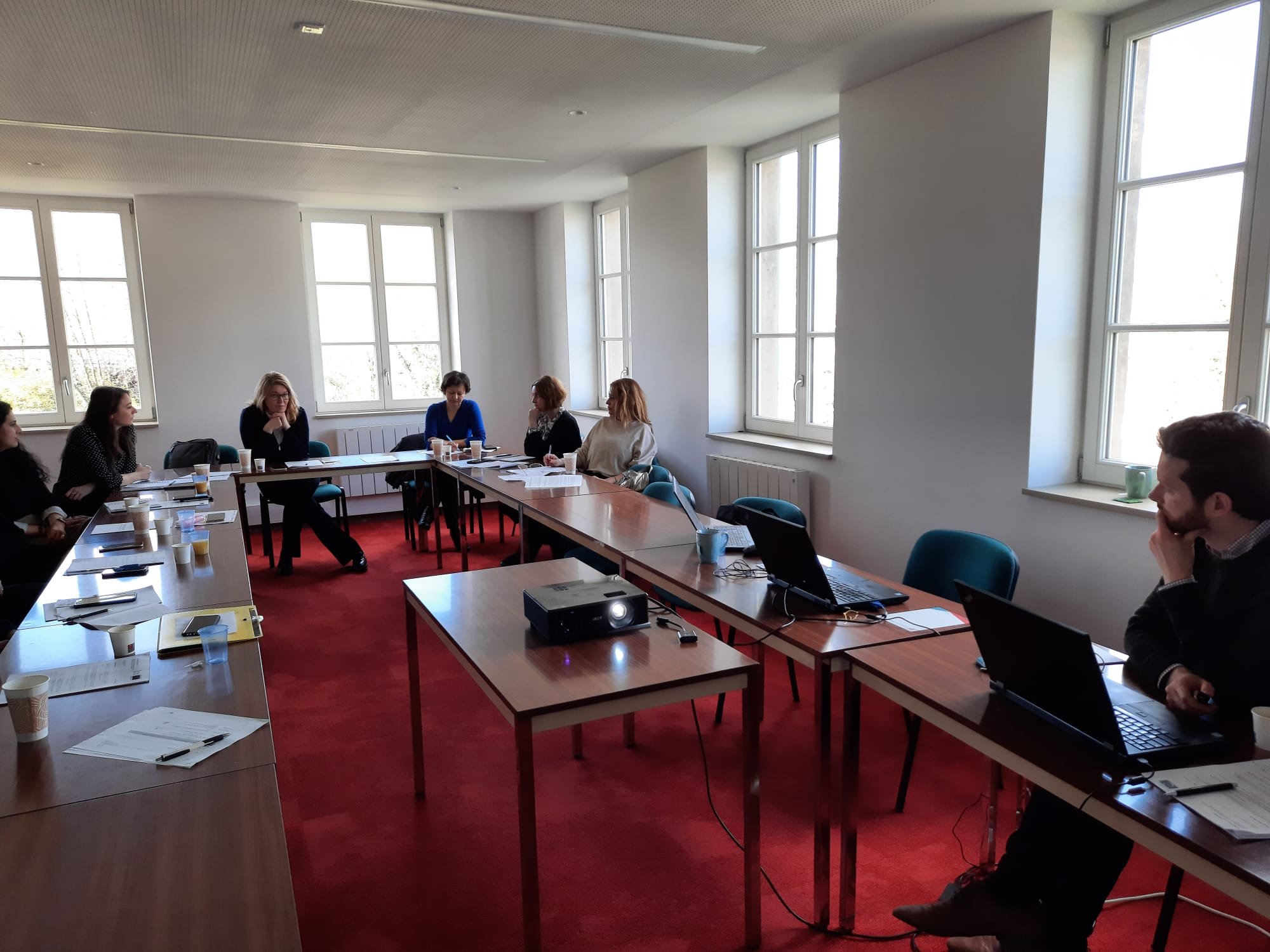
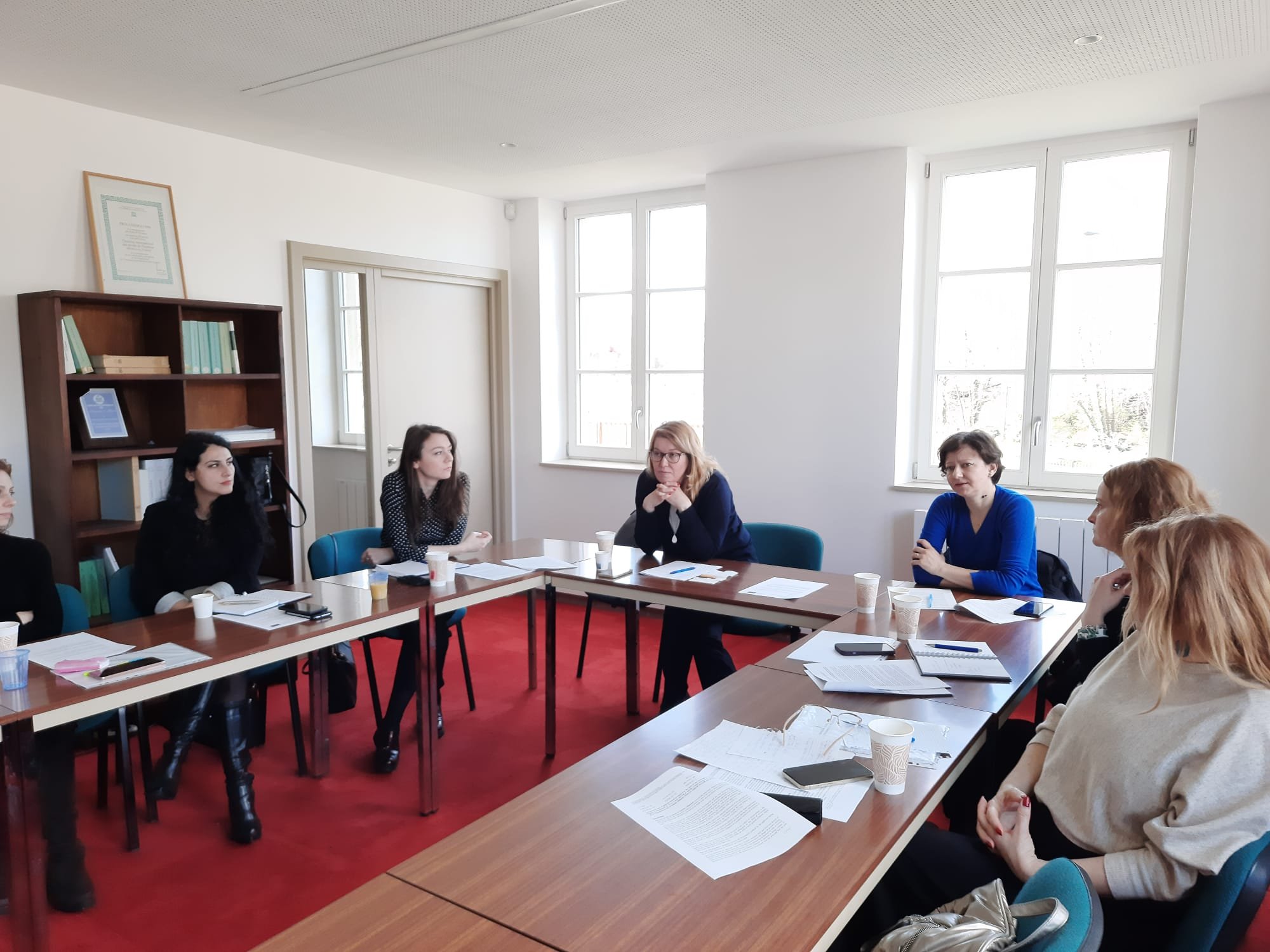
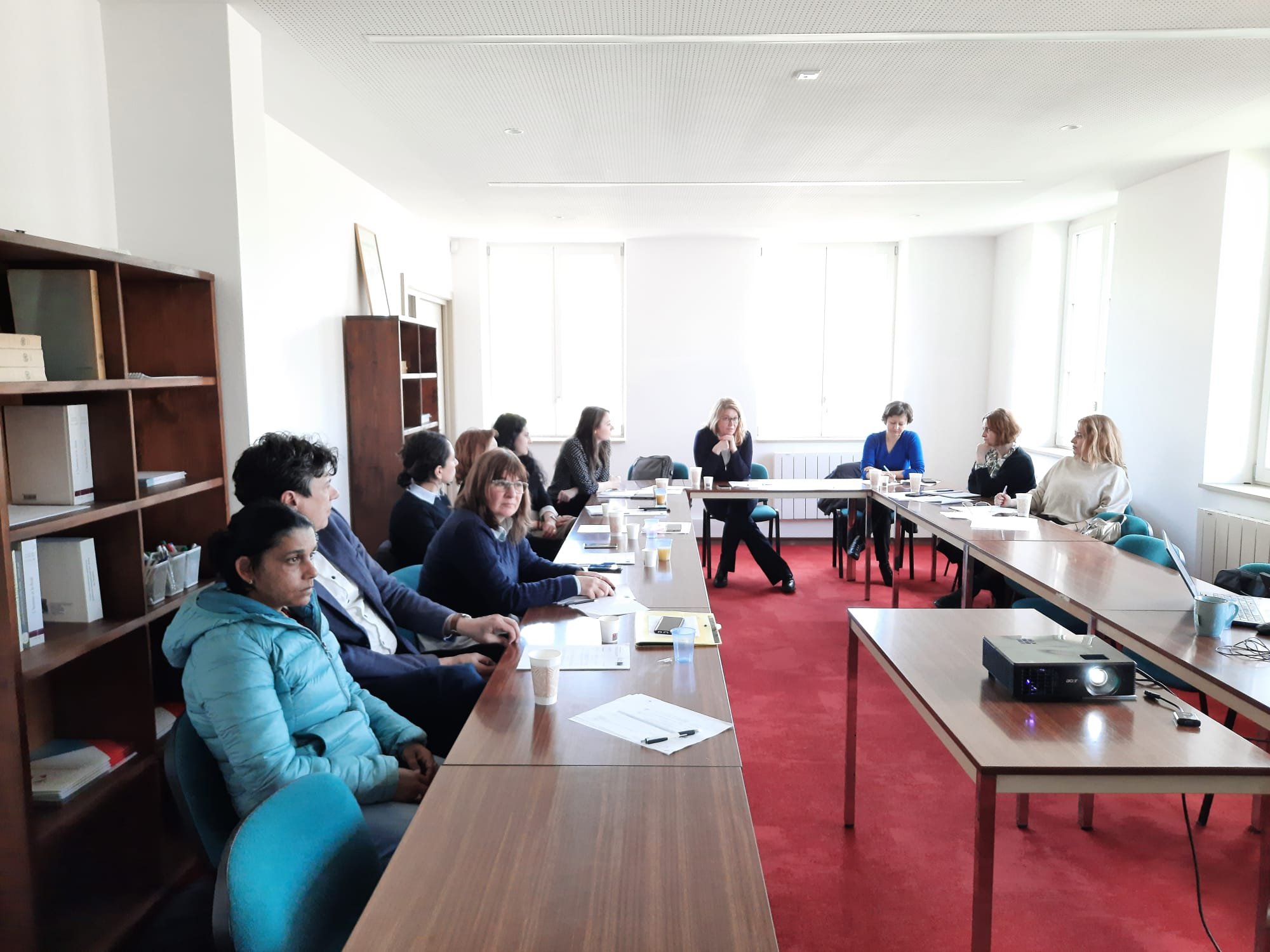





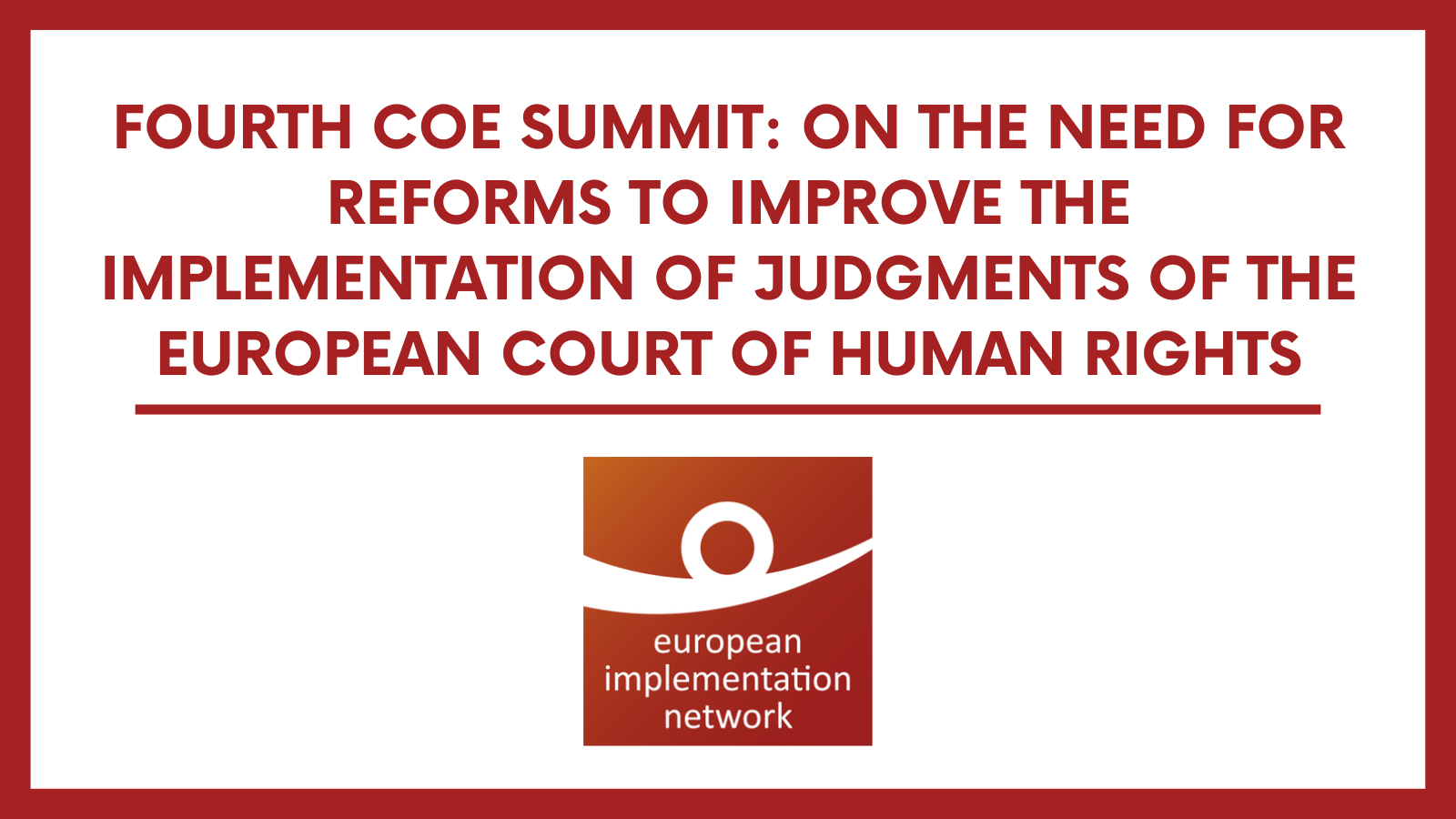
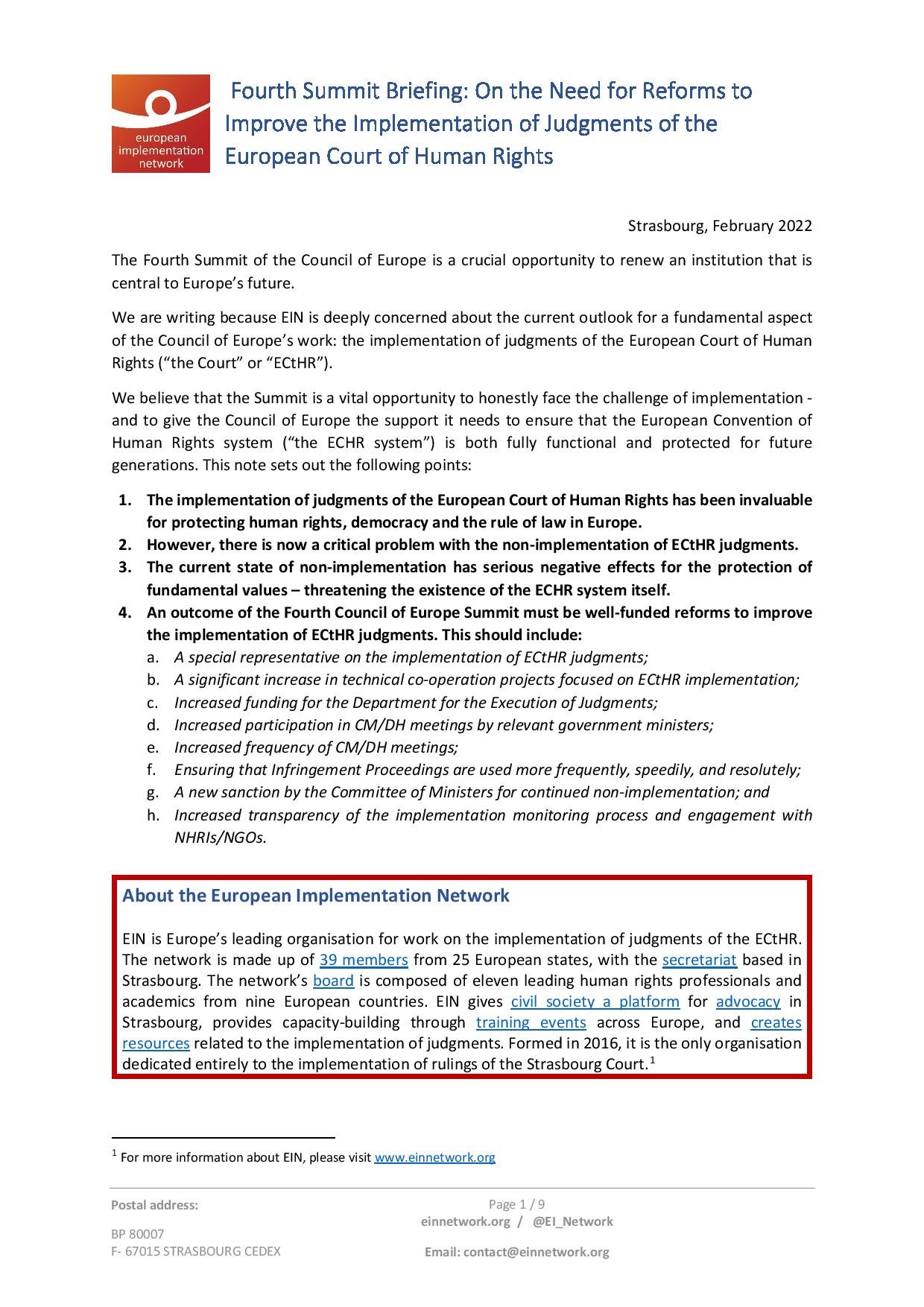
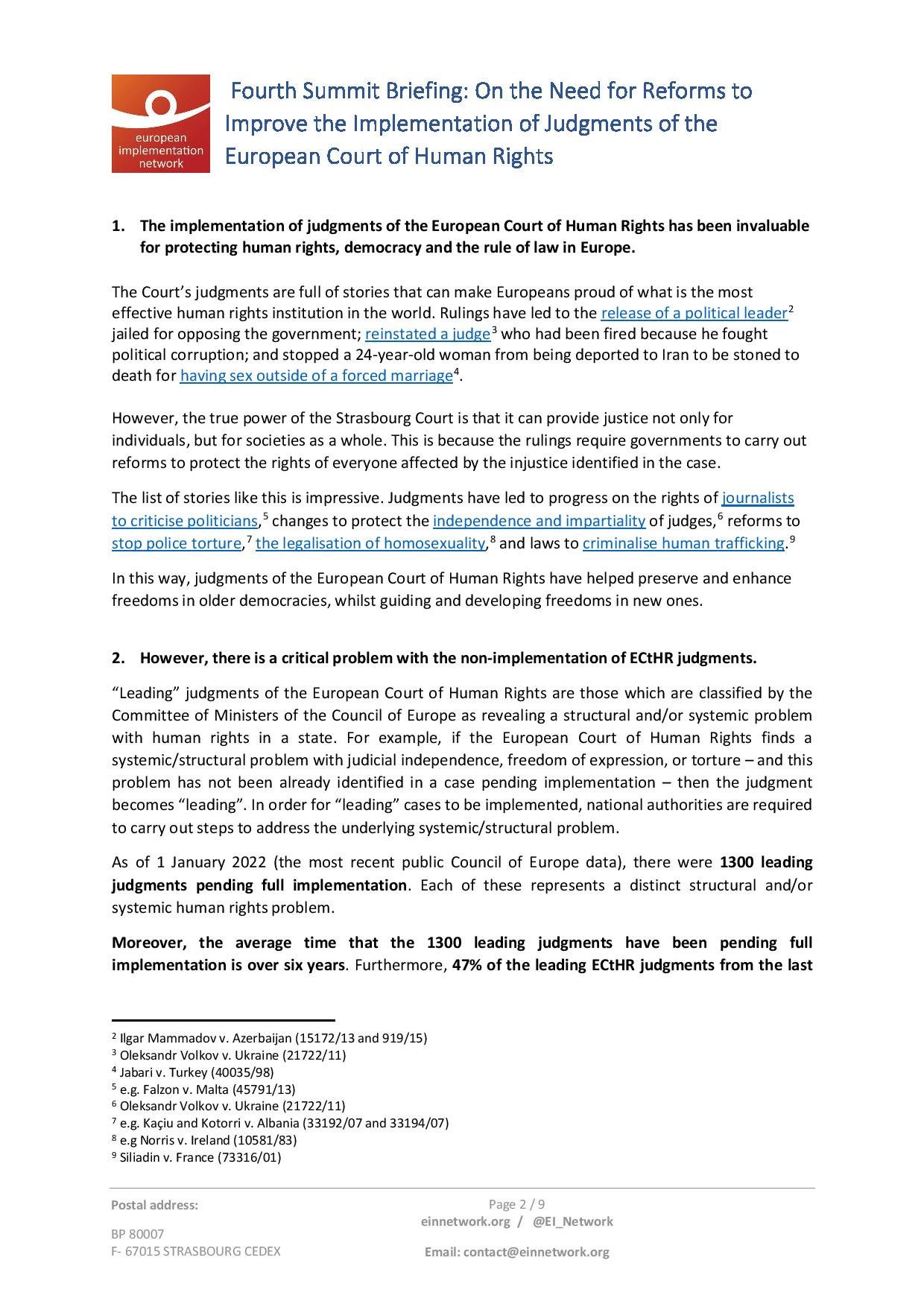
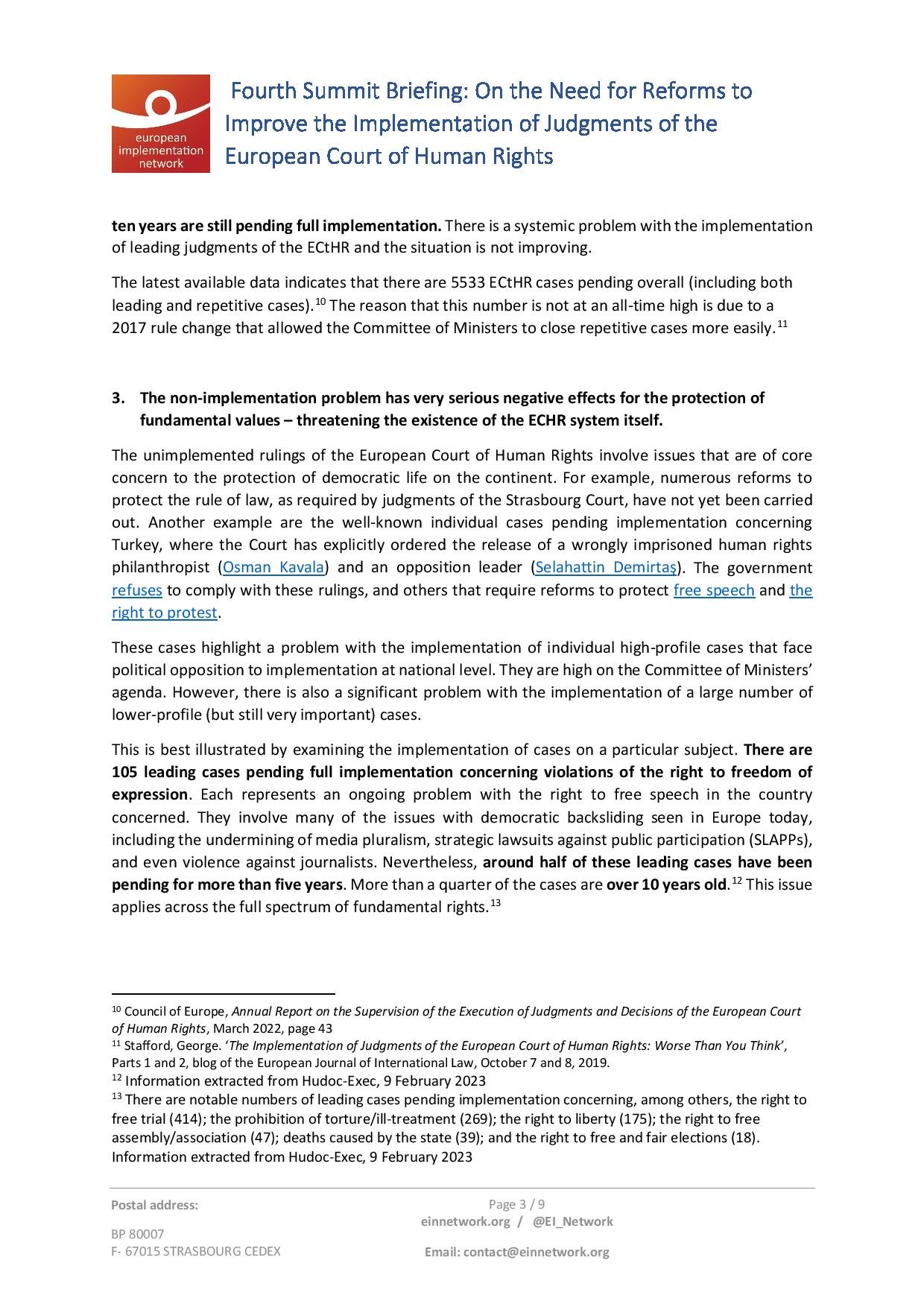
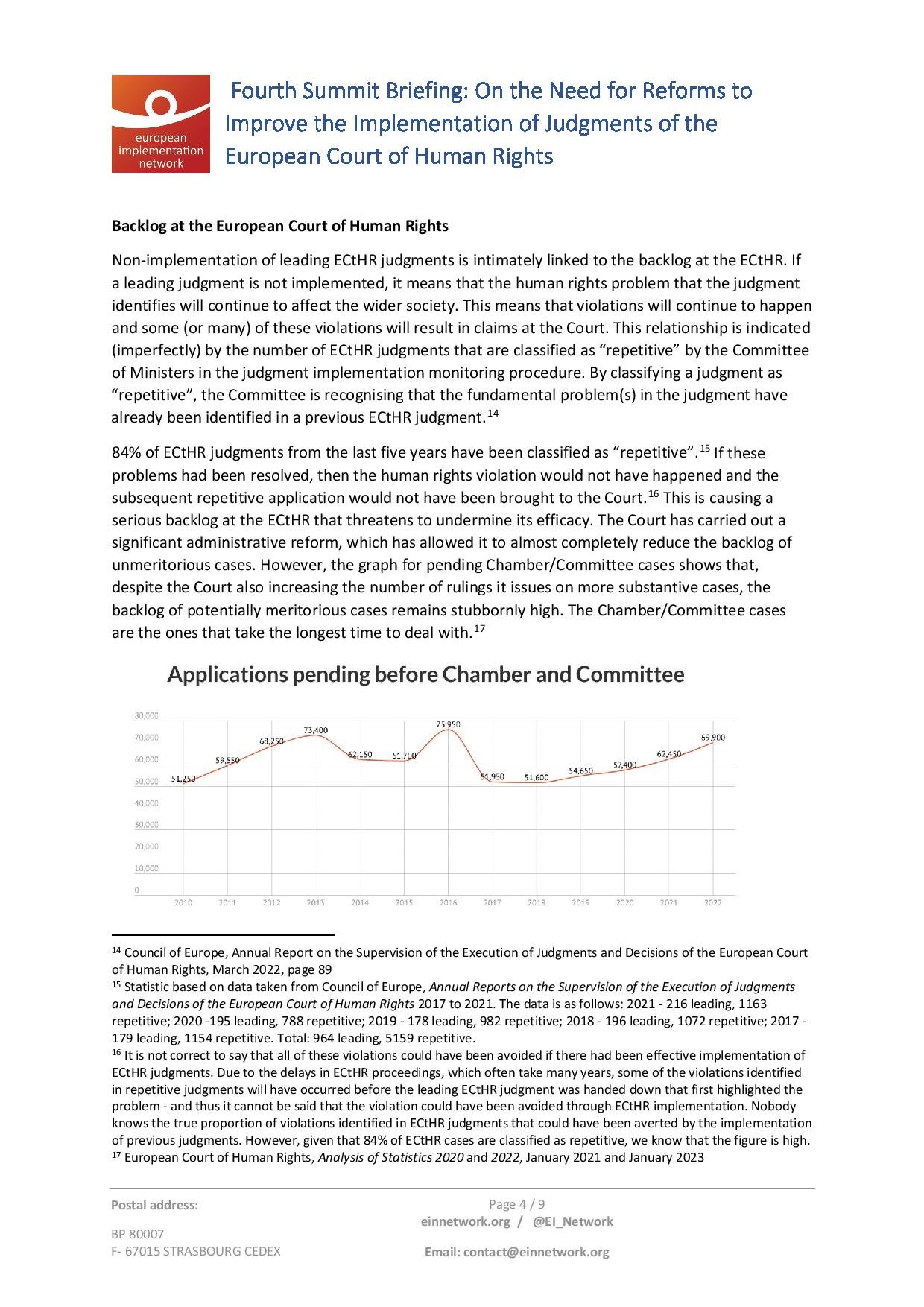
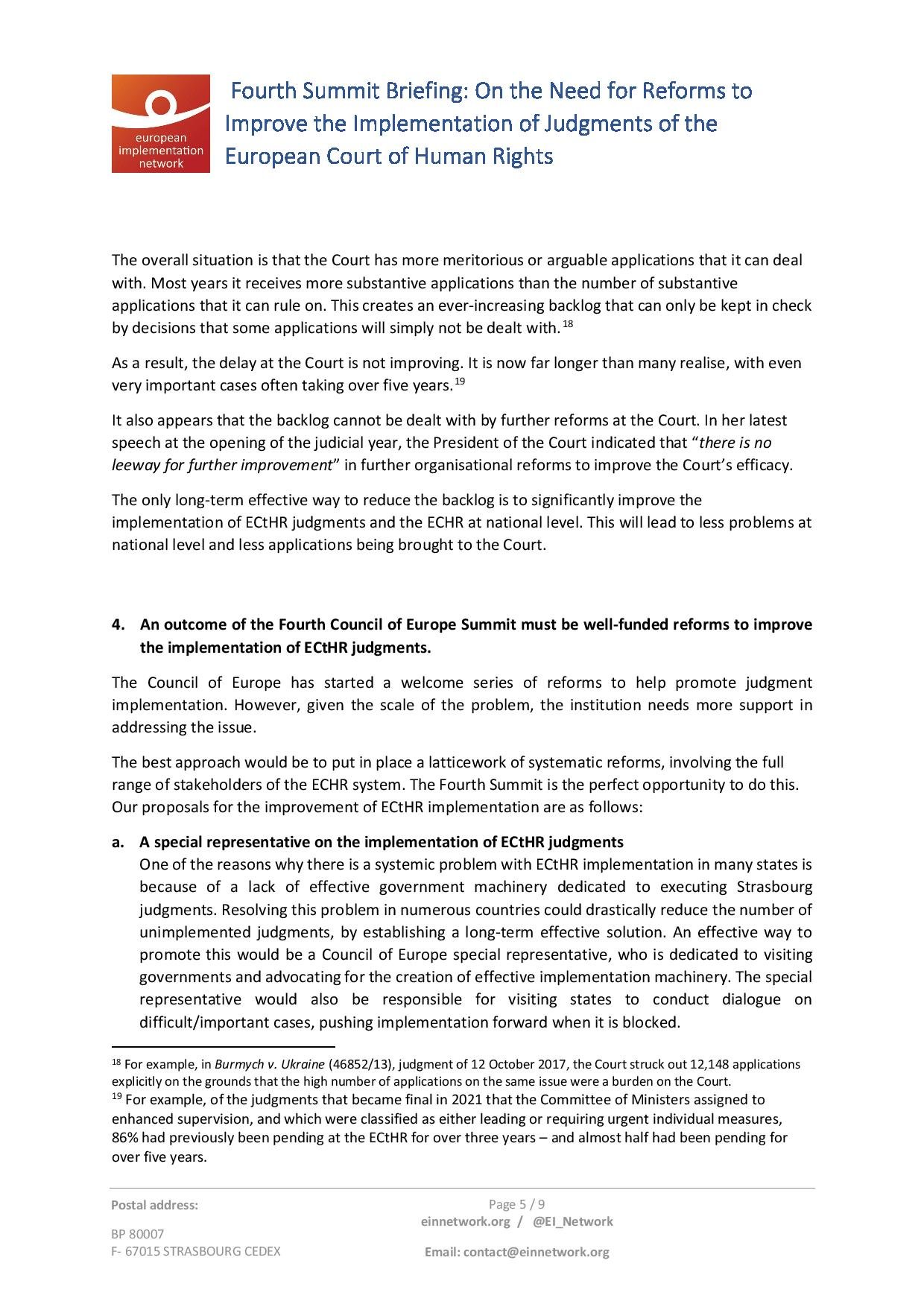
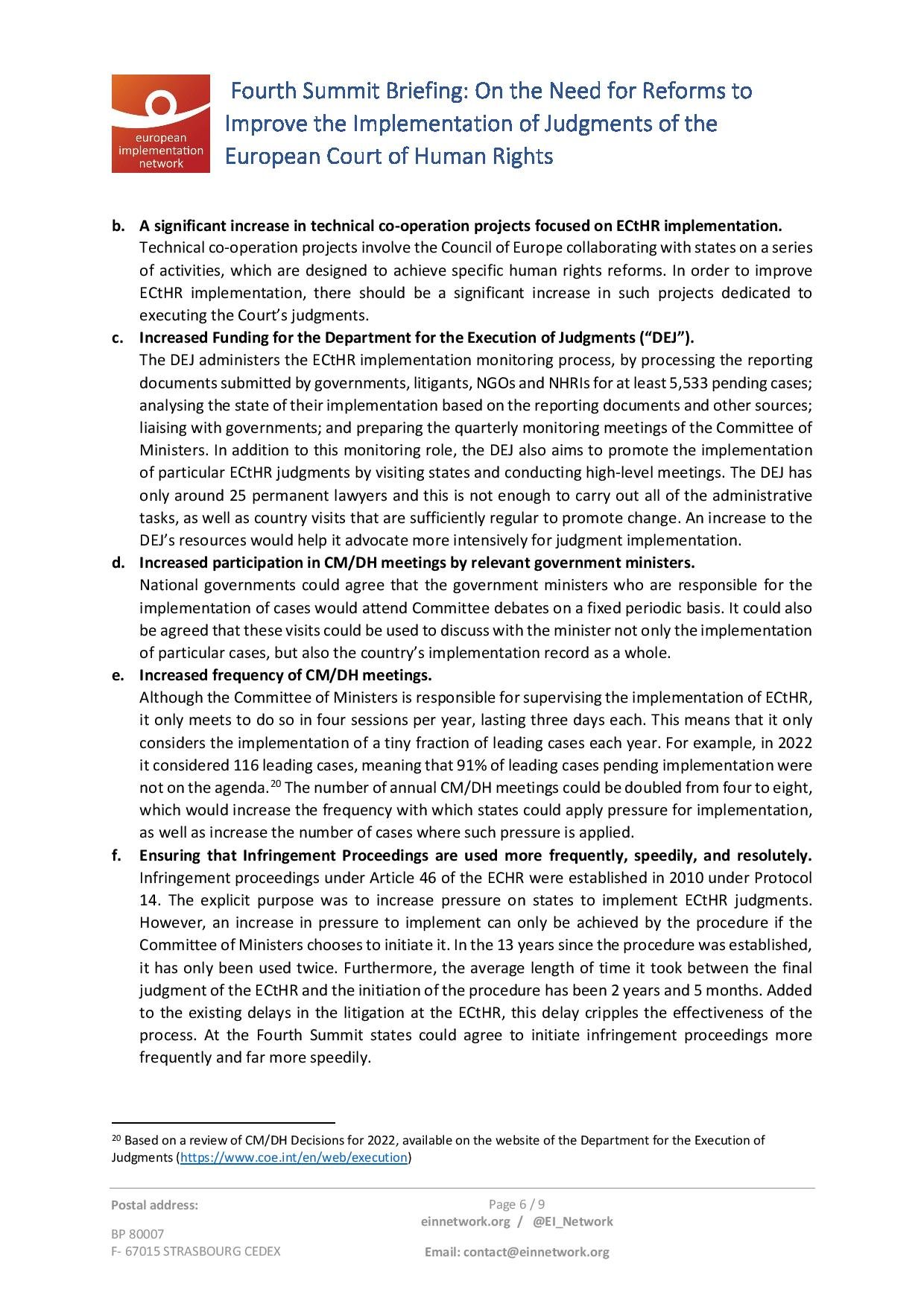
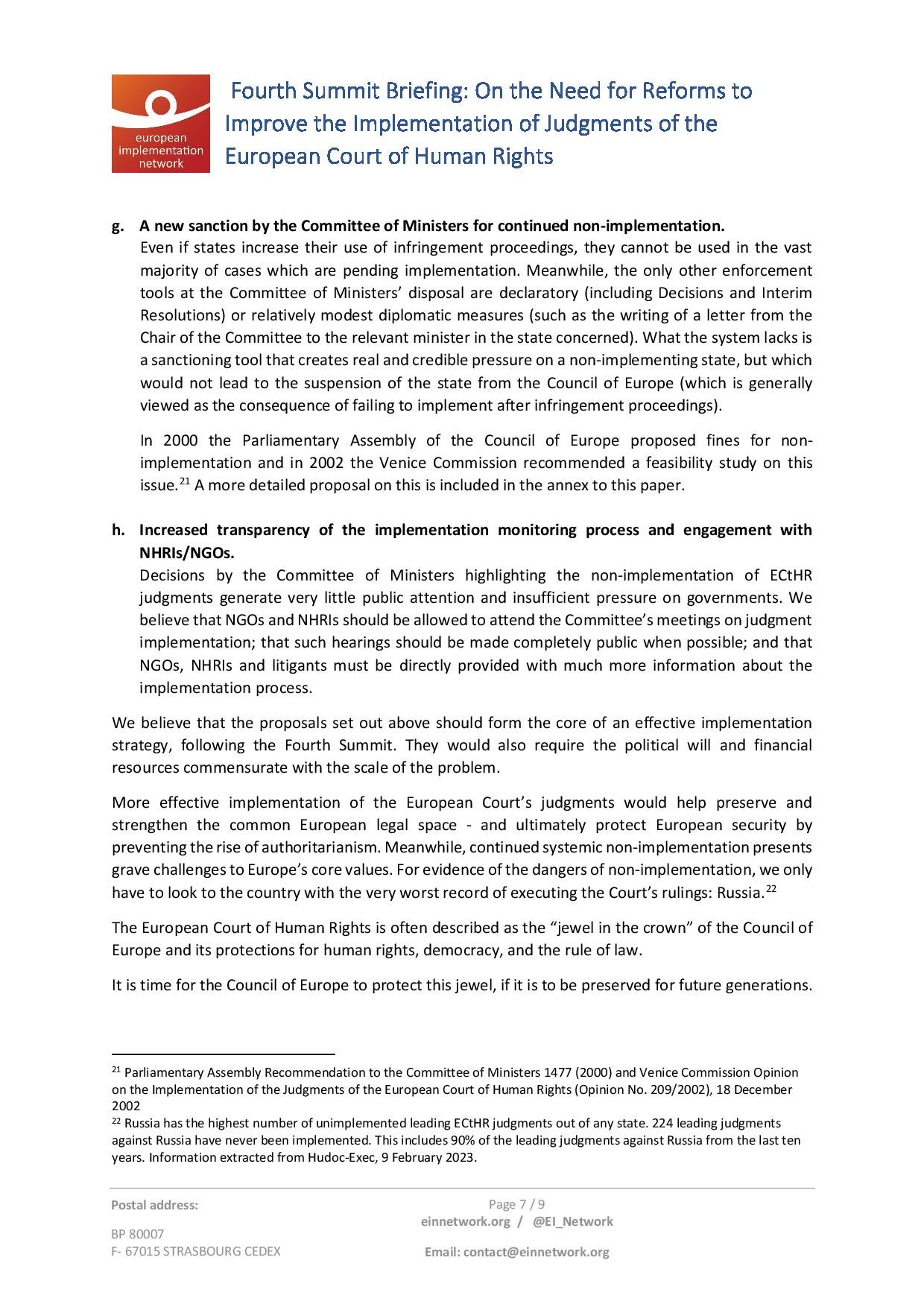
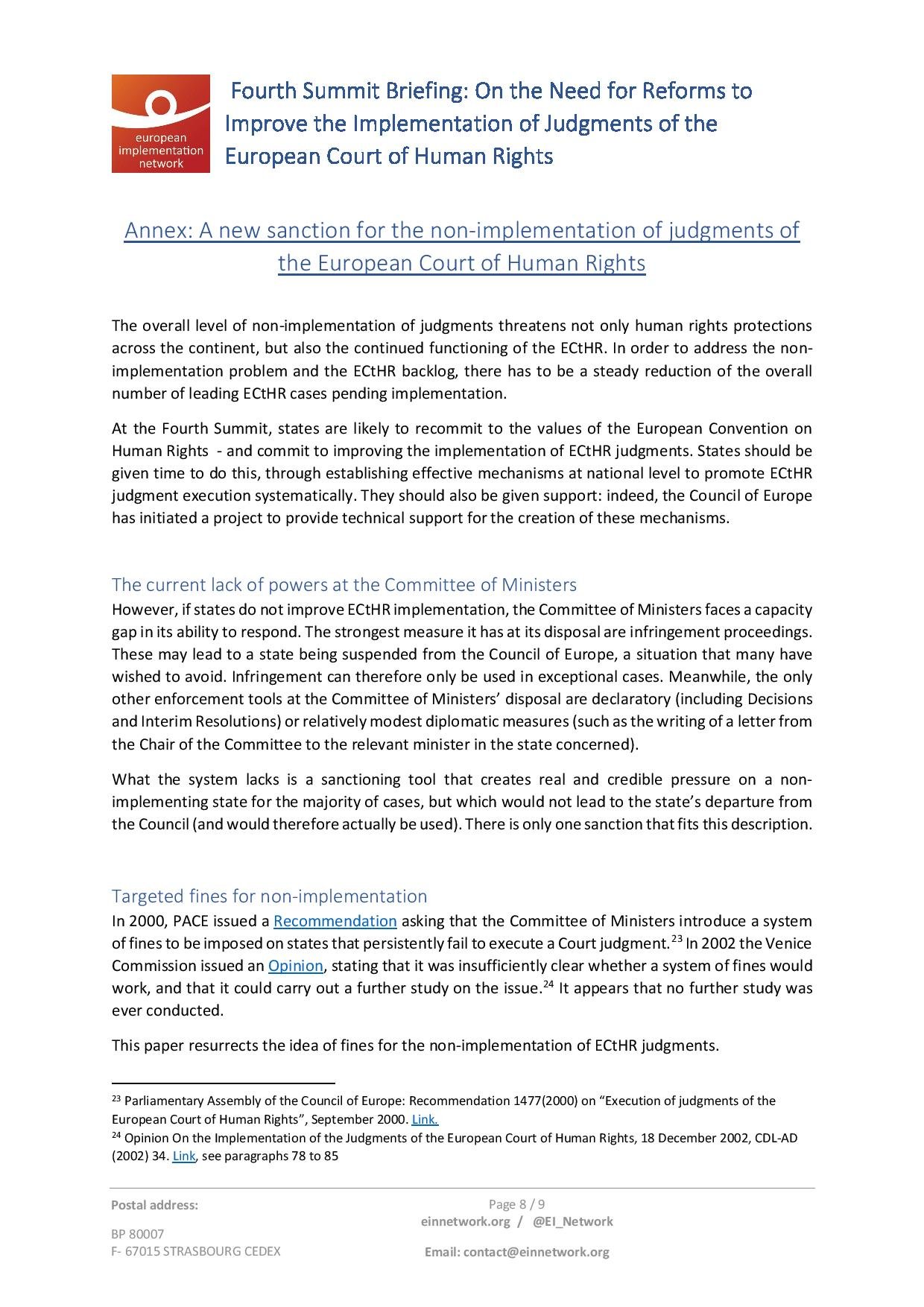
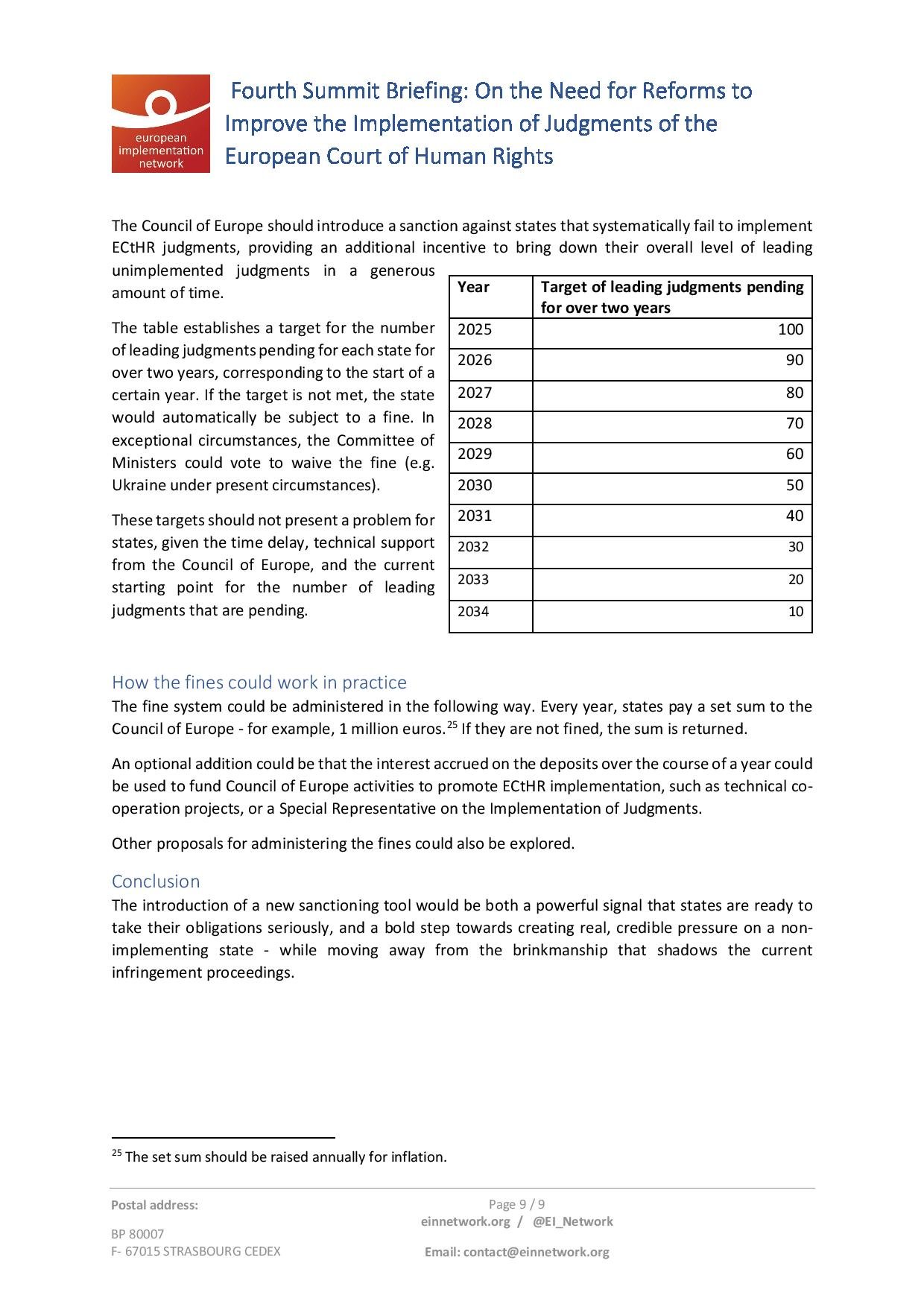
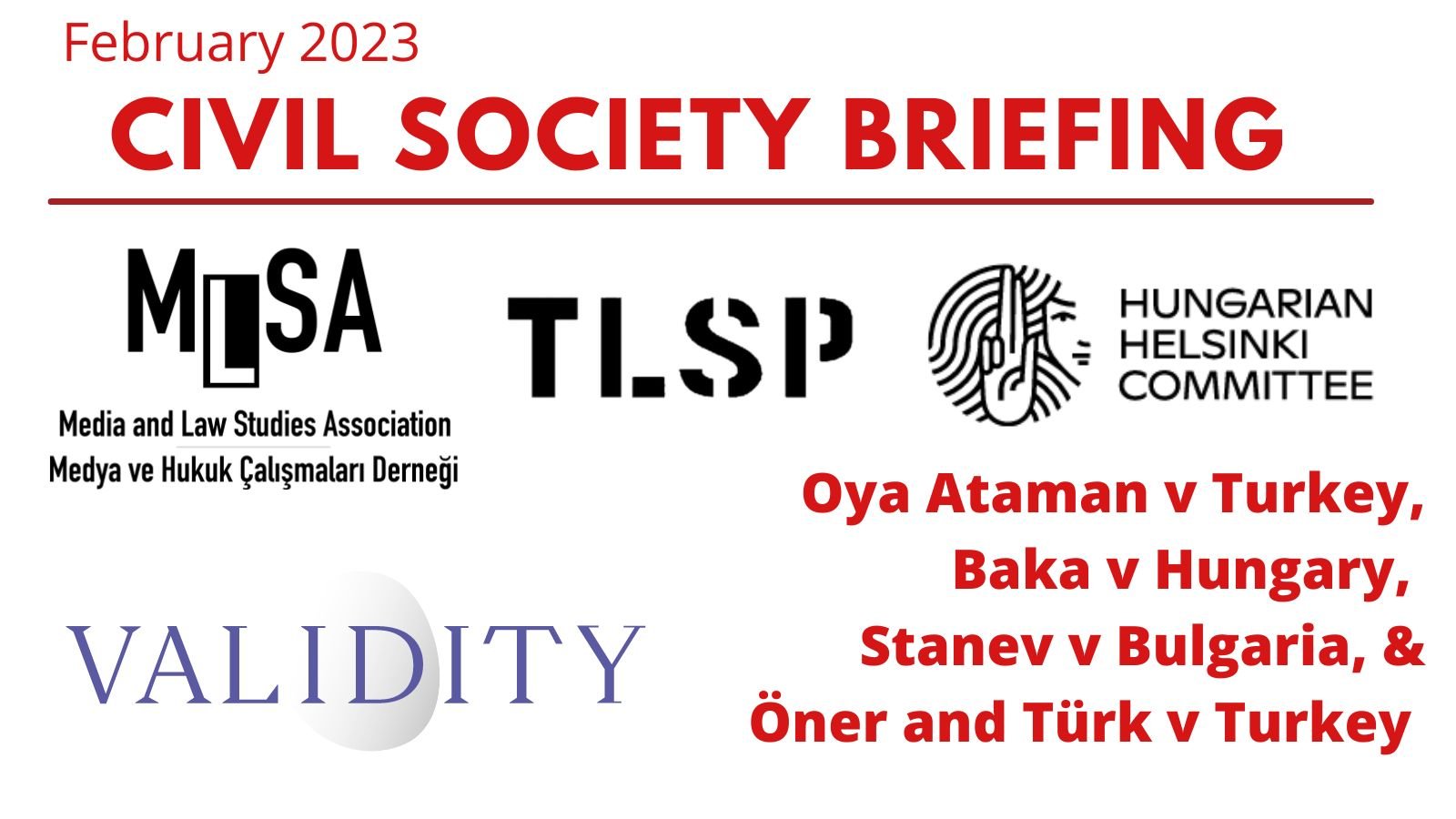
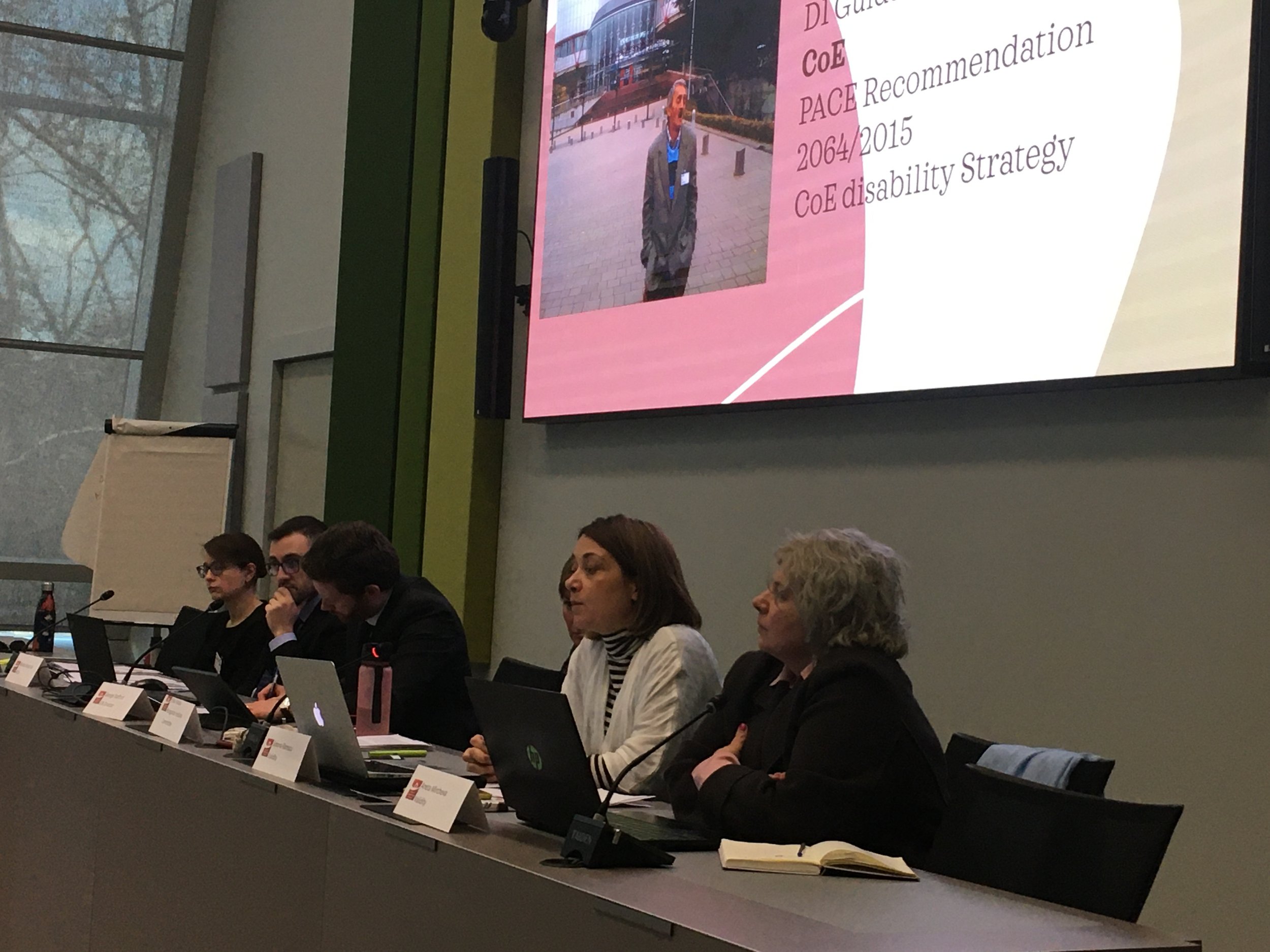
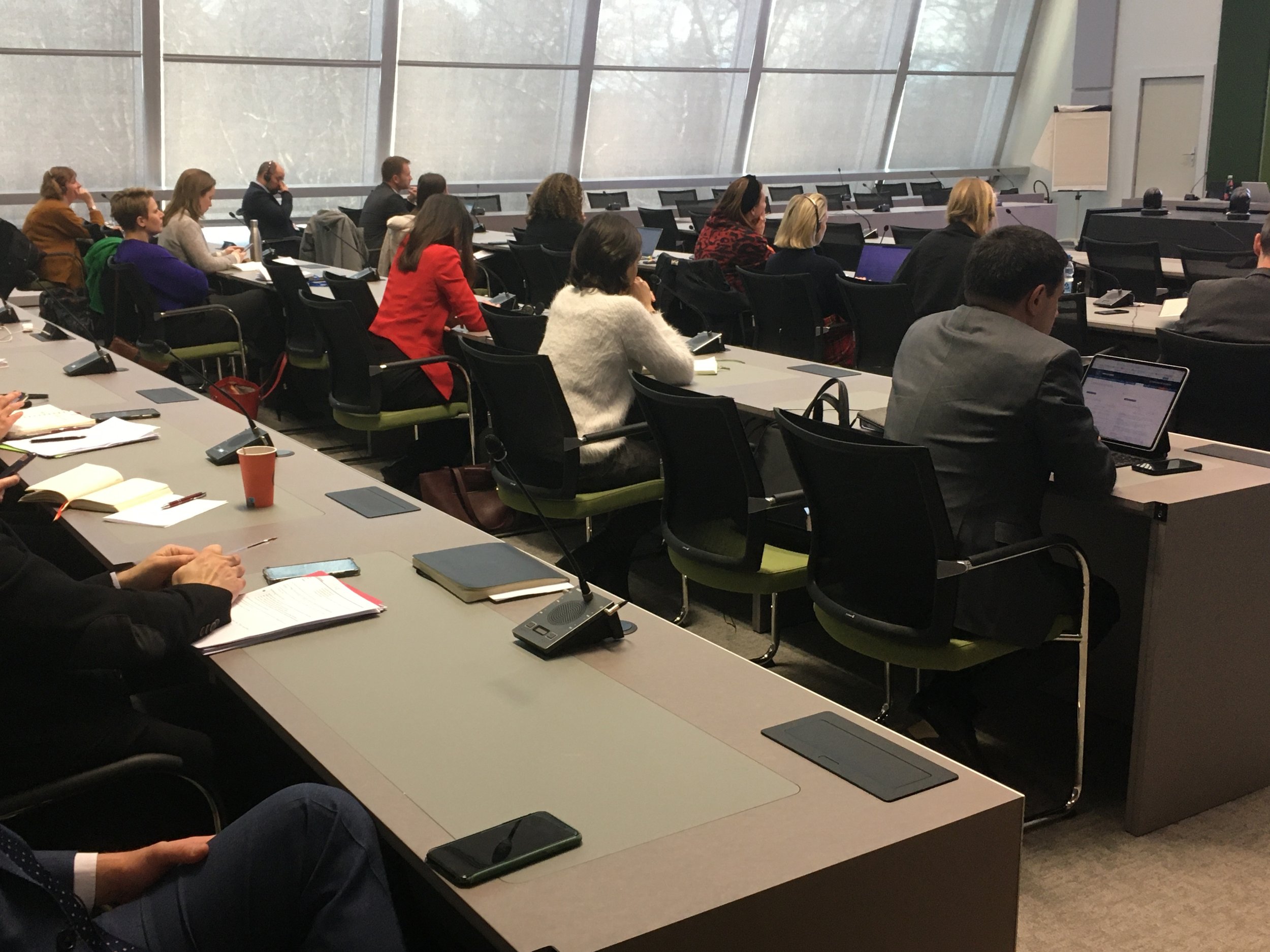
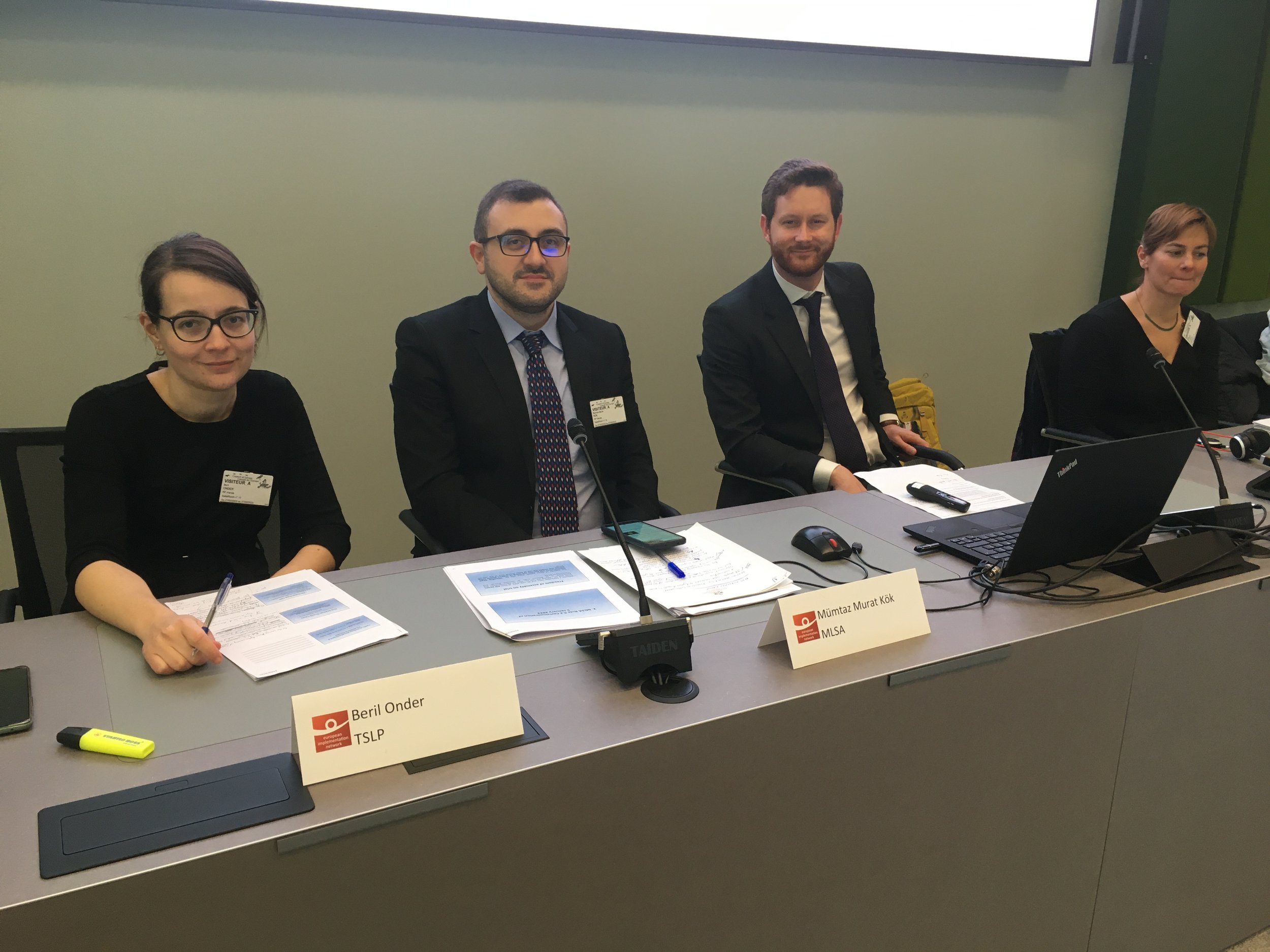
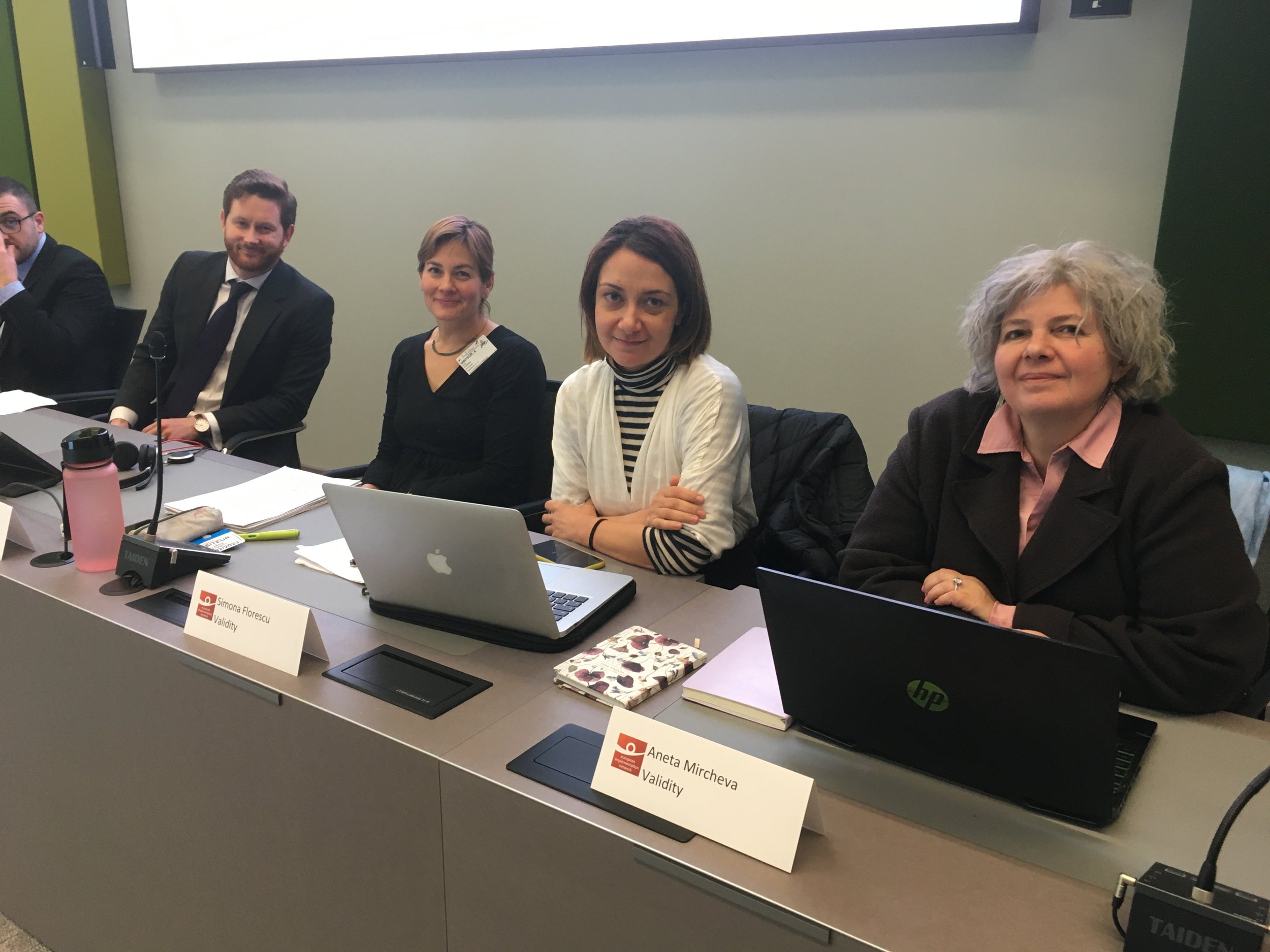
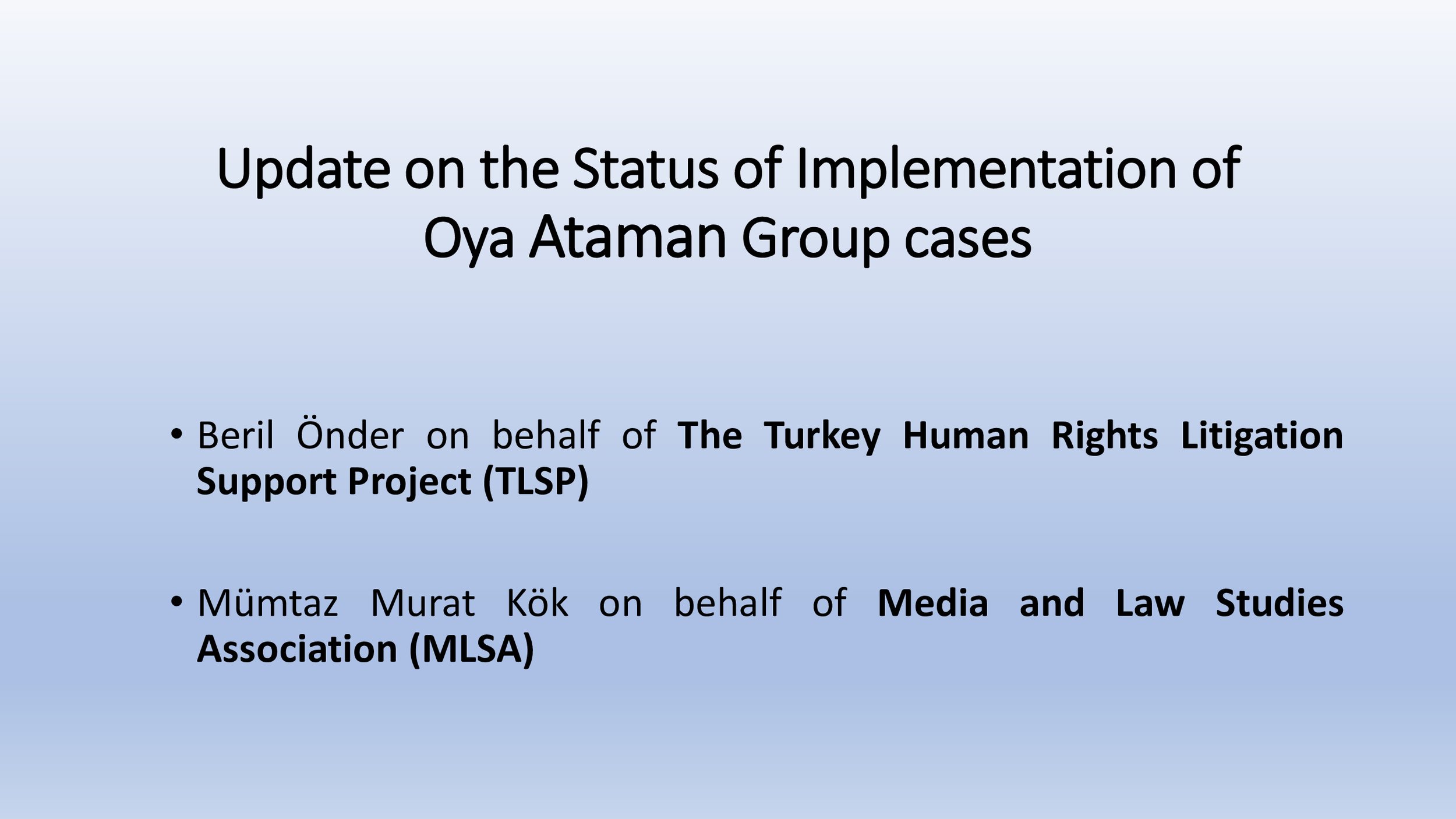
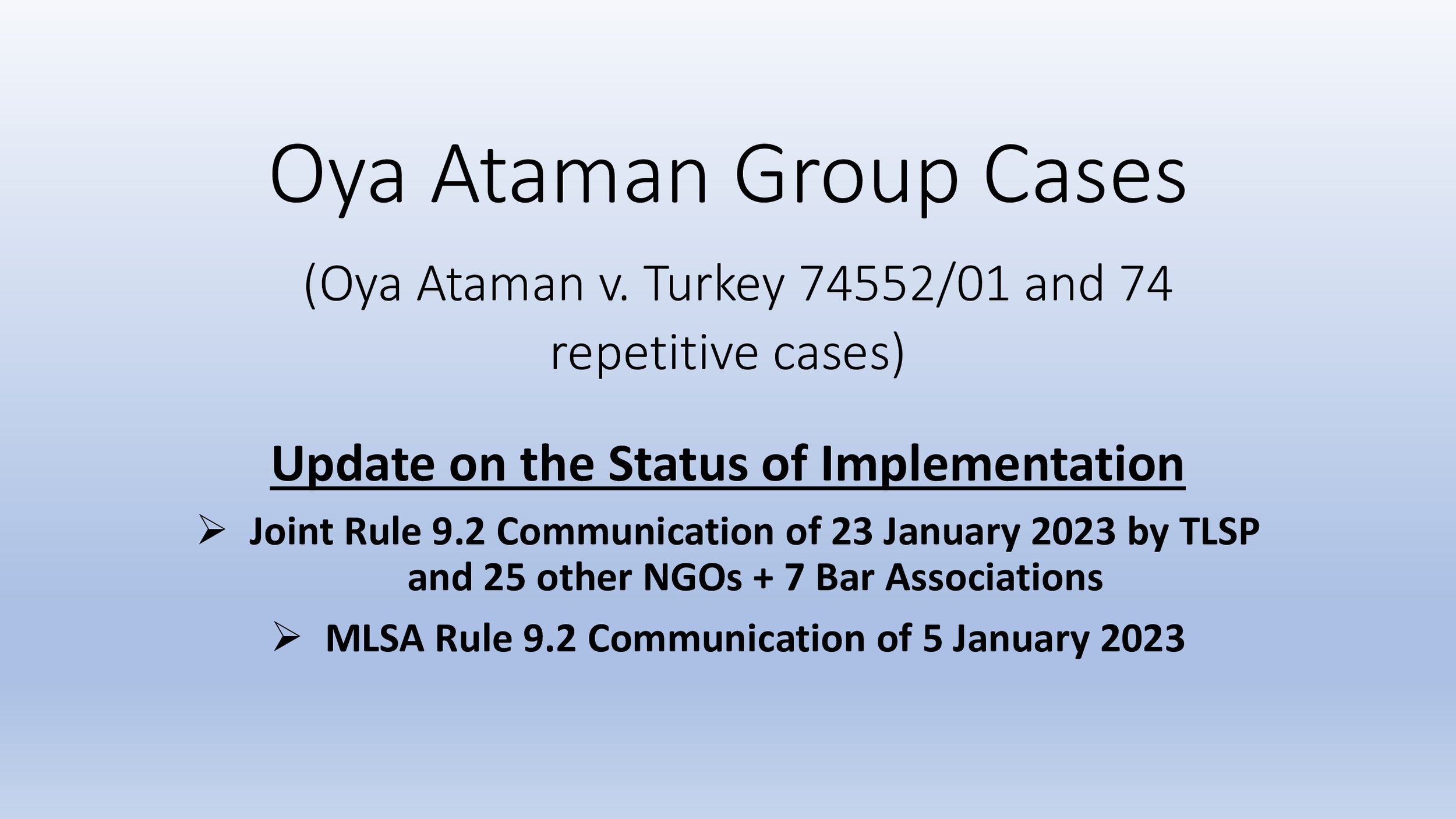
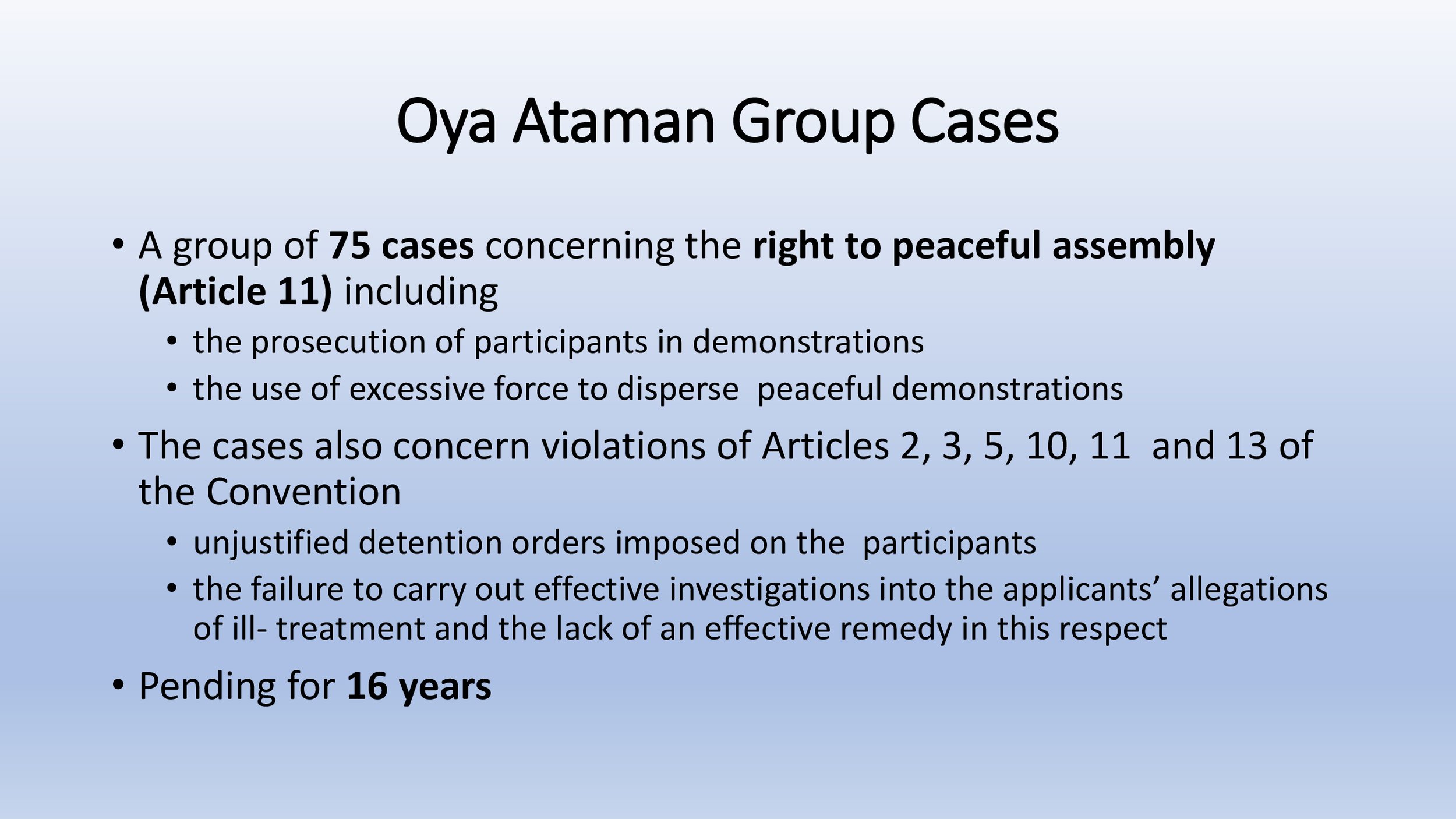
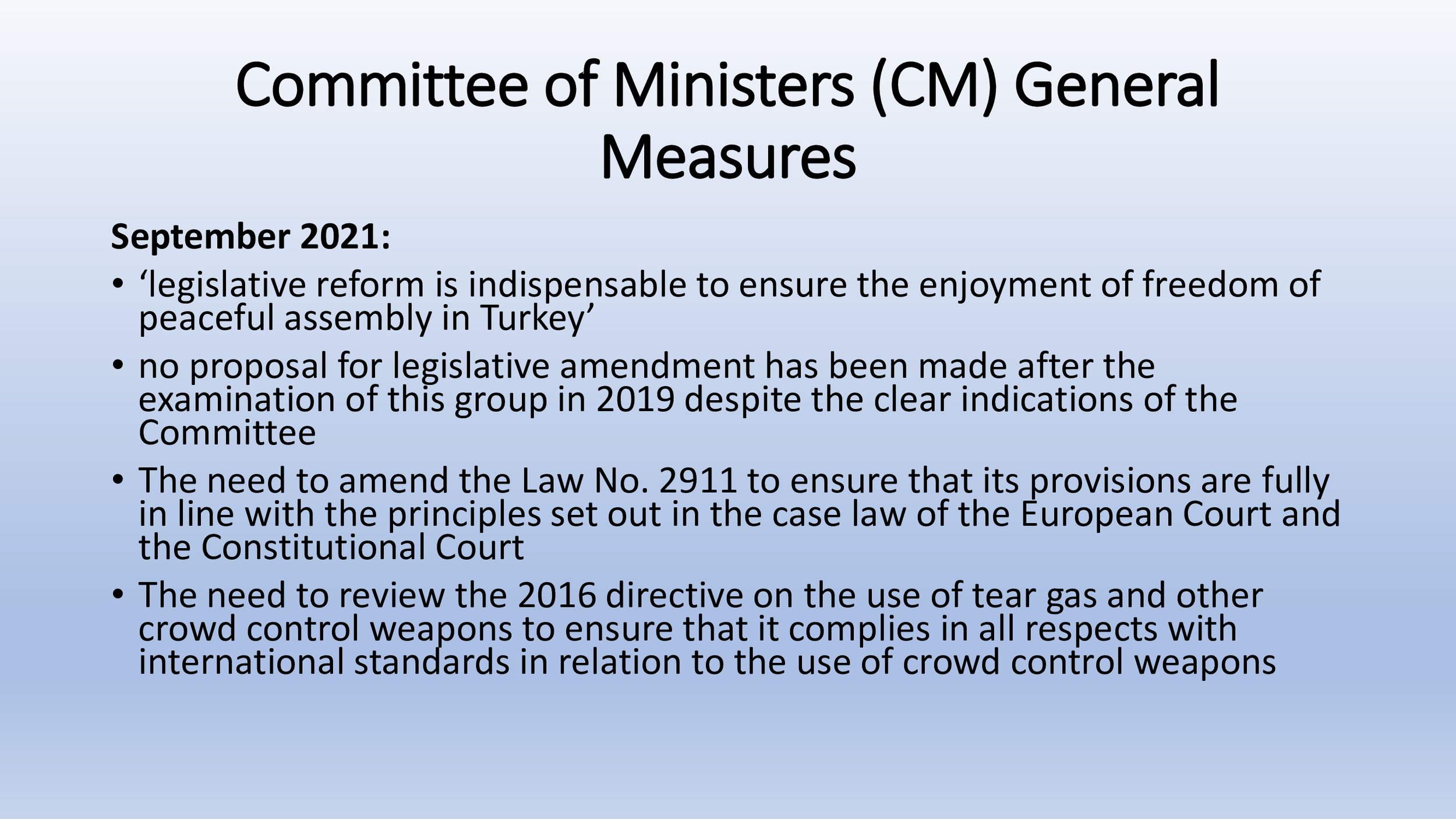
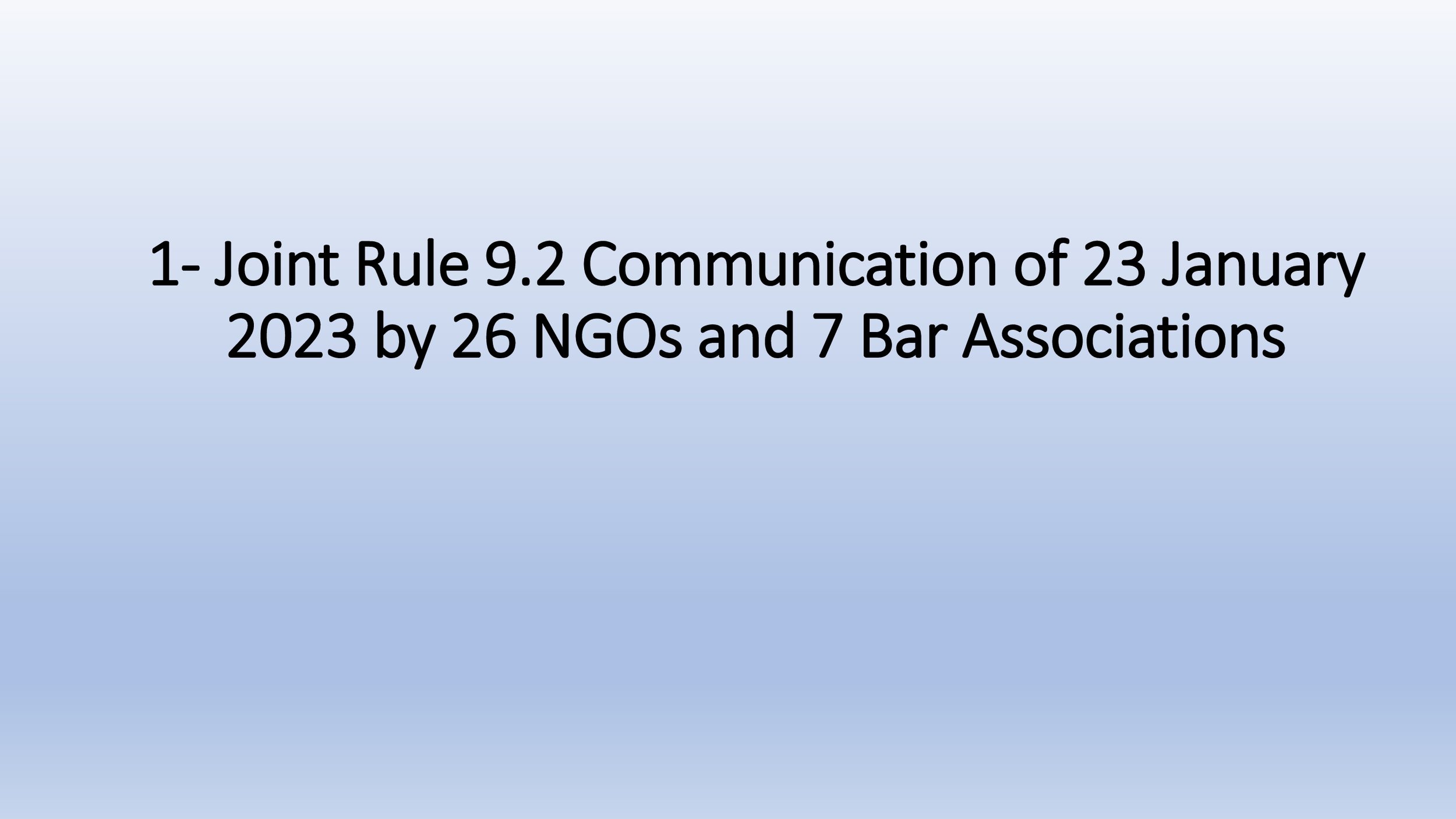
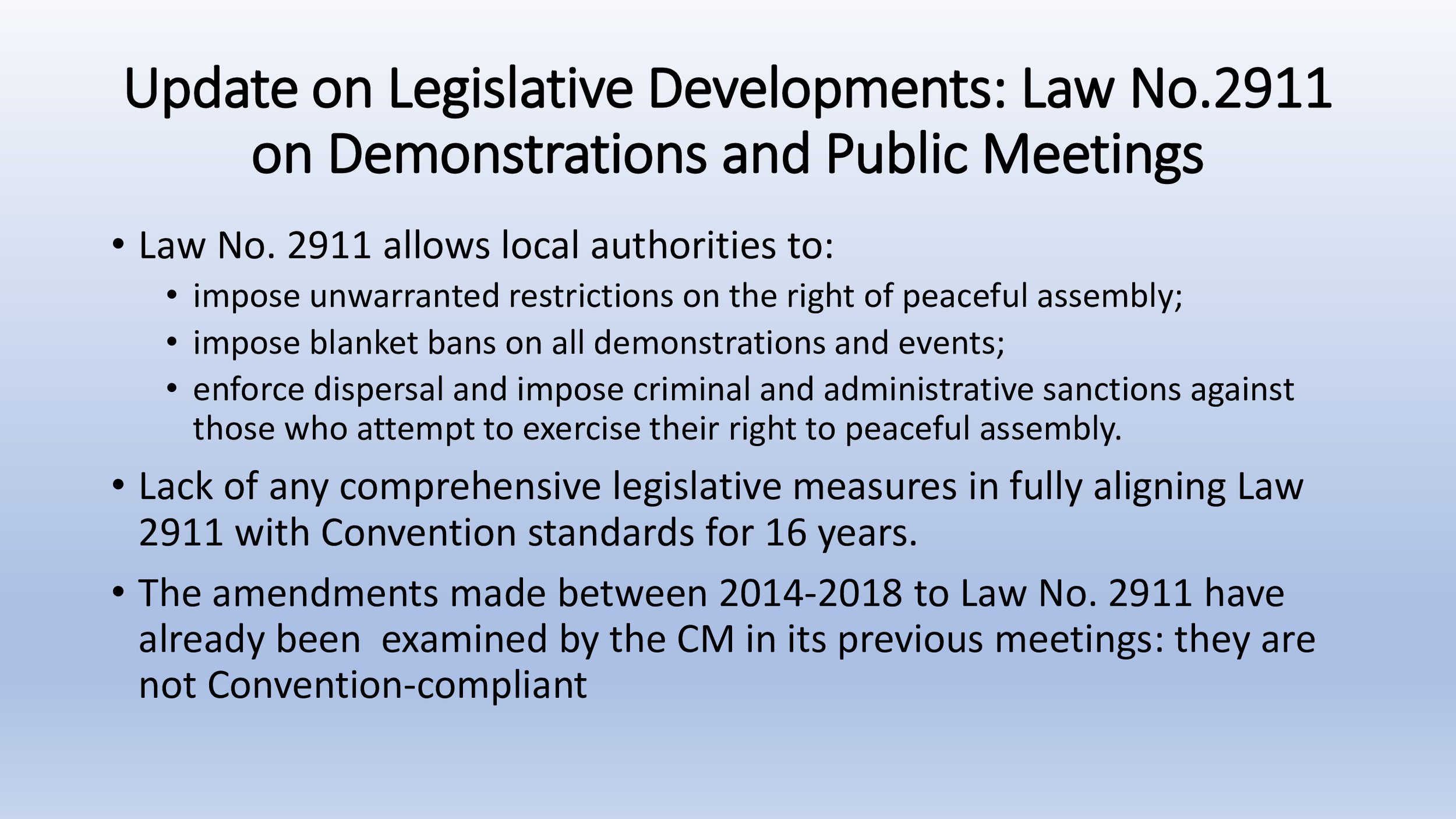
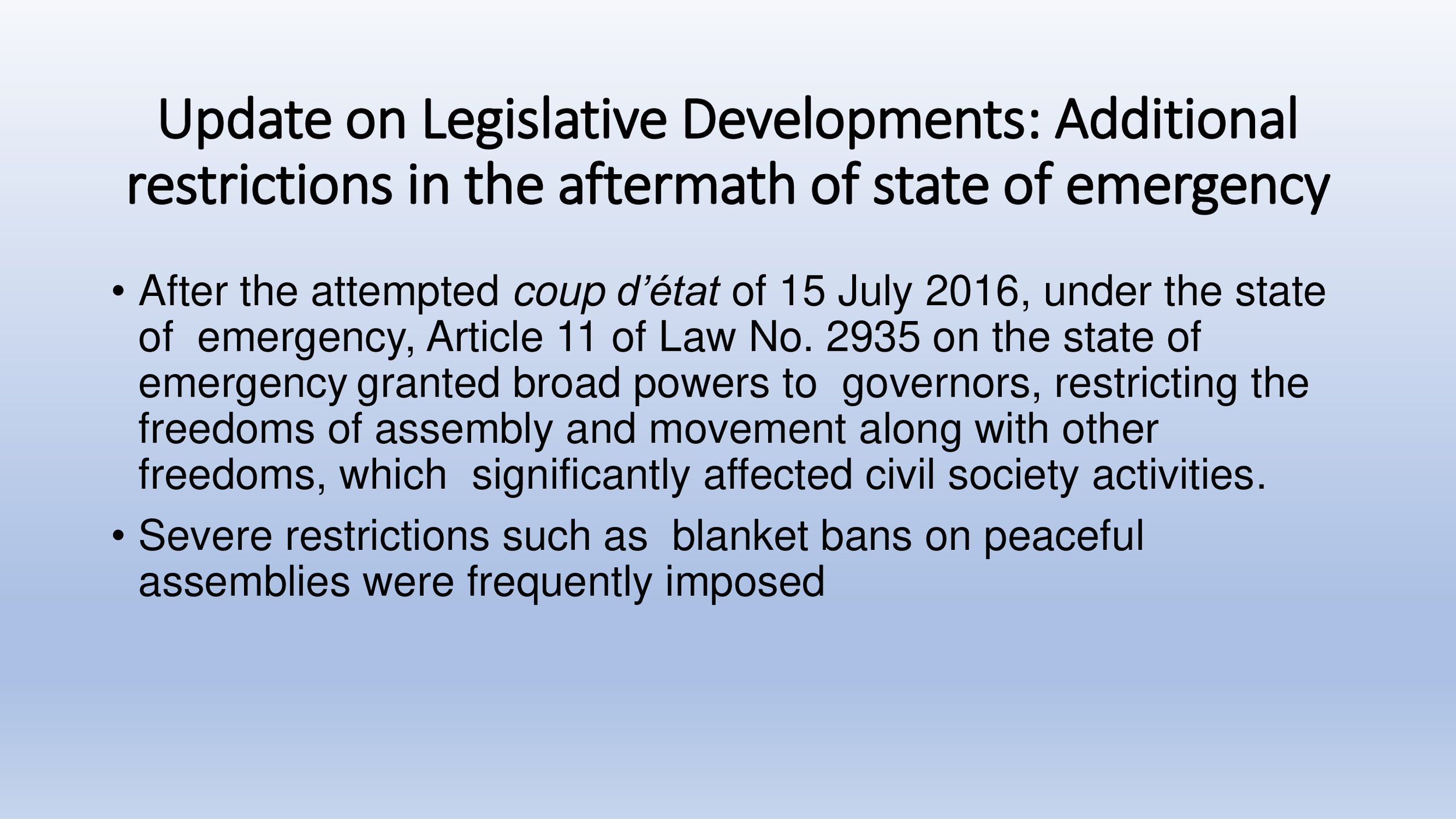
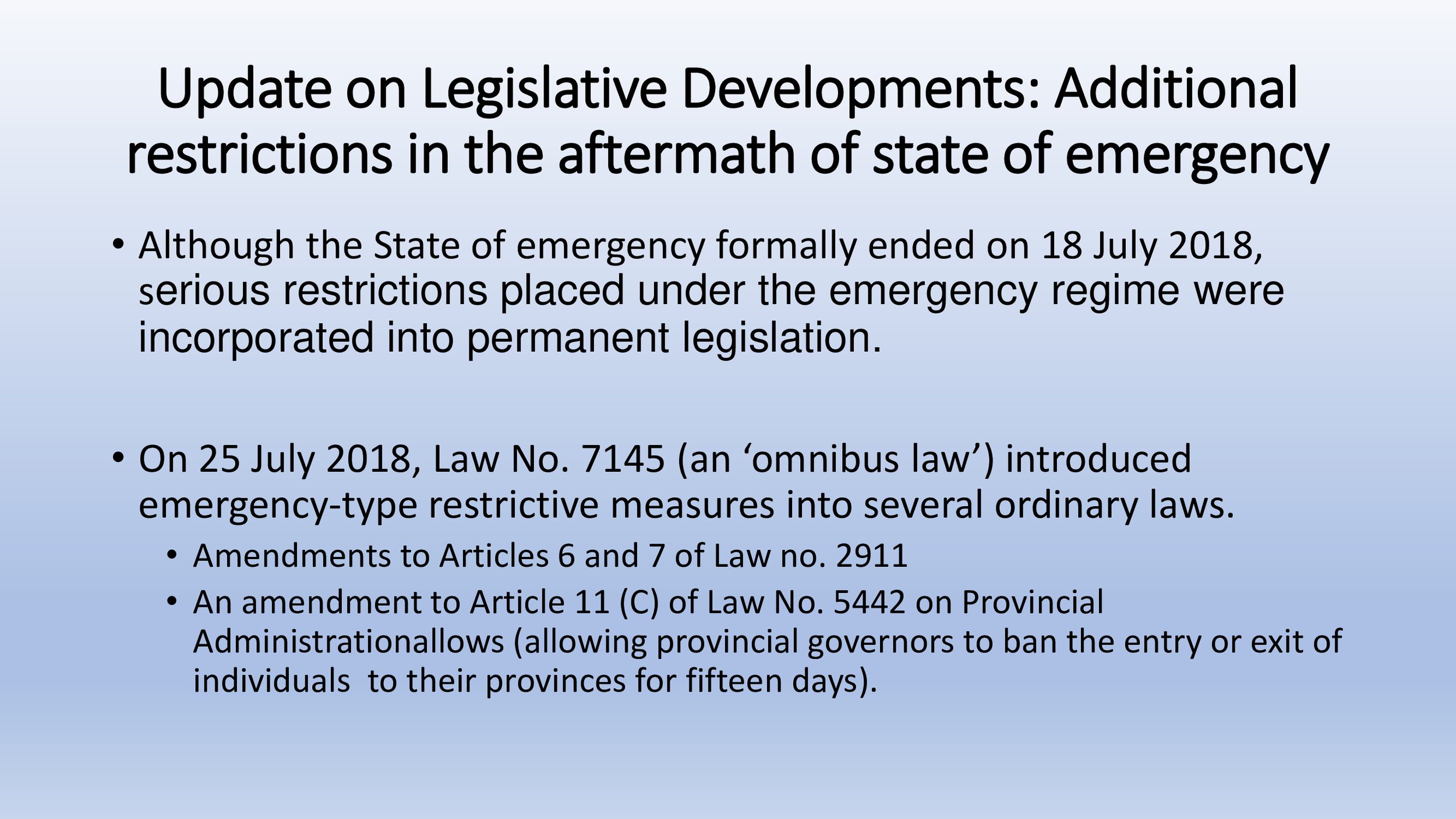
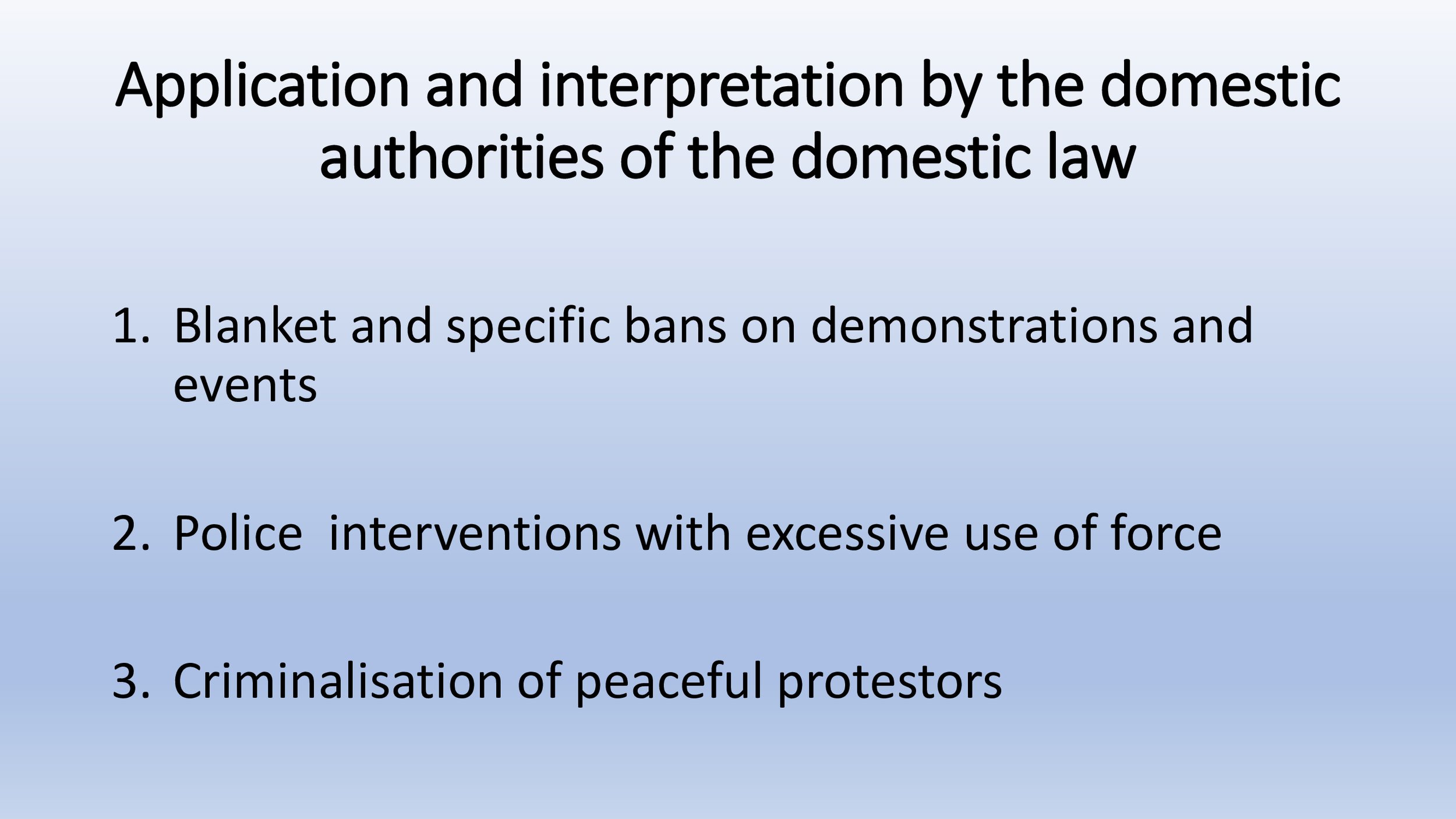
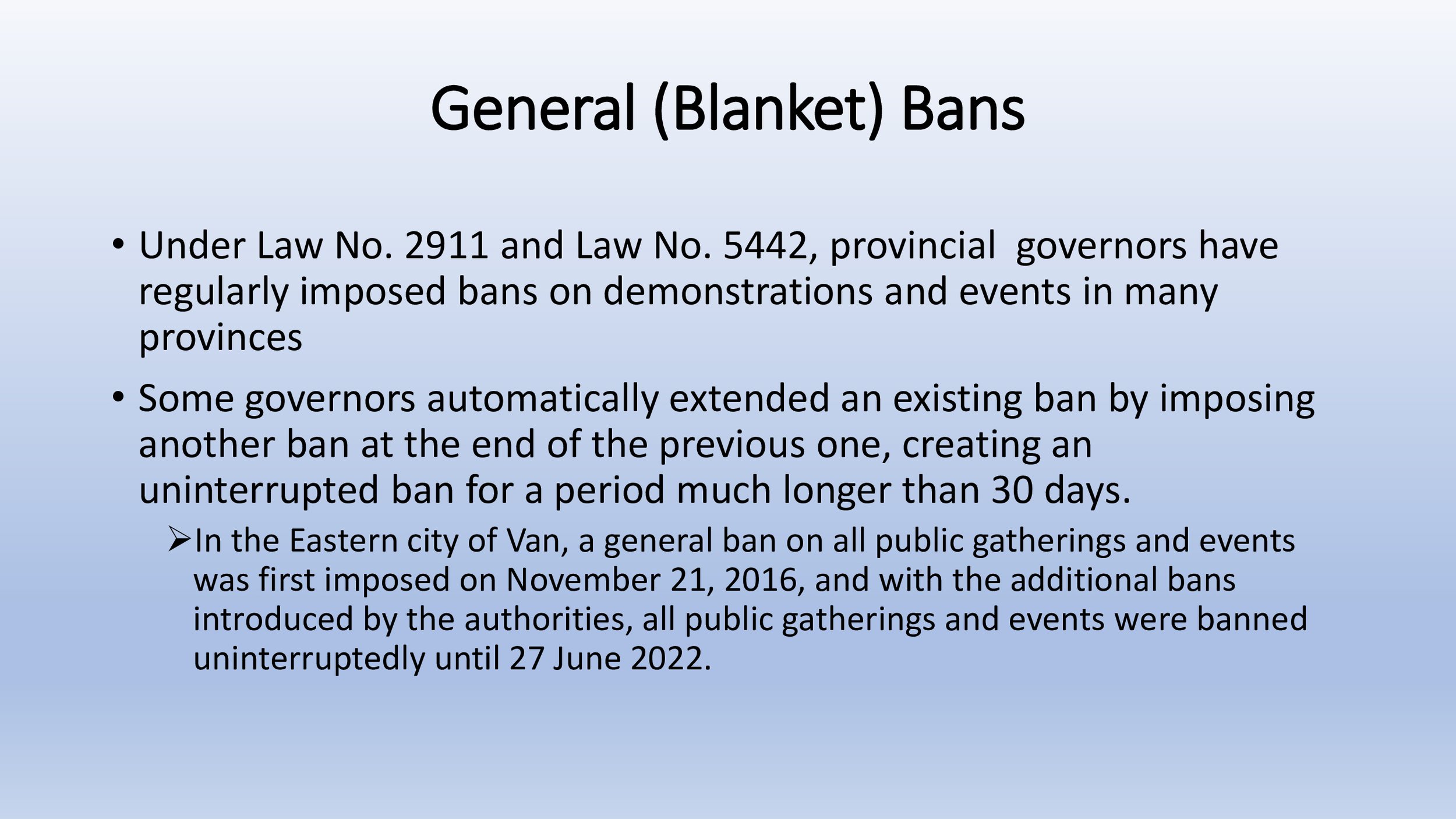
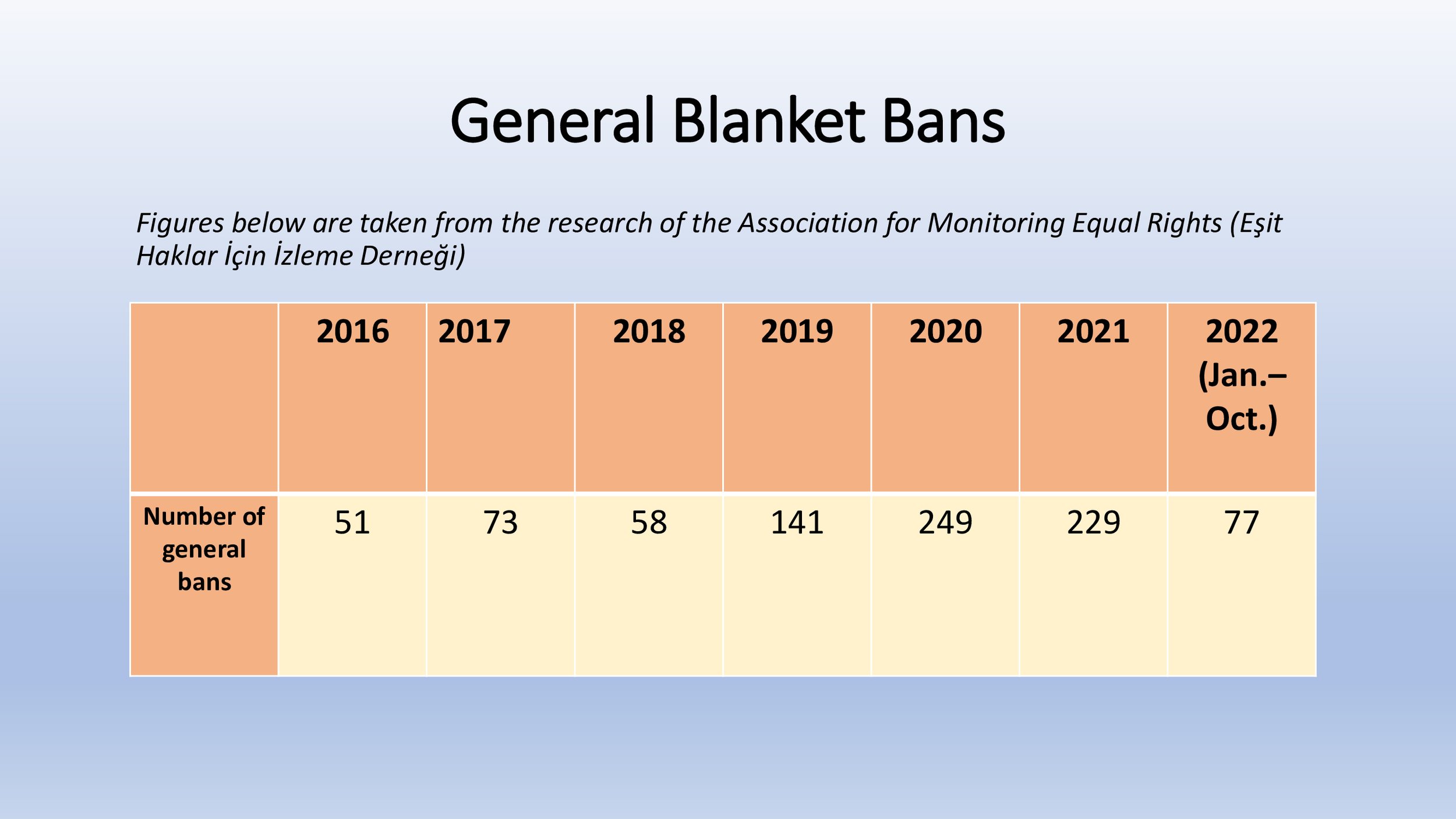
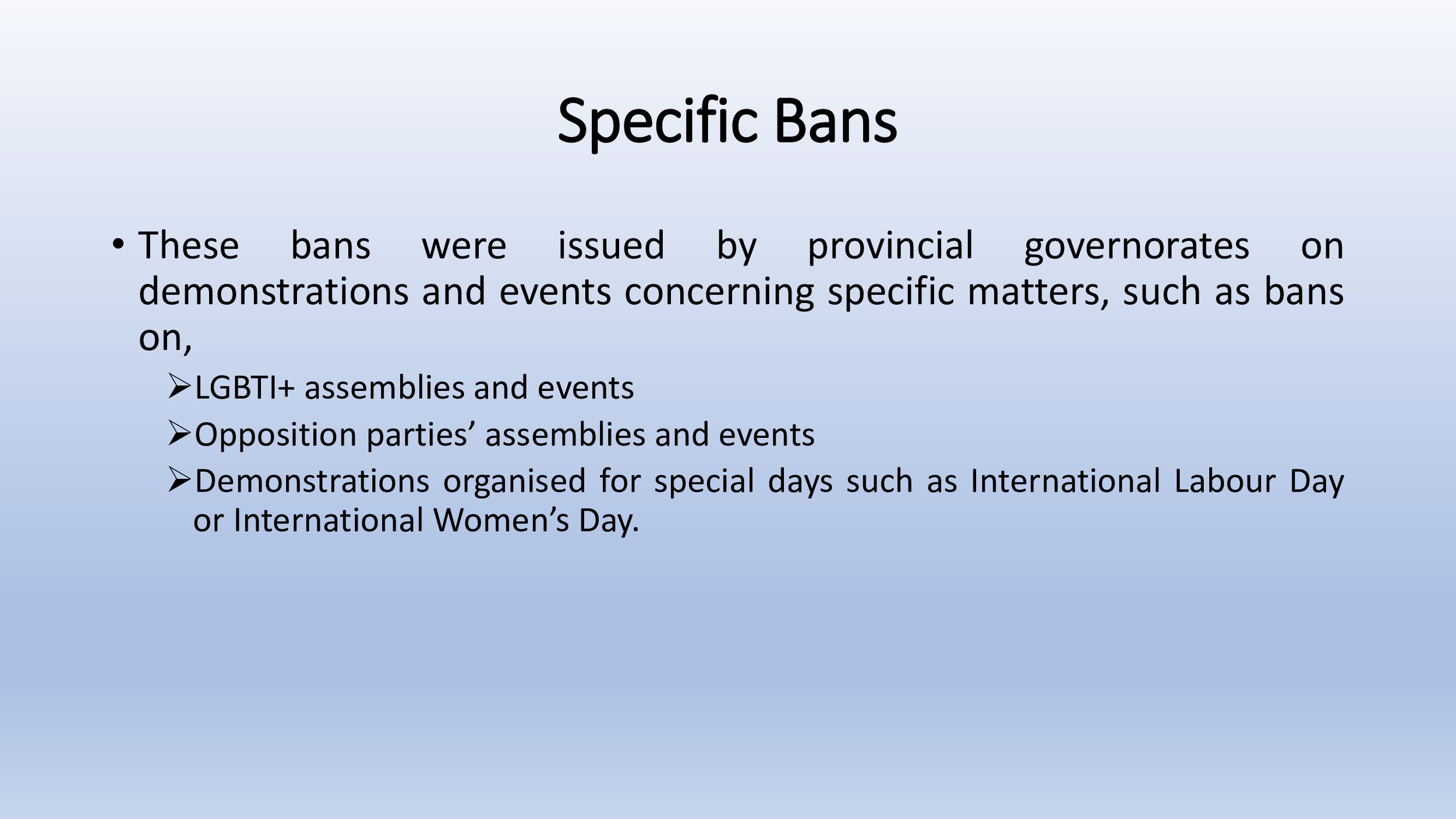
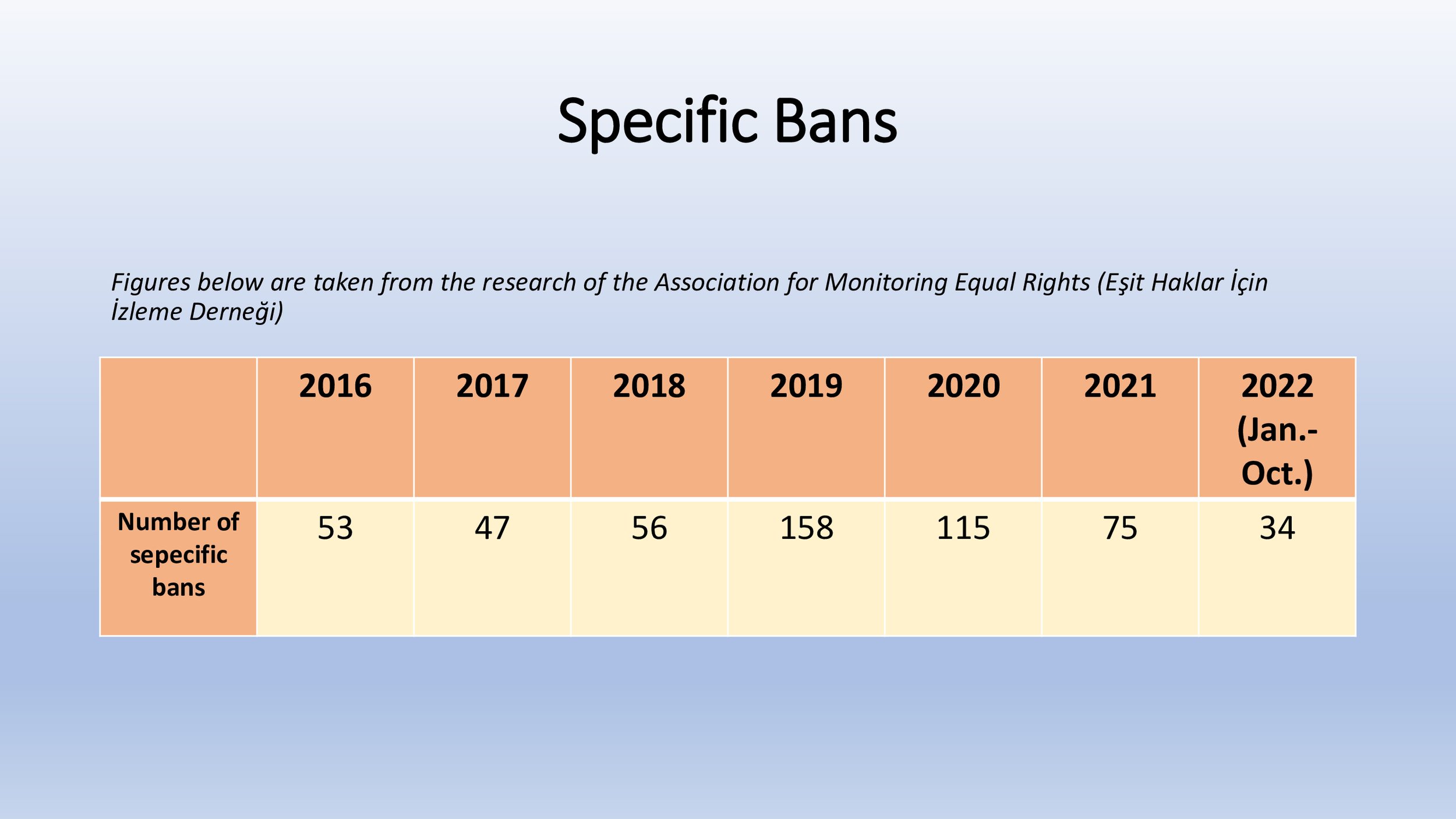
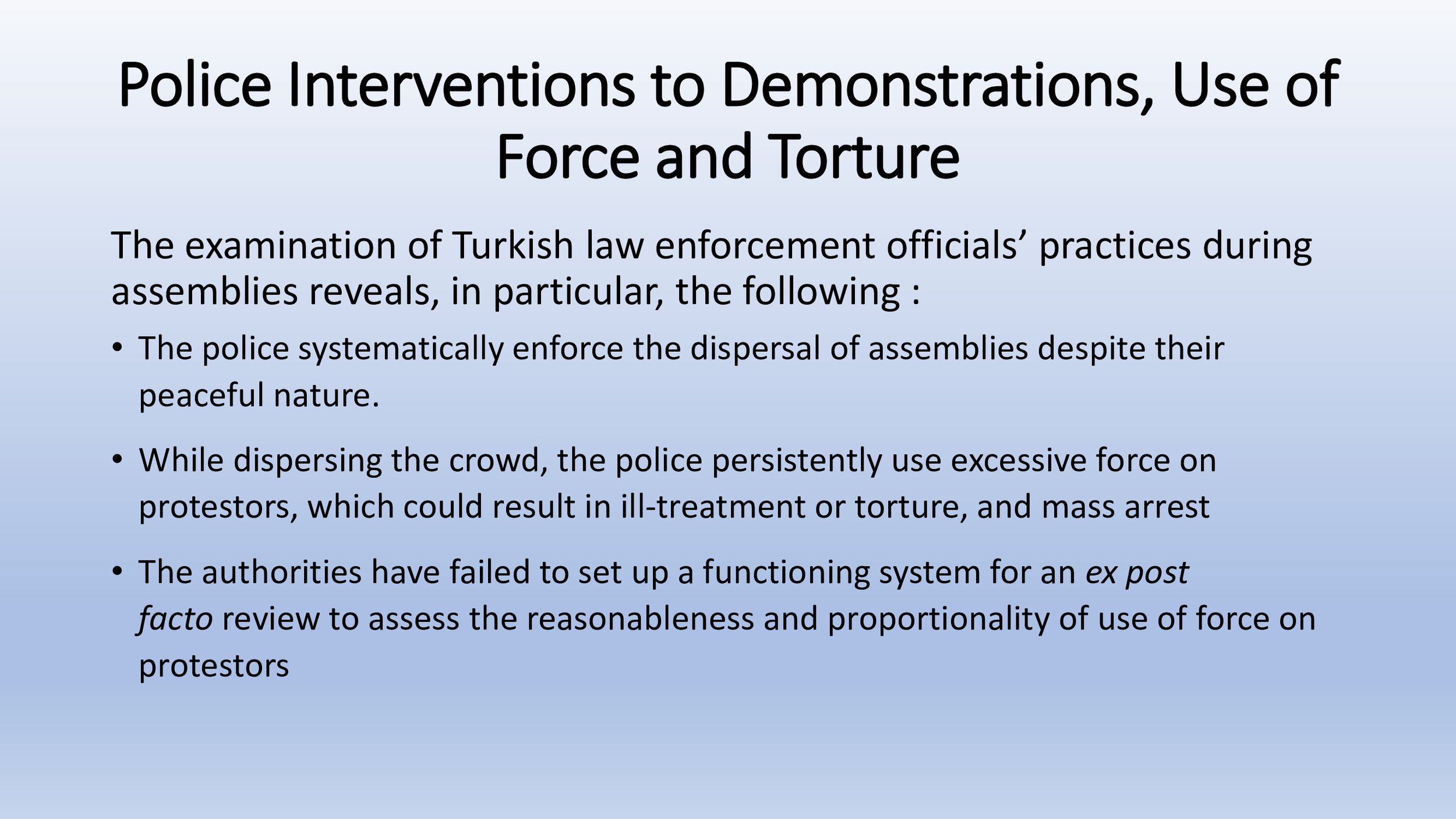
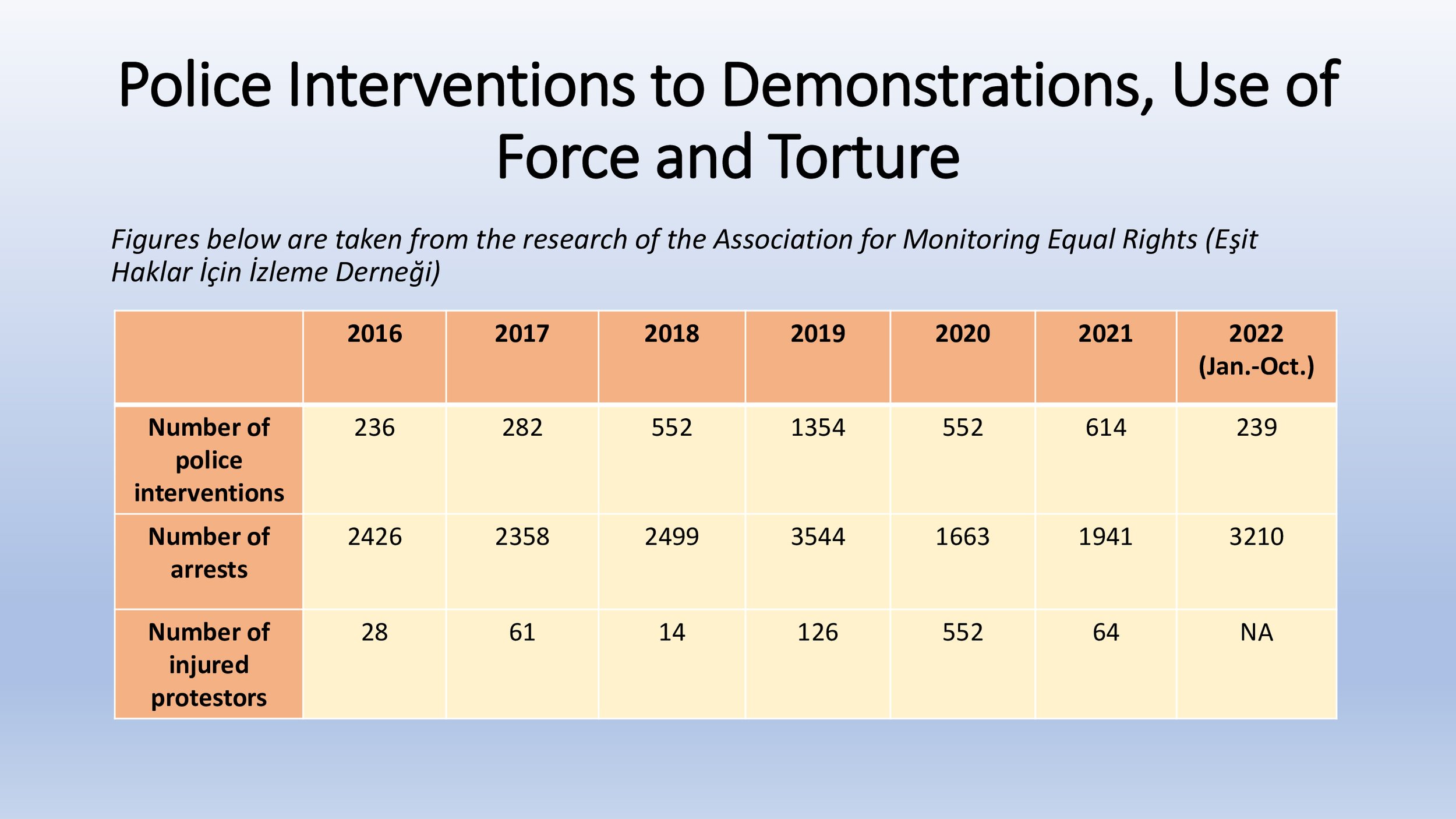

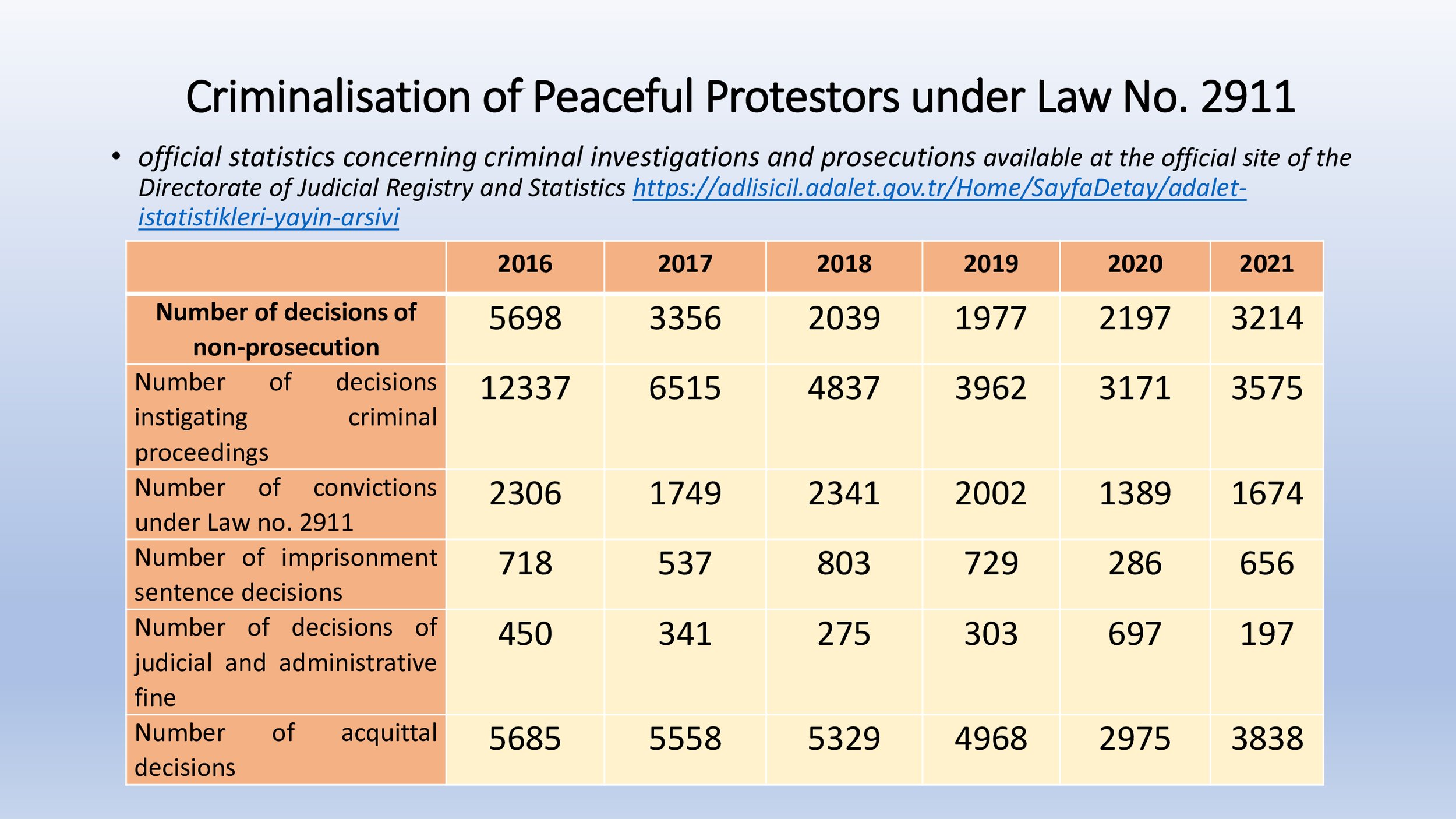
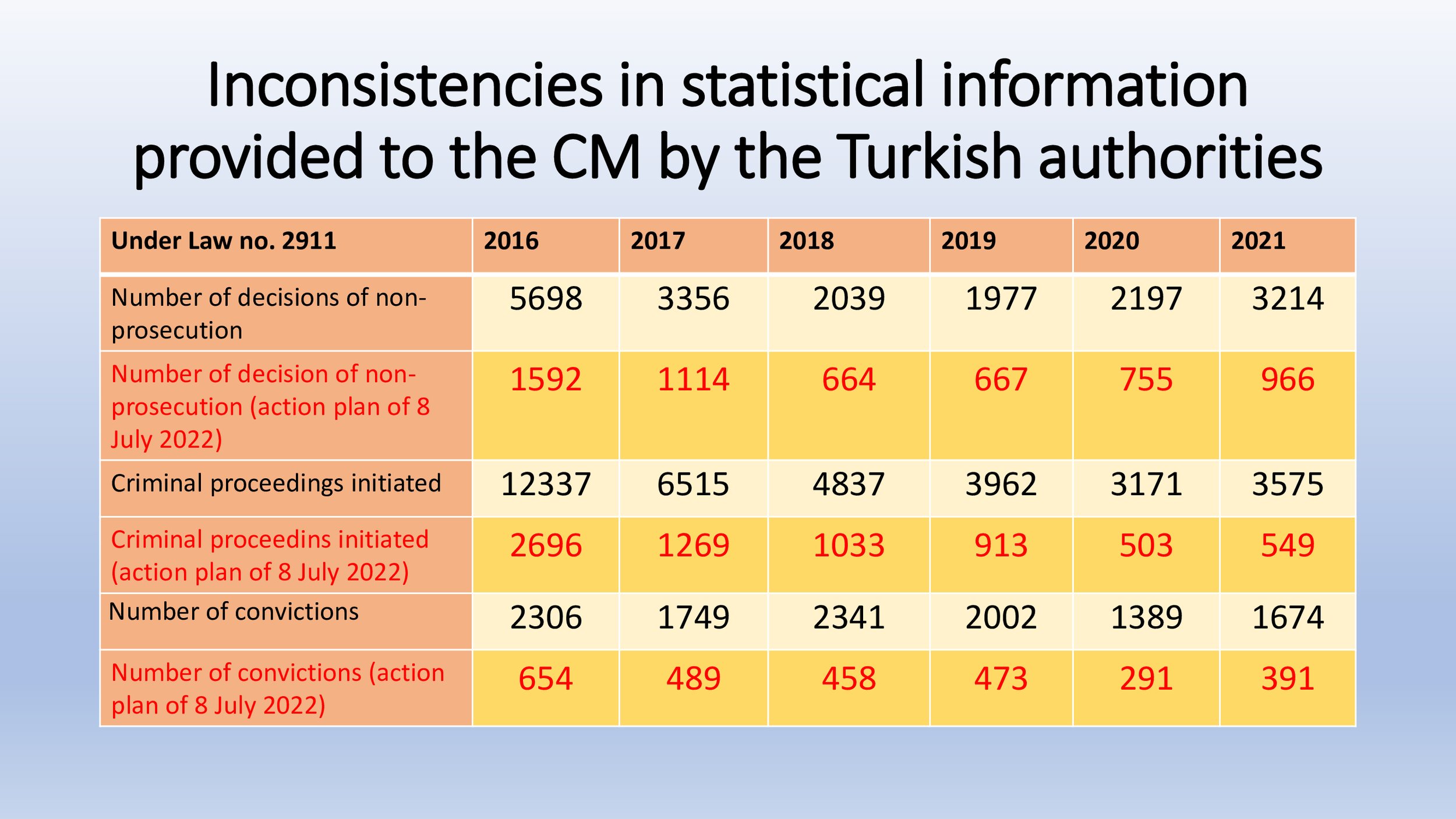
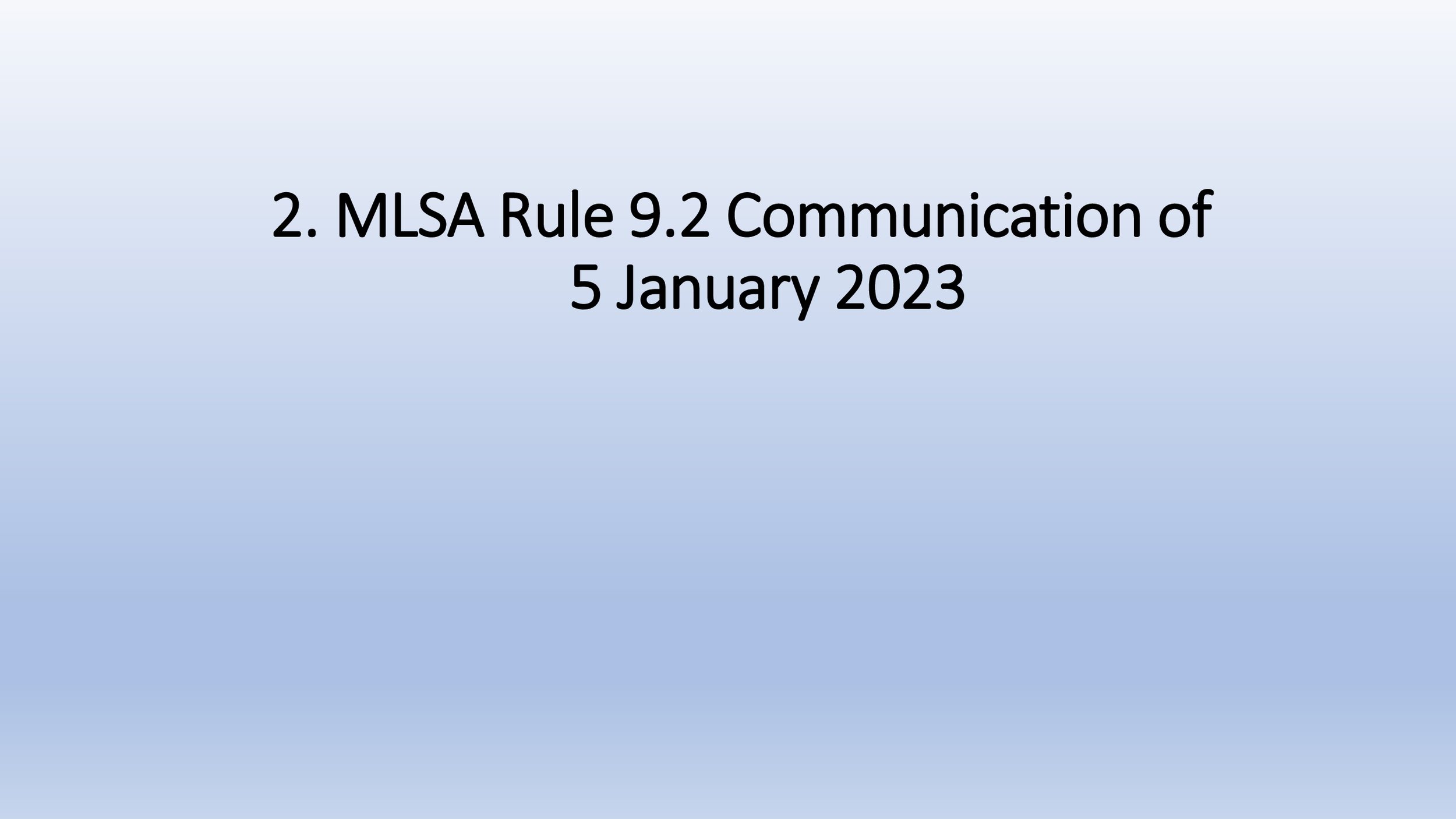
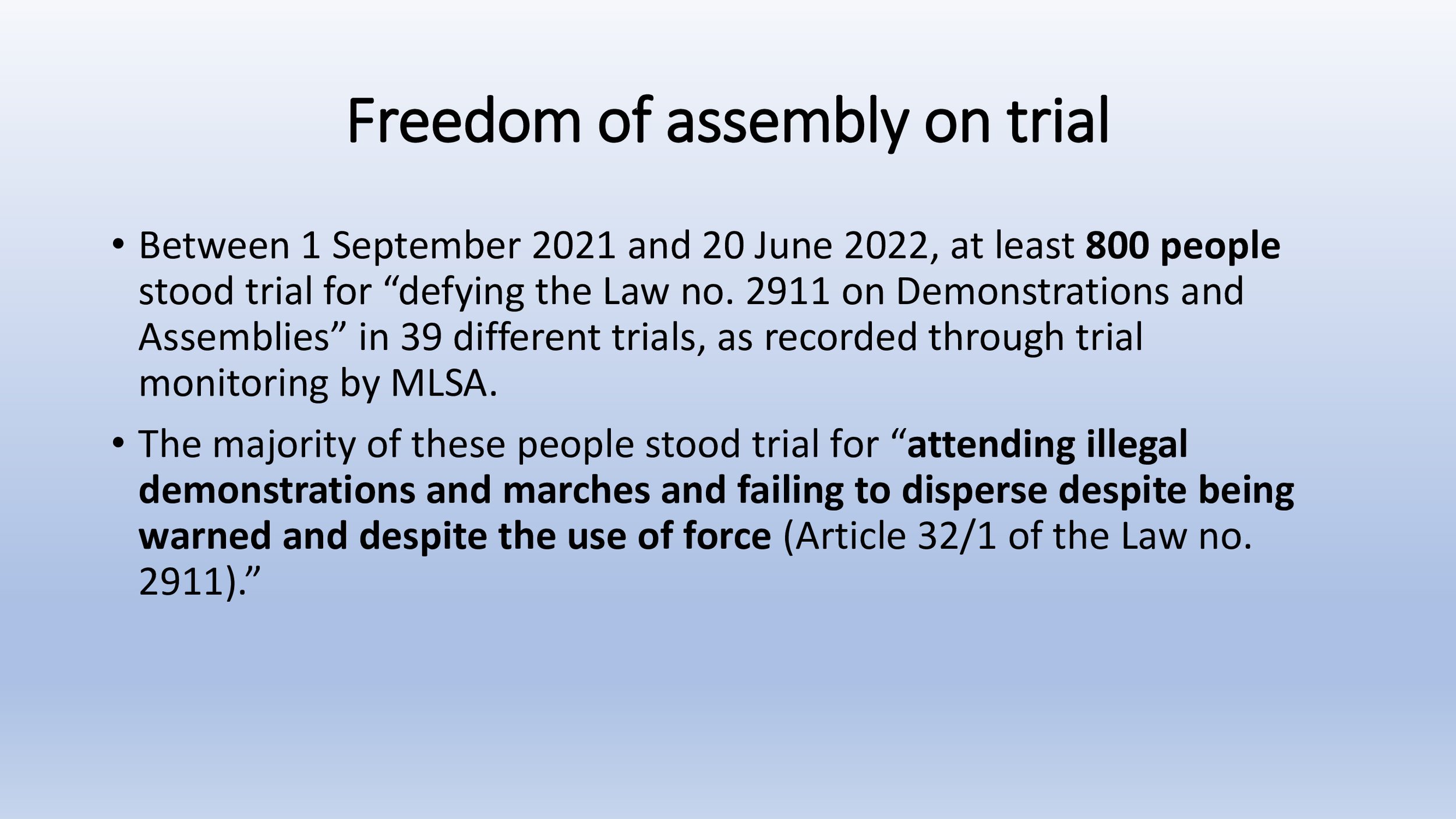
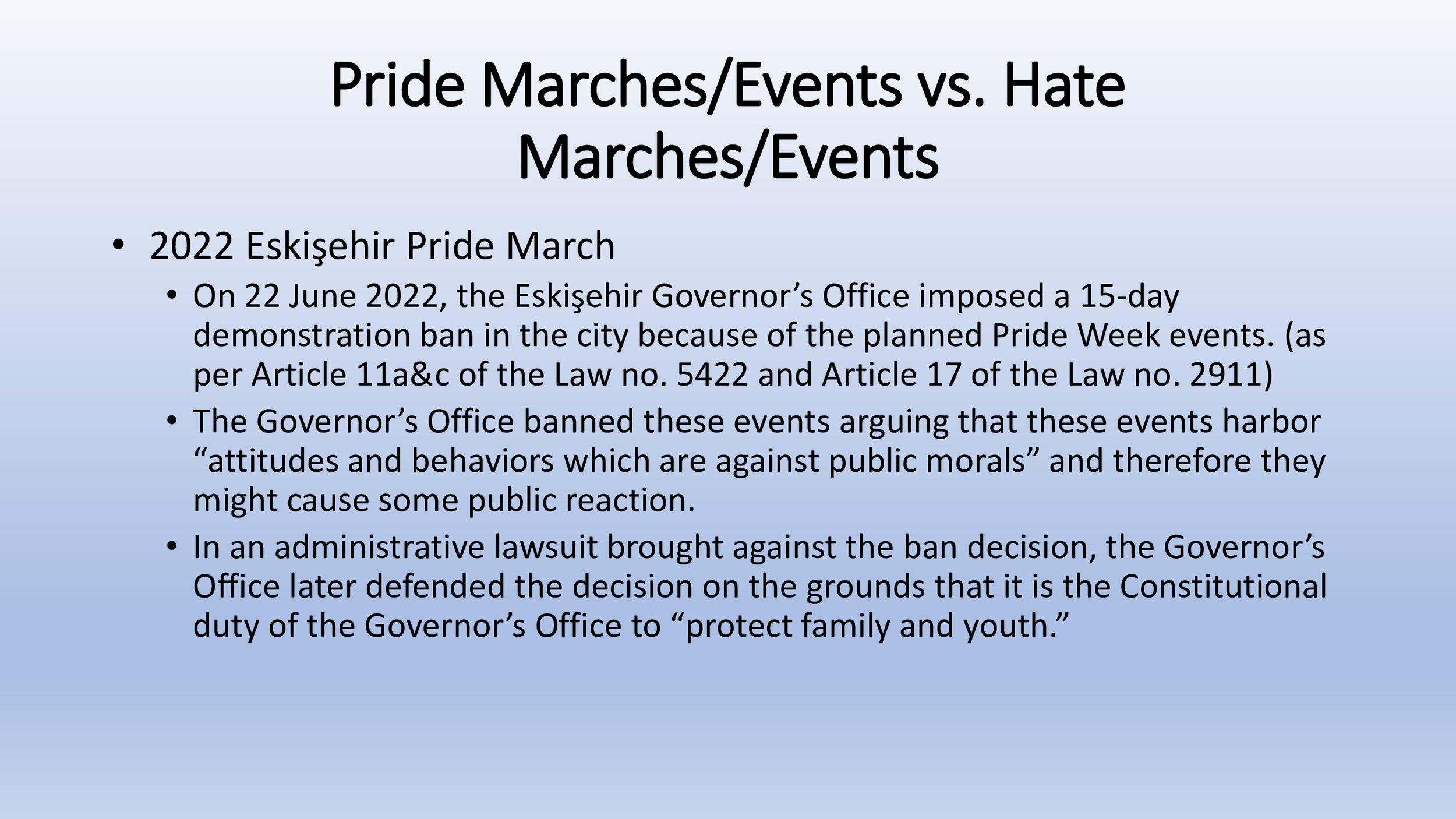

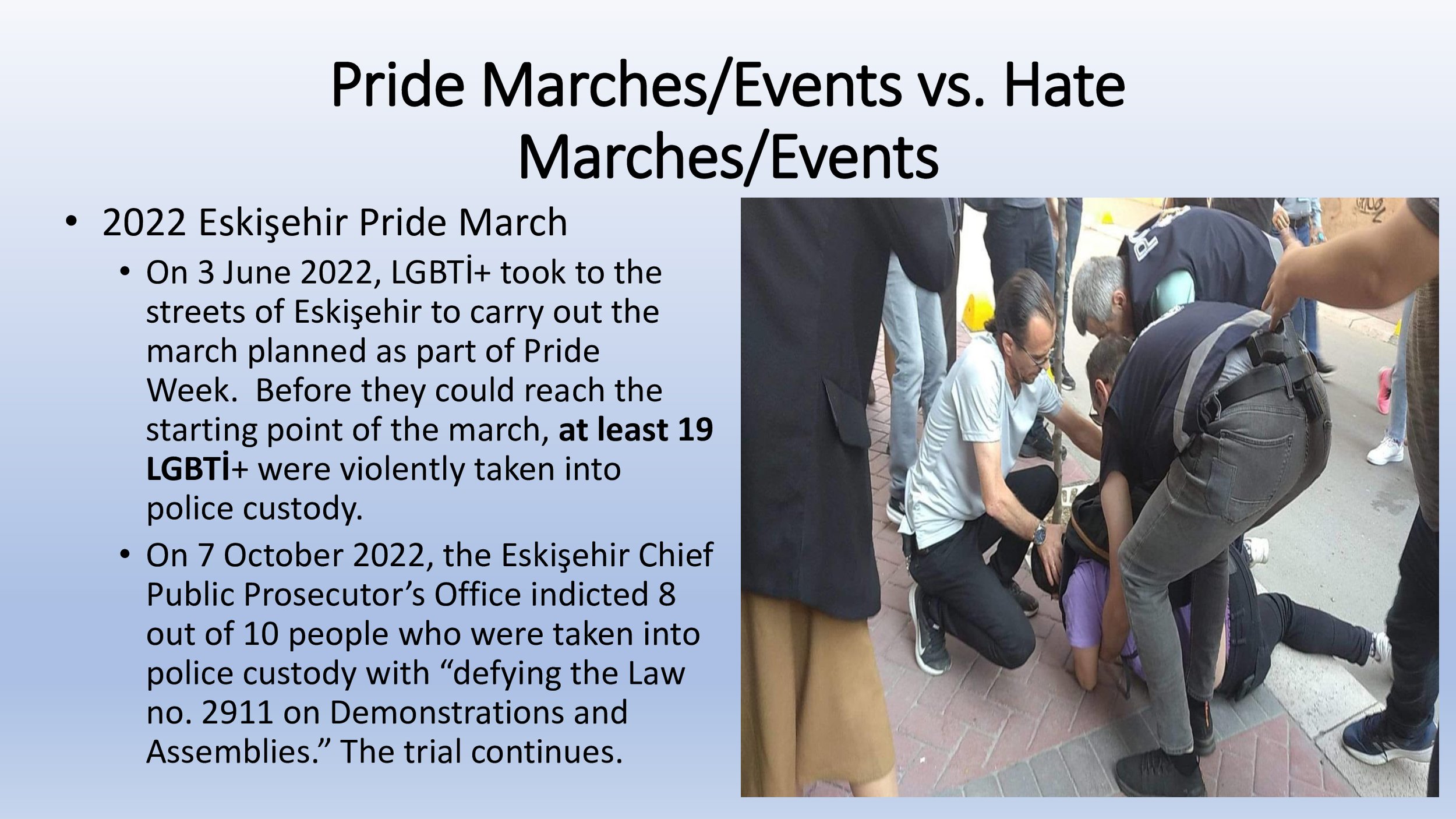
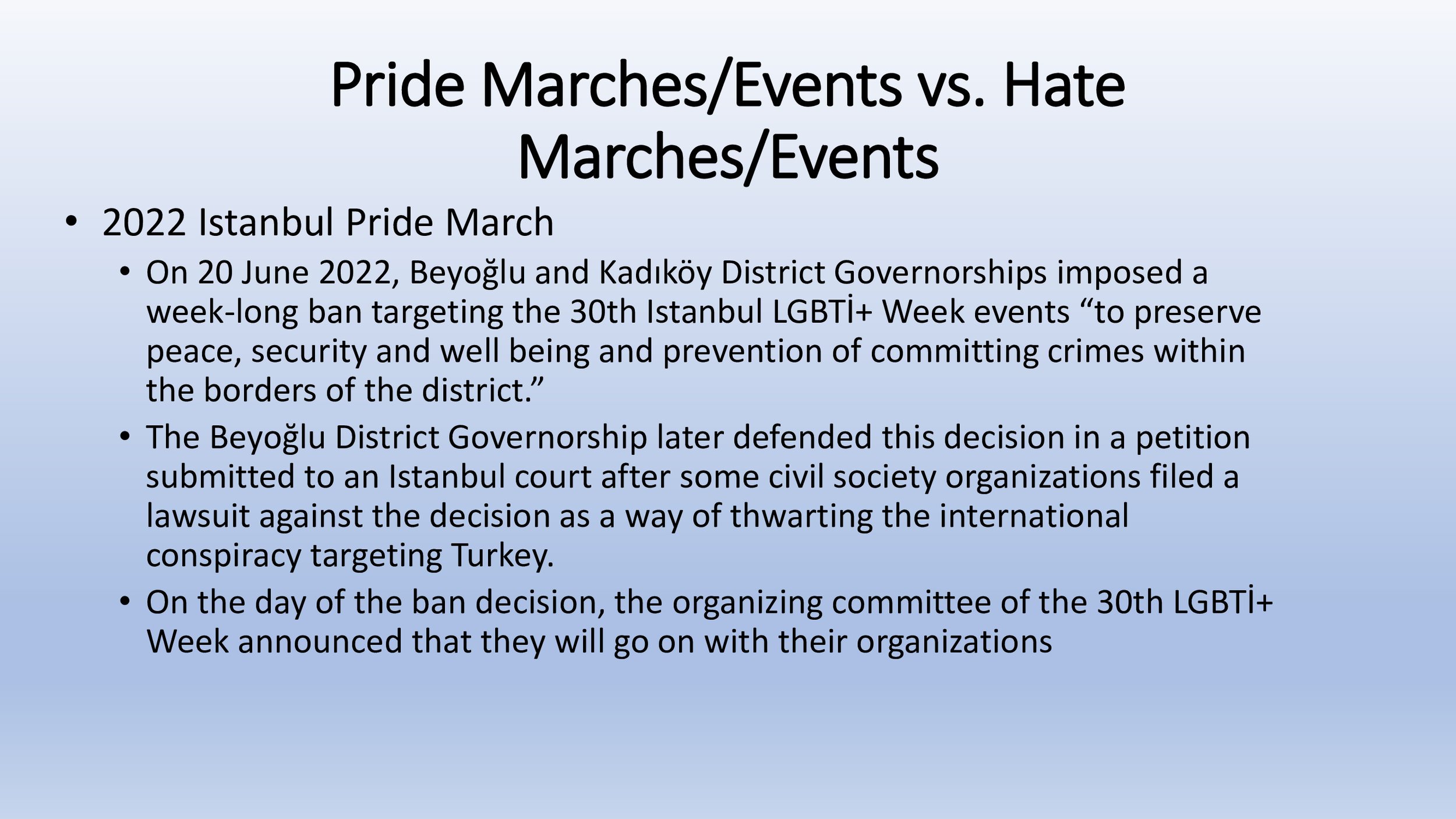
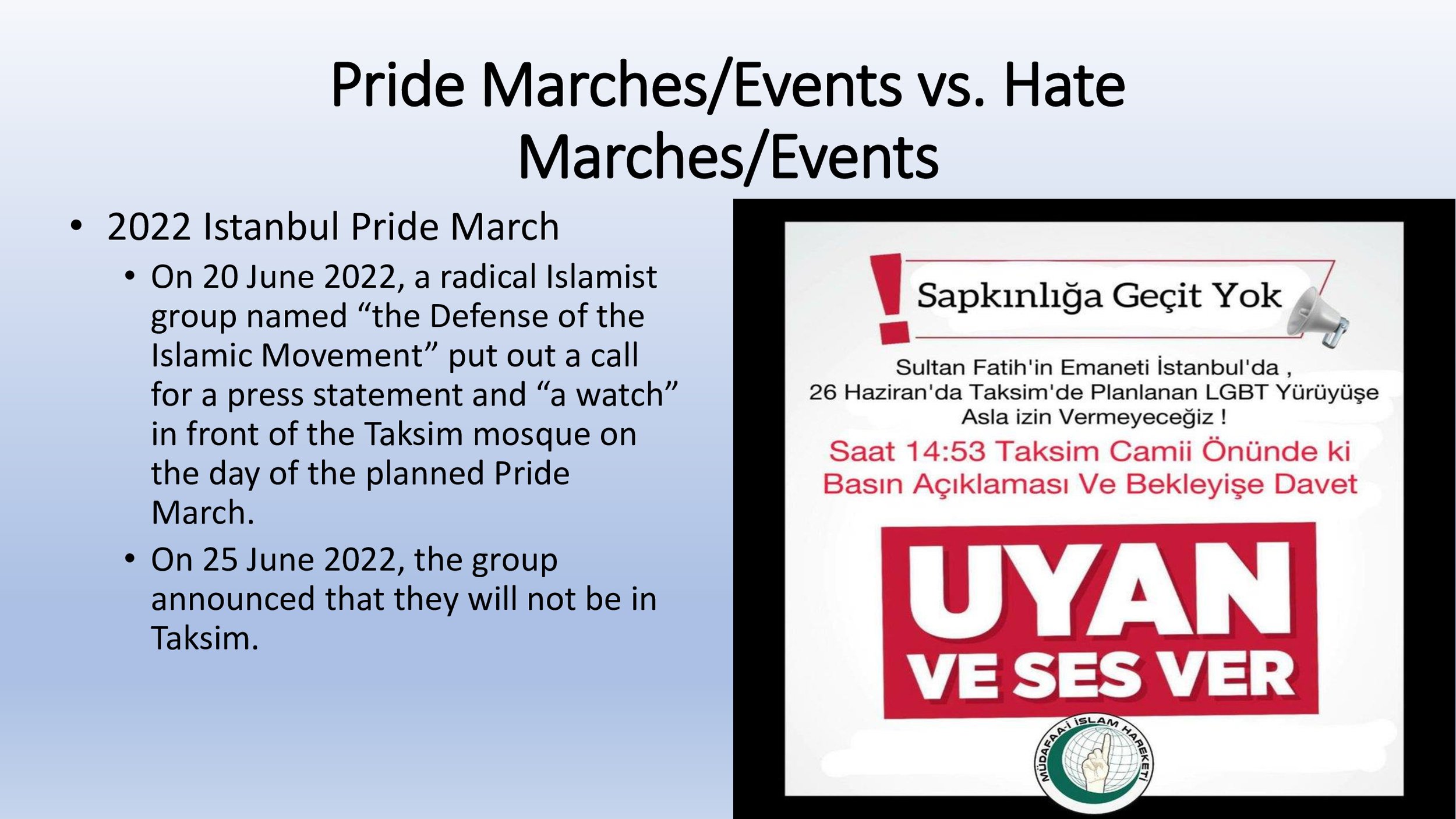
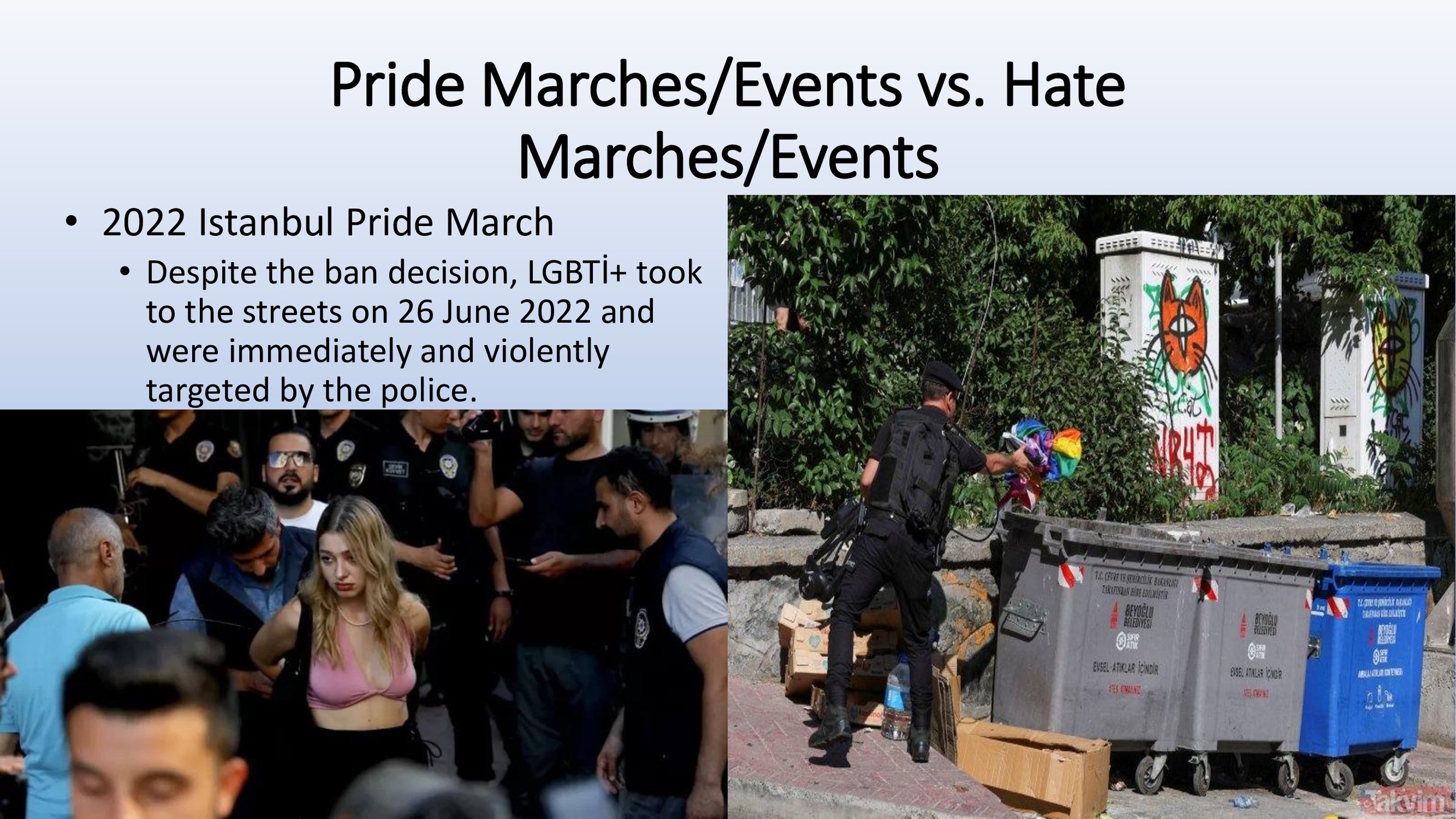
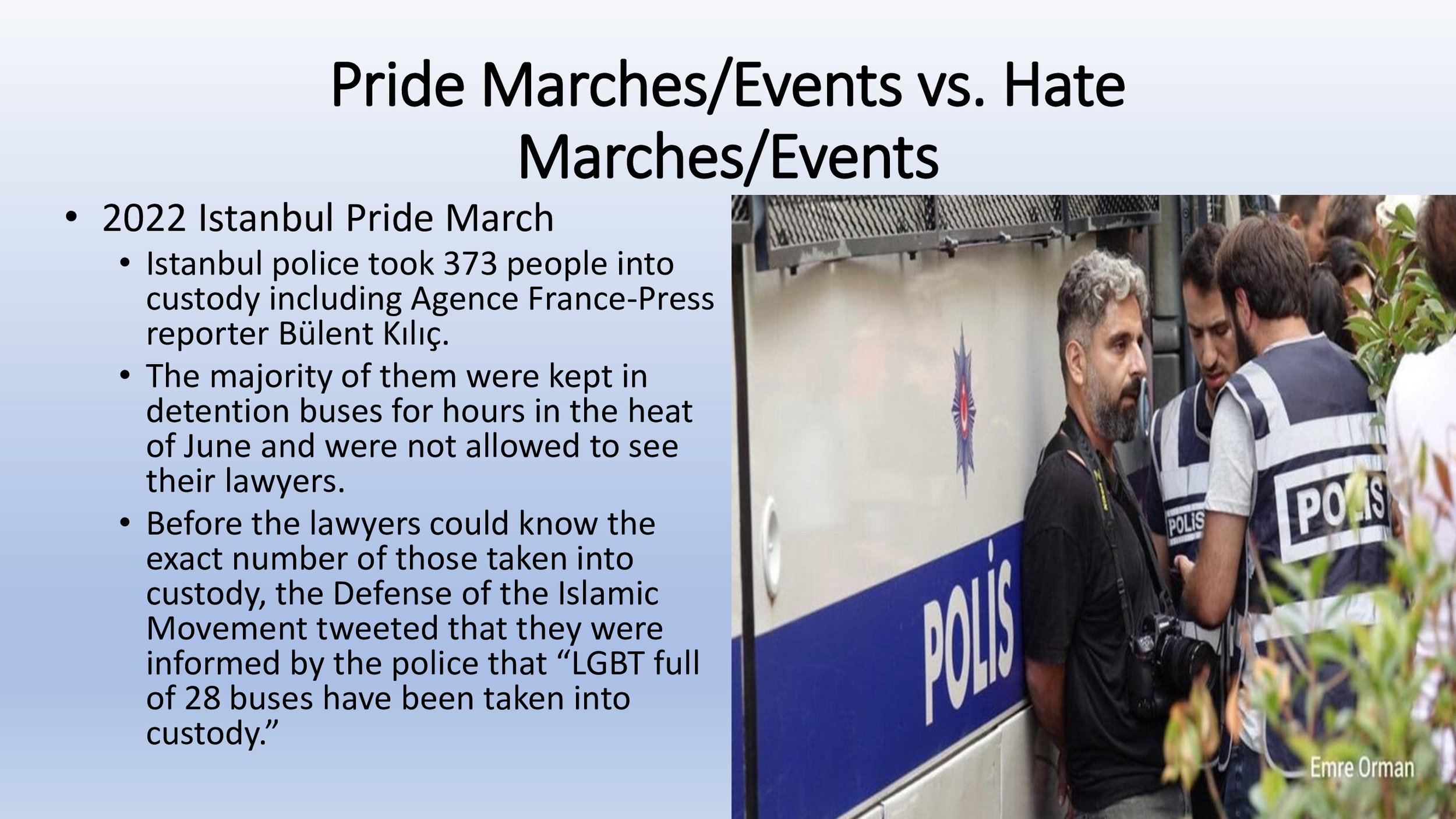
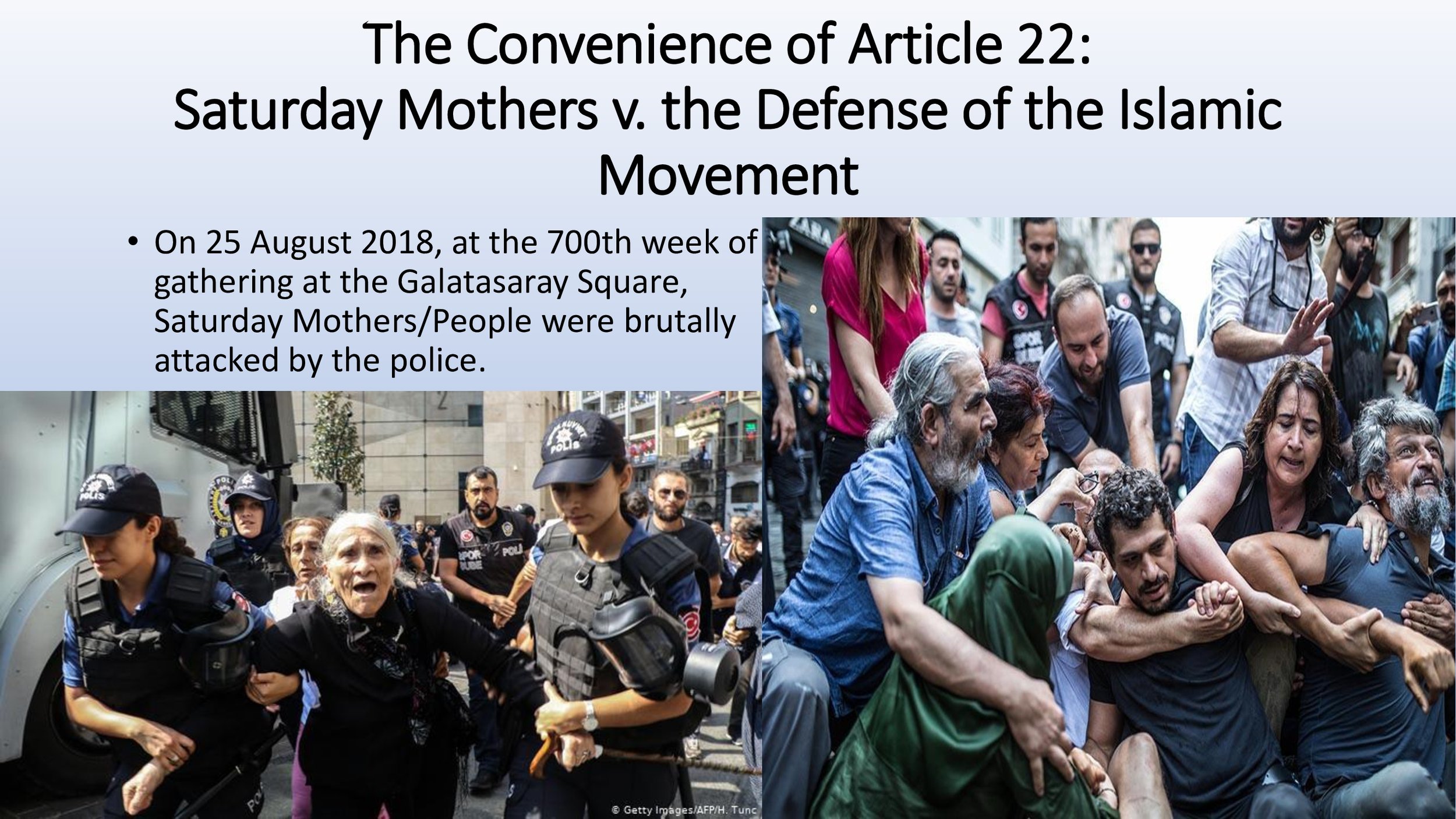
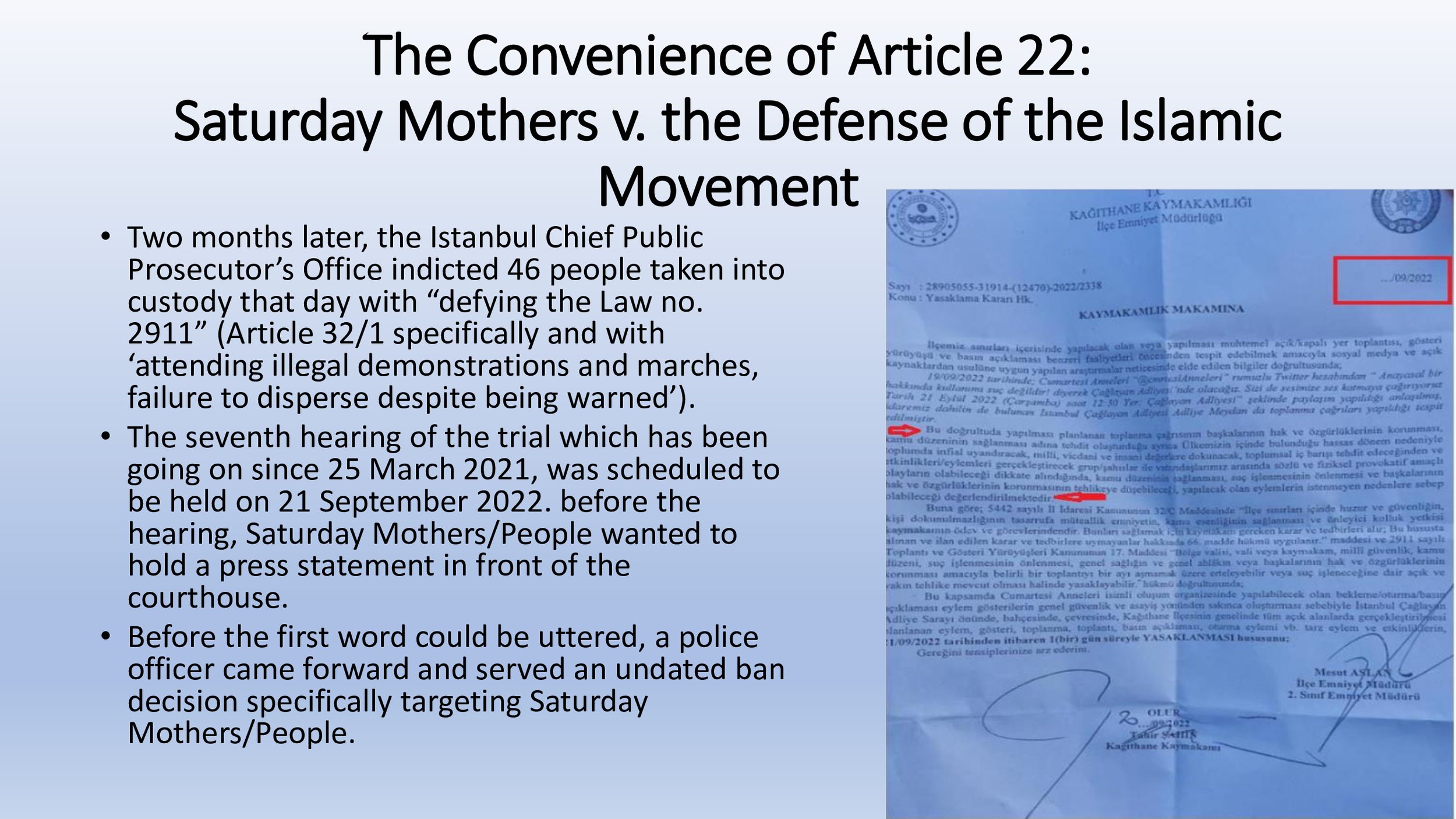
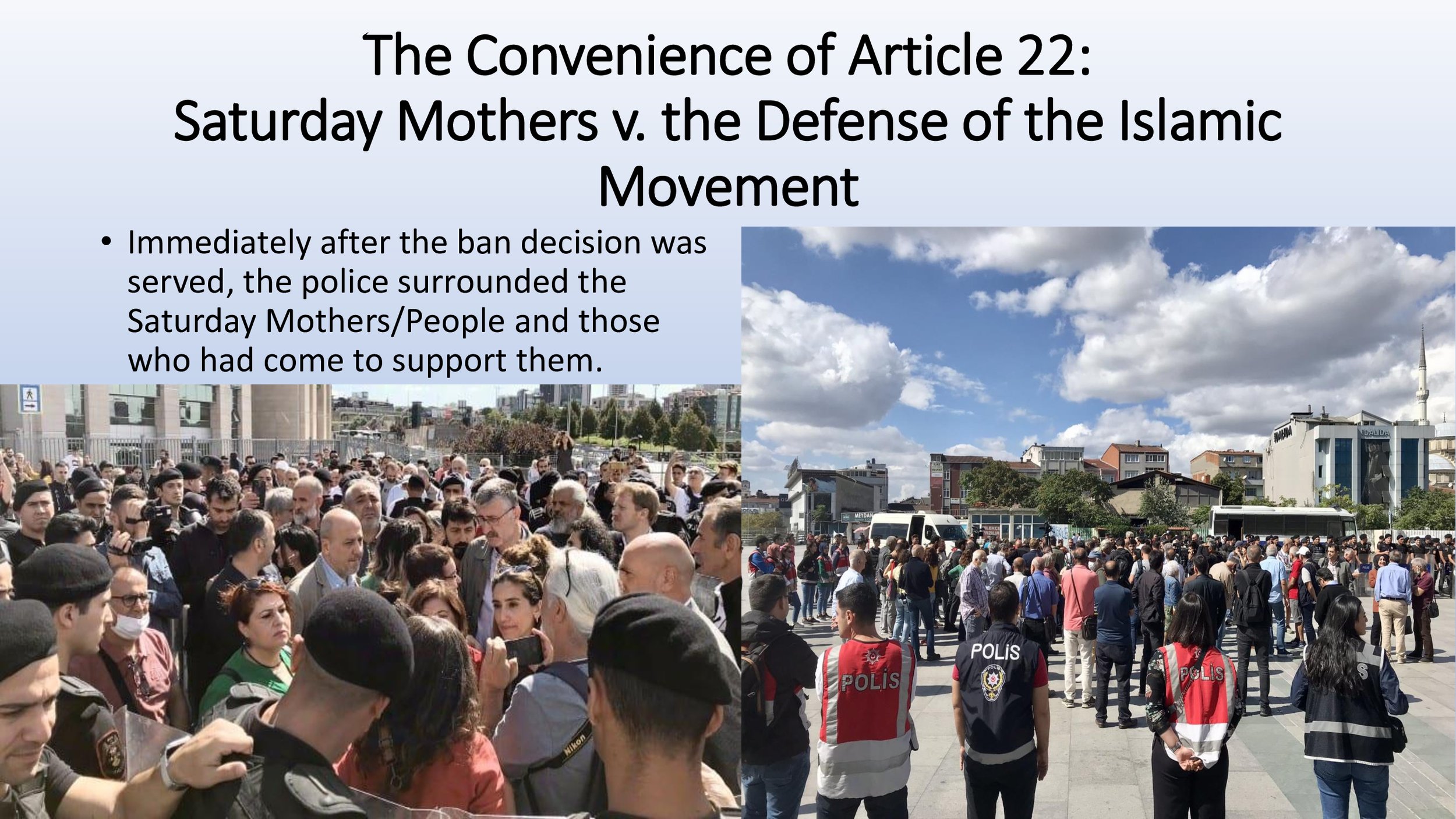
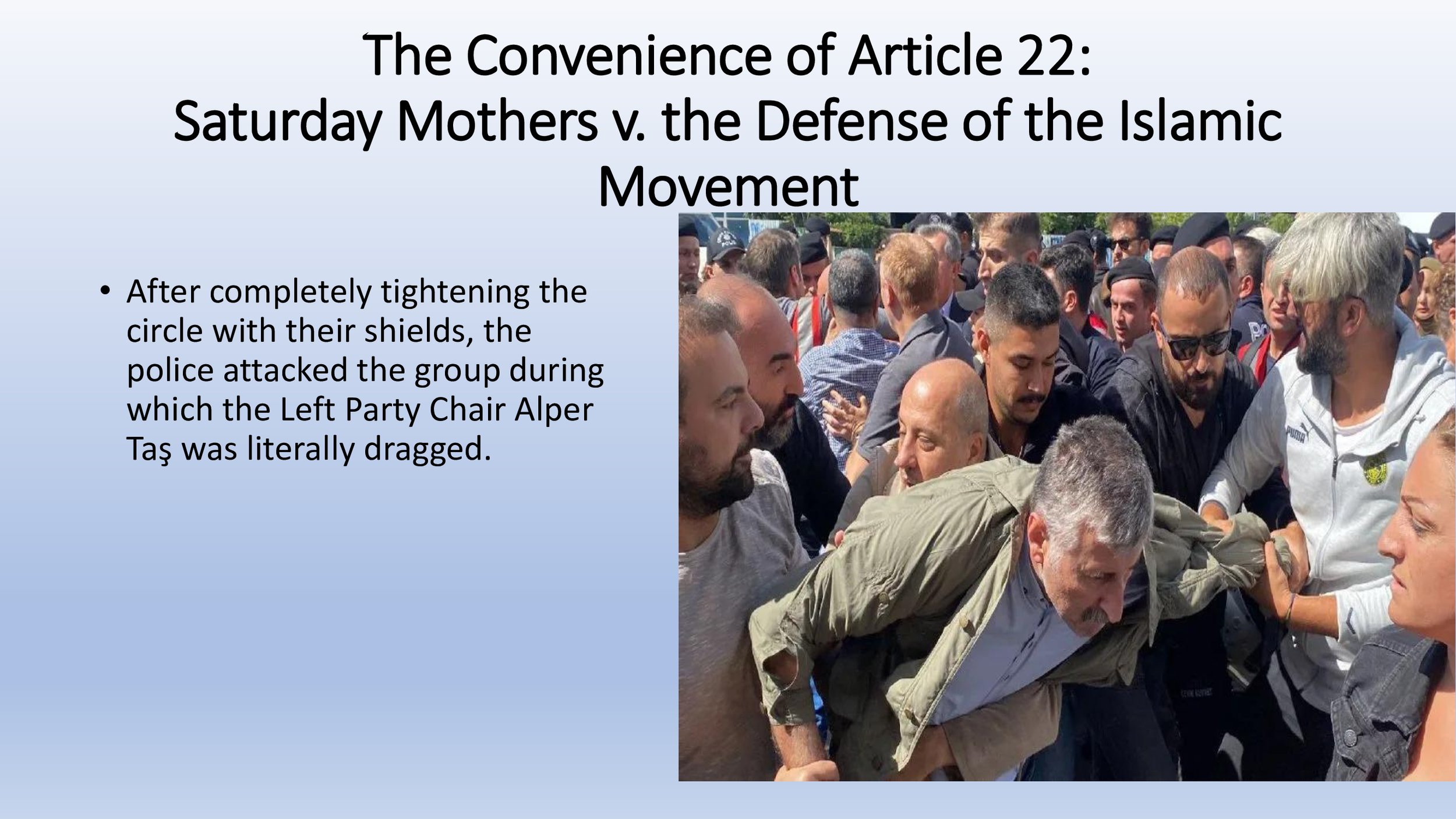
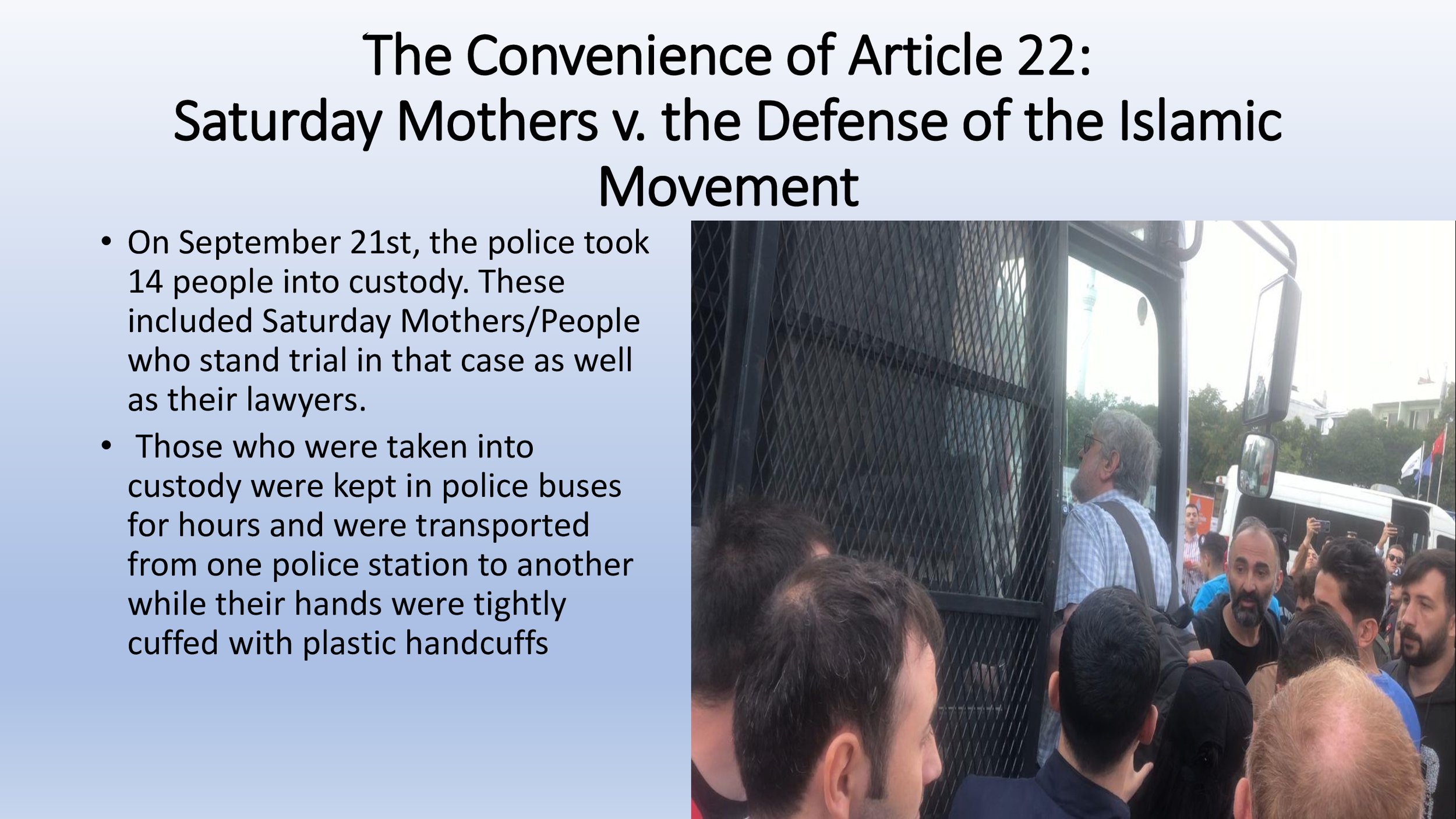
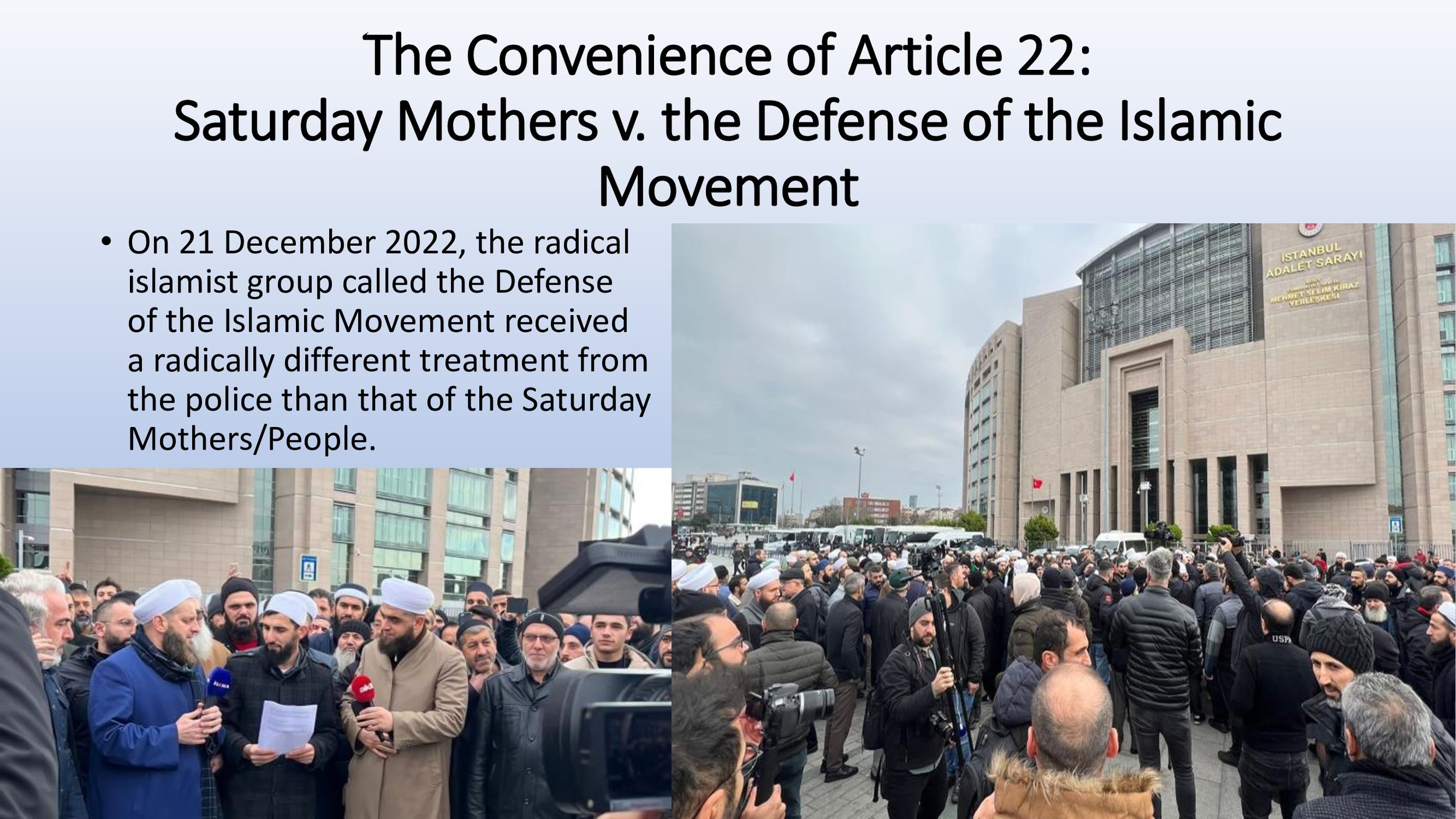
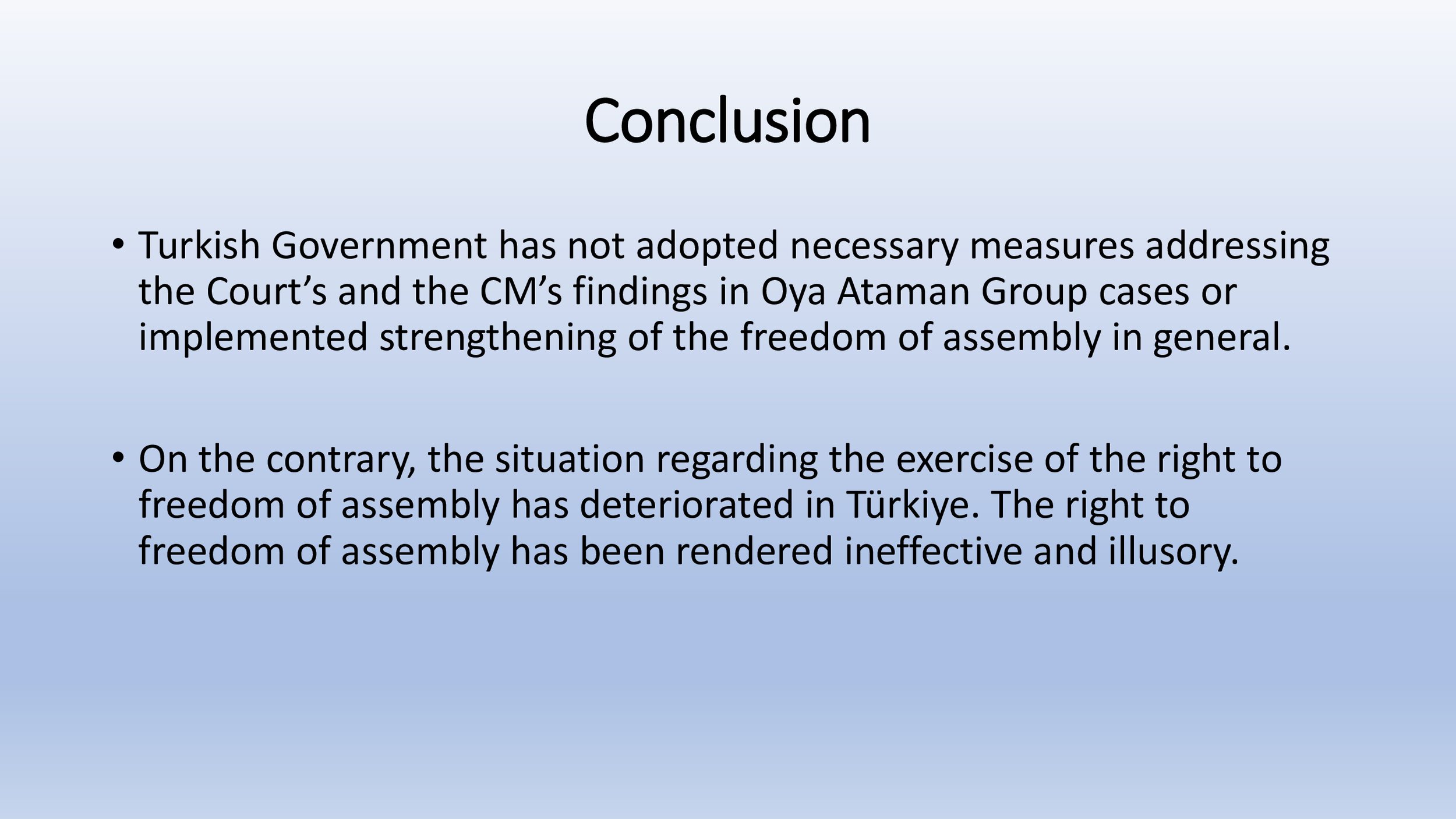
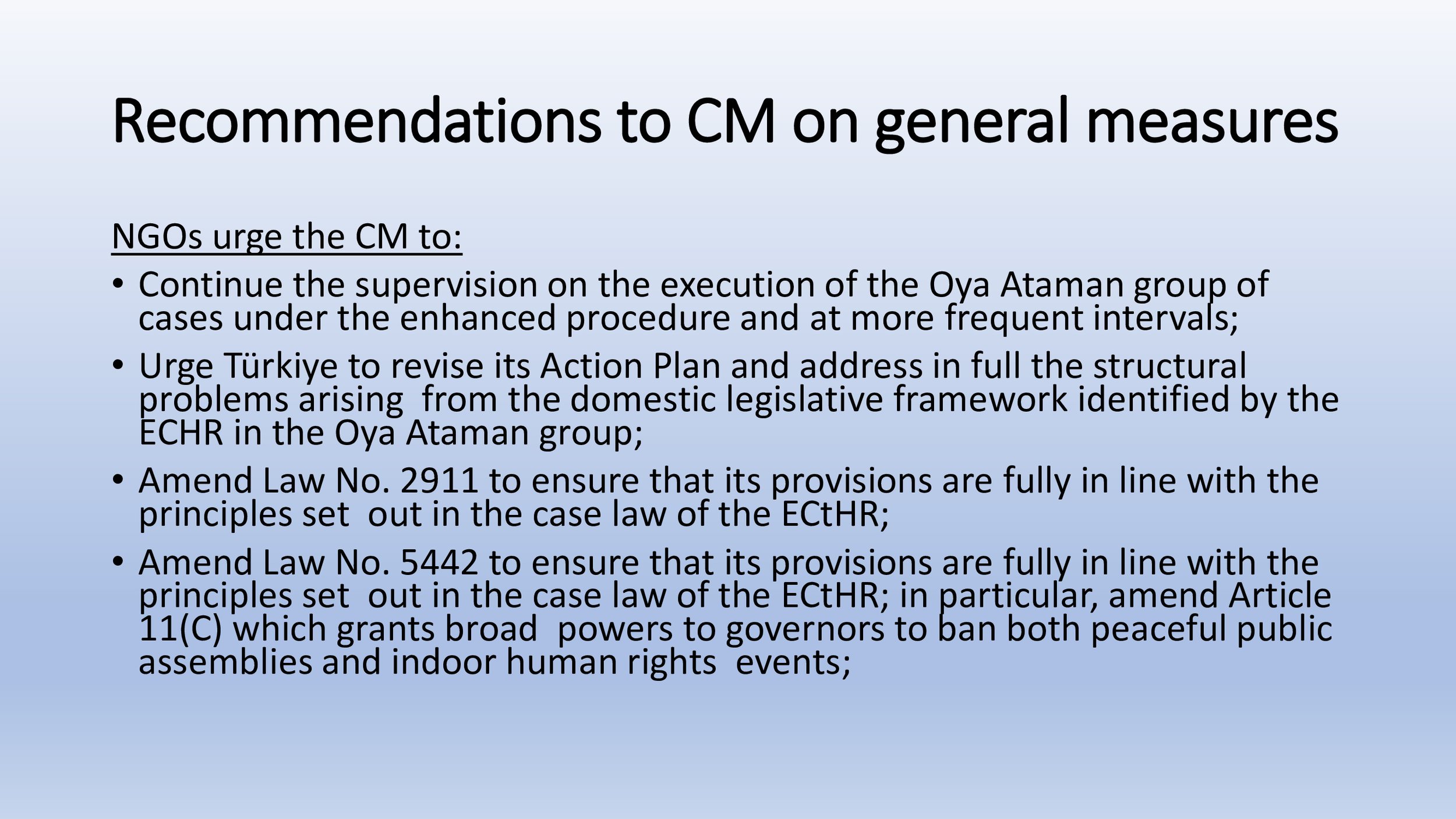
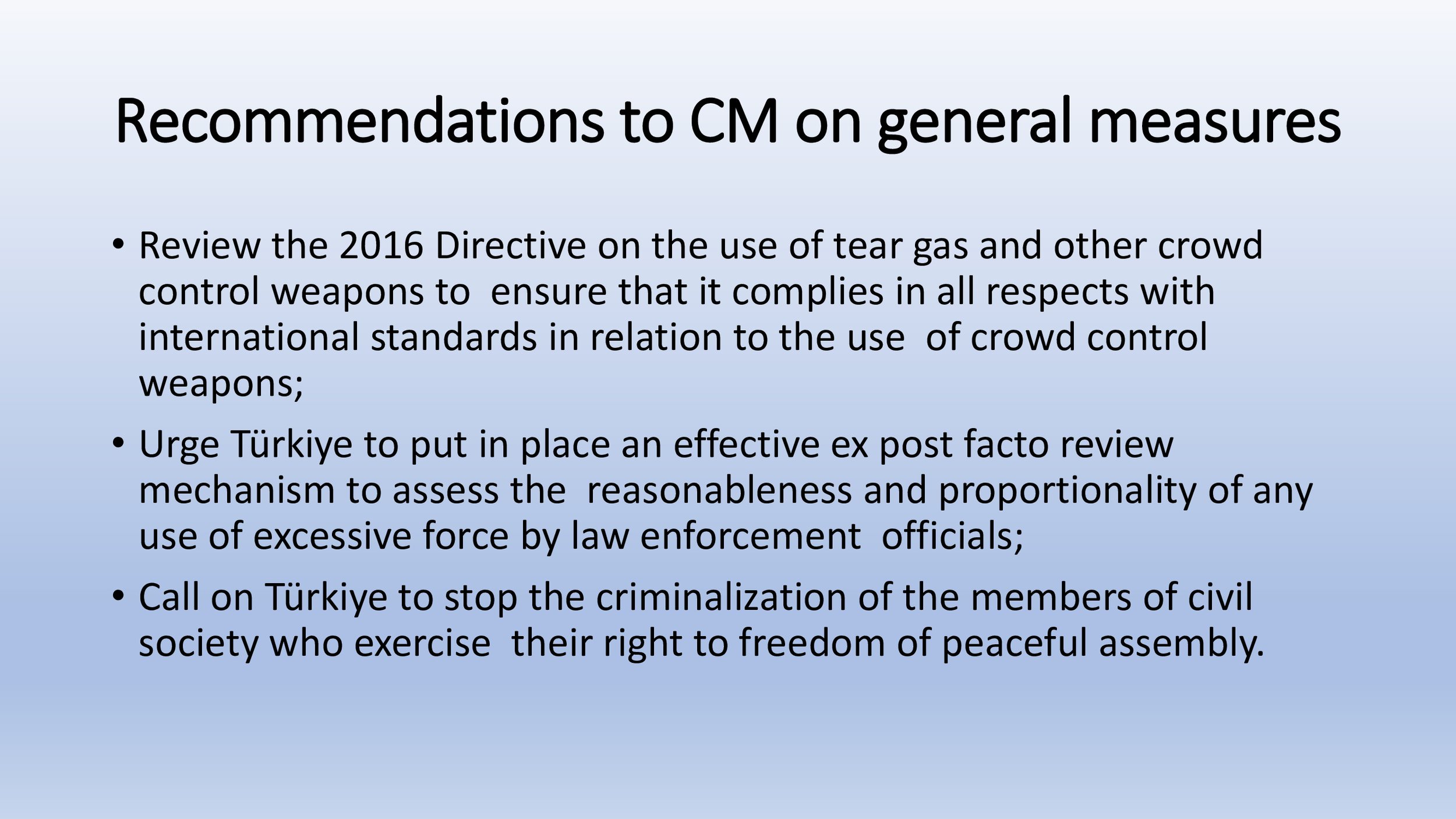
![Baka_v_Hungary_20230227[6446]-0.jpg](https://images.squarespace-cdn.com/content/v1/55815c4fe4b077ee5306577f/1677438599541-LYSGVF2DTXHRE4WRUFE8/Baka_v_Hungary_20230227%5B6446%5D-0.jpg)
![Baka_v_Hungary_20230227[6446]-1.jpg](https://images.squarespace-cdn.com/content/v1/55815c4fe4b077ee5306577f/1677438599788-8S3OR2Z7U6PE26121XE8/Baka_v_Hungary_20230227%5B6446%5D-1.jpg)
![Baka_v_Hungary_20230227[6446]-2.jpg](https://images.squarespace-cdn.com/content/v1/55815c4fe4b077ee5306577f/1677438600567-KECVN9IAOW3EWN1THGZS/Baka_v_Hungary_20230227%5B6446%5D-2.jpg)
![Baka_v_Hungary_20230227[6446]-3.jpg](https://images.squarespace-cdn.com/content/v1/55815c4fe4b077ee5306577f/1677438600758-GMJ5KQYQ8MNM1H43KZN6/Baka_v_Hungary_20230227%5B6446%5D-3.jpg)
![Baka_v_Hungary_20230227[6446]-4.jpg](https://images.squarespace-cdn.com/content/v1/55815c4fe4b077ee5306577f/1677438601558-SKWWJALM9MB4791J2H6E/Baka_v_Hungary_20230227%5B6446%5D-4.jpg)
![Baka_v_Hungary_20230227[6446]-5.jpg](https://images.squarespace-cdn.com/content/v1/55815c4fe4b077ee5306577f/1677438602251-WW7IBHLI1TNCZQ0ON7KZ/Baka_v_Hungary_20230227%5B6446%5D-5.jpg)
![Baka_v_Hungary_20230227[6446]-6.jpg](https://images.squarespace-cdn.com/content/v1/55815c4fe4b077ee5306577f/1677438602515-0WOQMB95ZN93DST209TG/Baka_v_Hungary_20230227%5B6446%5D-6.jpg)
![Baka_v_Hungary_20230227[6446]-7.jpg](https://images.squarespace-cdn.com/content/v1/55815c4fe4b077ee5306577f/1677438603213-3HYQW6MDVSY0OH3LHD7Y/Baka_v_Hungary_20230227%5B6446%5D-7.jpg)
![Baka_v_Hungary_20230227[6446]-8.jpg](https://images.squarespace-cdn.com/content/v1/55815c4fe4b077ee5306577f/1677438603505-BD80YZ0E7CPYVFU0AQFR/Baka_v_Hungary_20230227%5B6446%5D-8.jpg)
![Baka_v_Hungary_20230227[6446]-9.jpg](https://images.squarespace-cdn.com/content/v1/55815c4fe4b077ee5306577f/1677438604225-VN6ZM0WK6UYJSDBFDEOW/Baka_v_Hungary_20230227%5B6446%5D-9.jpg)
![Baka_v_Hungary_20230227[6446]-10.jpg](https://images.squarespace-cdn.com/content/v1/55815c4fe4b077ee5306577f/1677438604435-6KTLCZ4M7SDUQ2VSEHYN/Baka_v_Hungary_20230227%5B6446%5D-10.jpg)
![Baka_v_Hungary_20230227[6446]-11.jpg](https://images.squarespace-cdn.com/content/v1/55815c4fe4b077ee5306577f/1677438605177-BF9NGIGWO96ZURPYW6PI/Baka_v_Hungary_20230227%5B6446%5D-11.jpg)
![Baka_v_Hungary_20230227[6446]-12.jpg](https://images.squarespace-cdn.com/content/v1/55815c4fe4b077ee5306577f/1677438605319-6Y41XXWHQAY717HNIGVZ/Baka_v_Hungary_20230227%5B6446%5D-12.jpg)
![Baka_v_Hungary_20230227[6446]-13.jpg](https://images.squarespace-cdn.com/content/v1/55815c4fe4b077ee5306577f/1677438606182-MKPUZHM3JZ45I718VTKA/Baka_v_Hungary_20230227%5B6446%5D-13.jpg)
